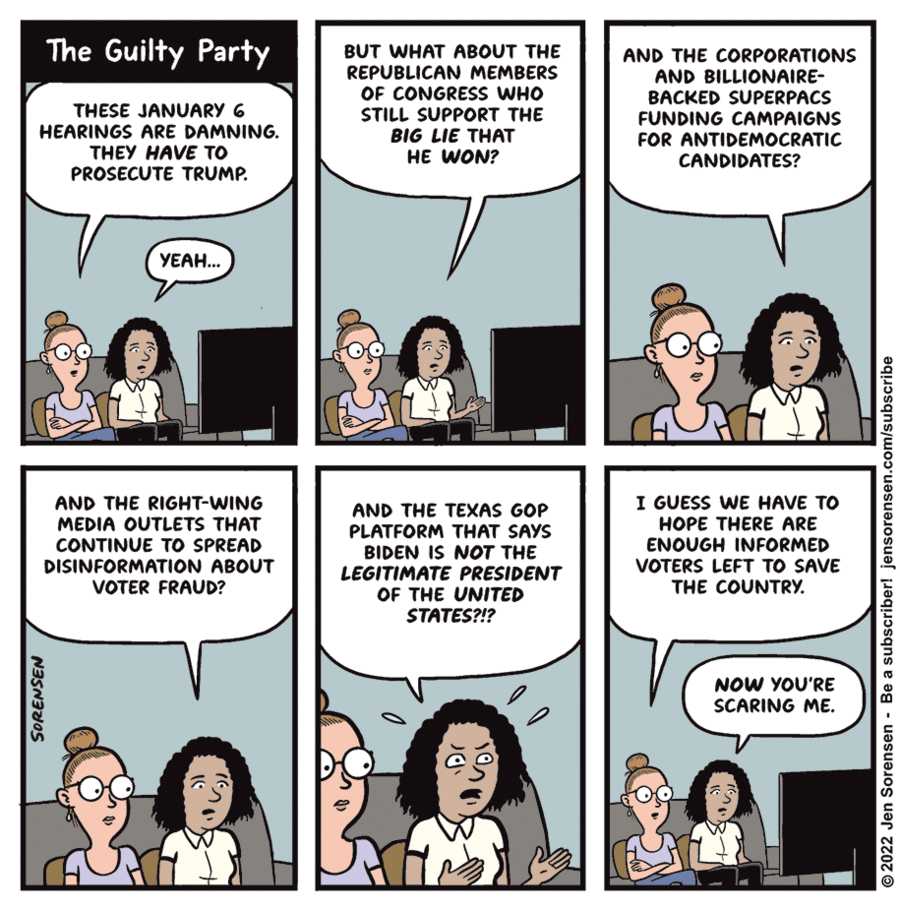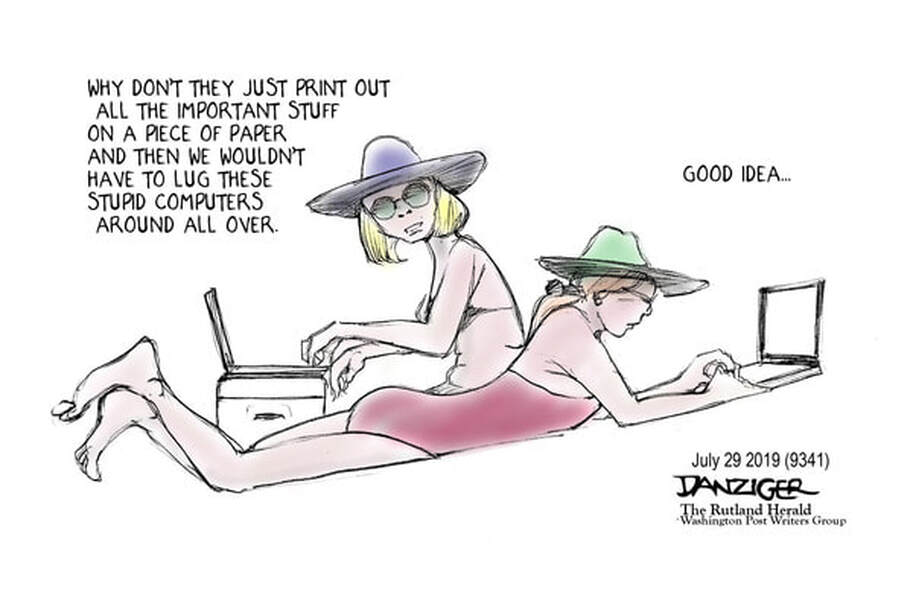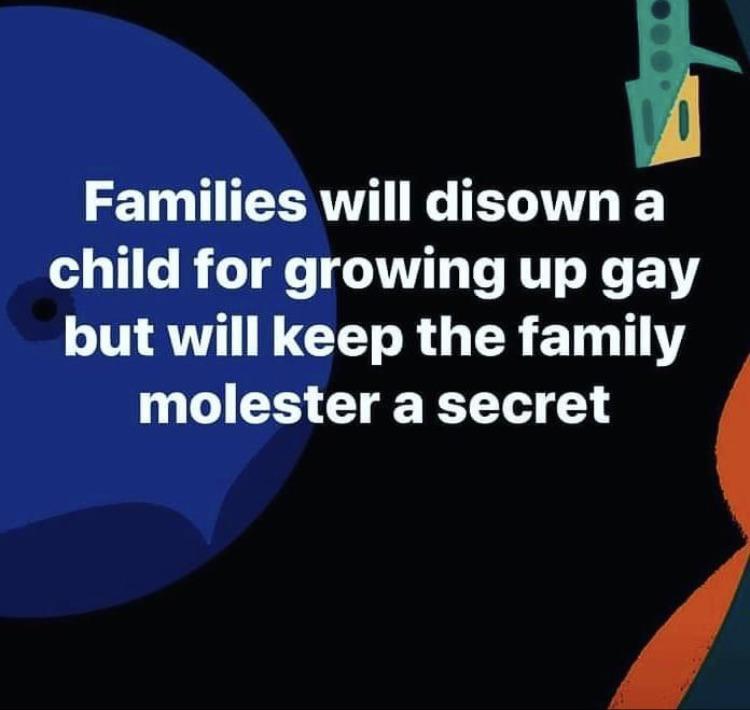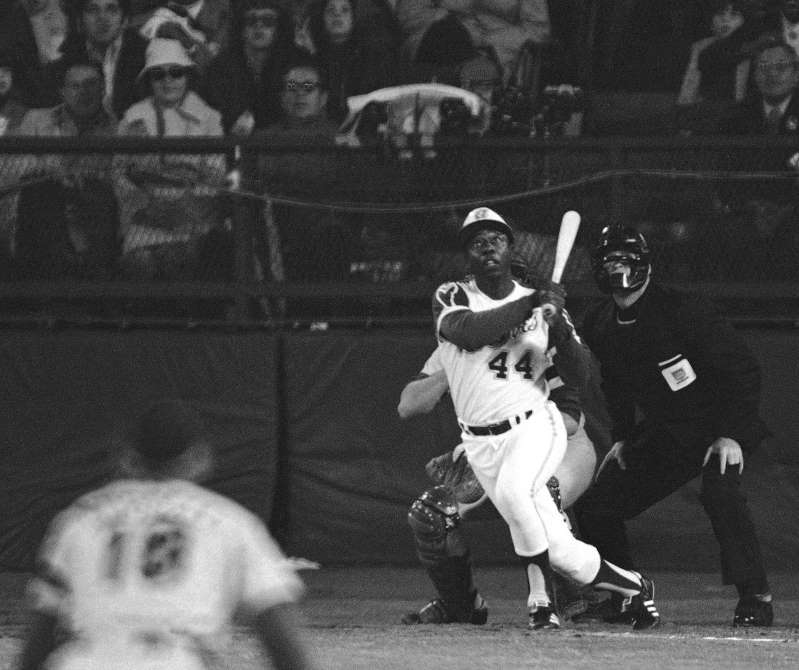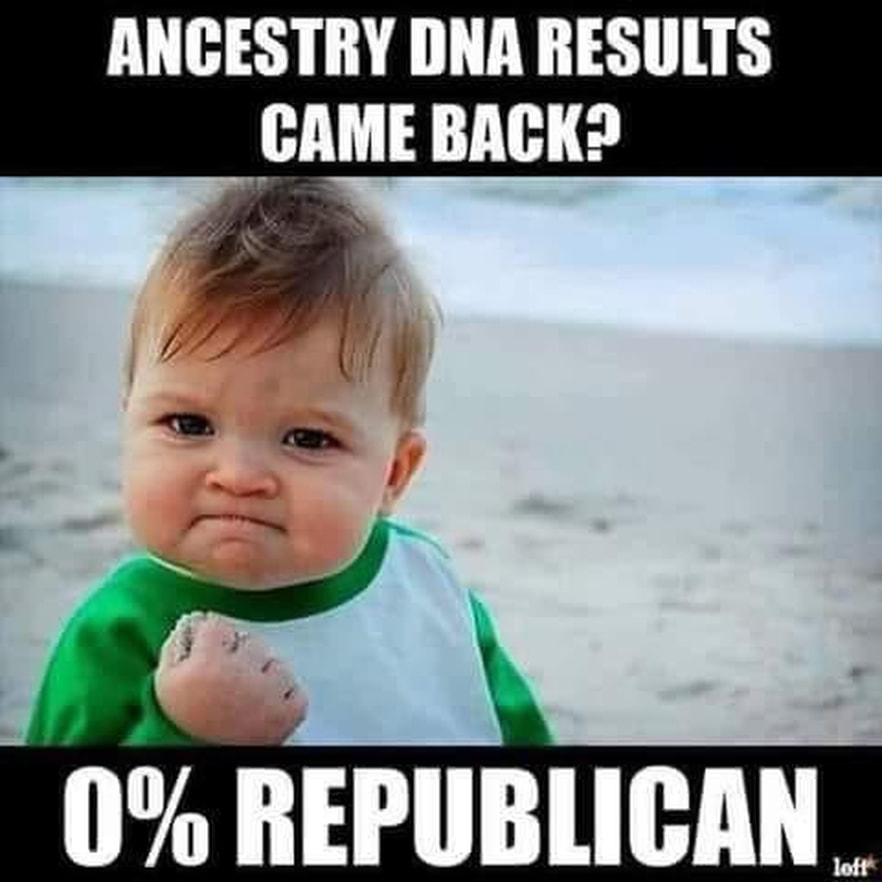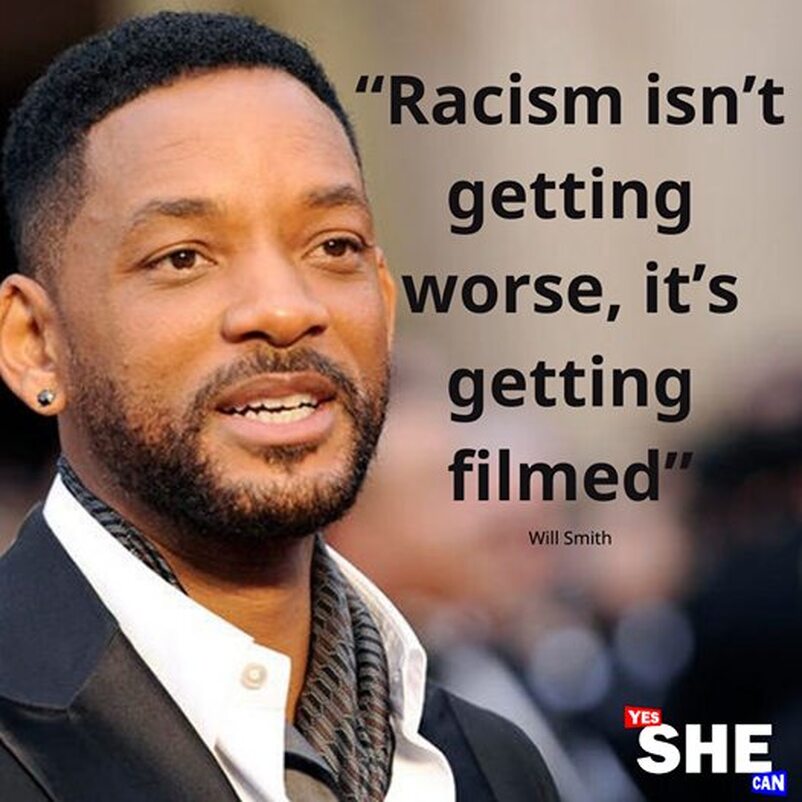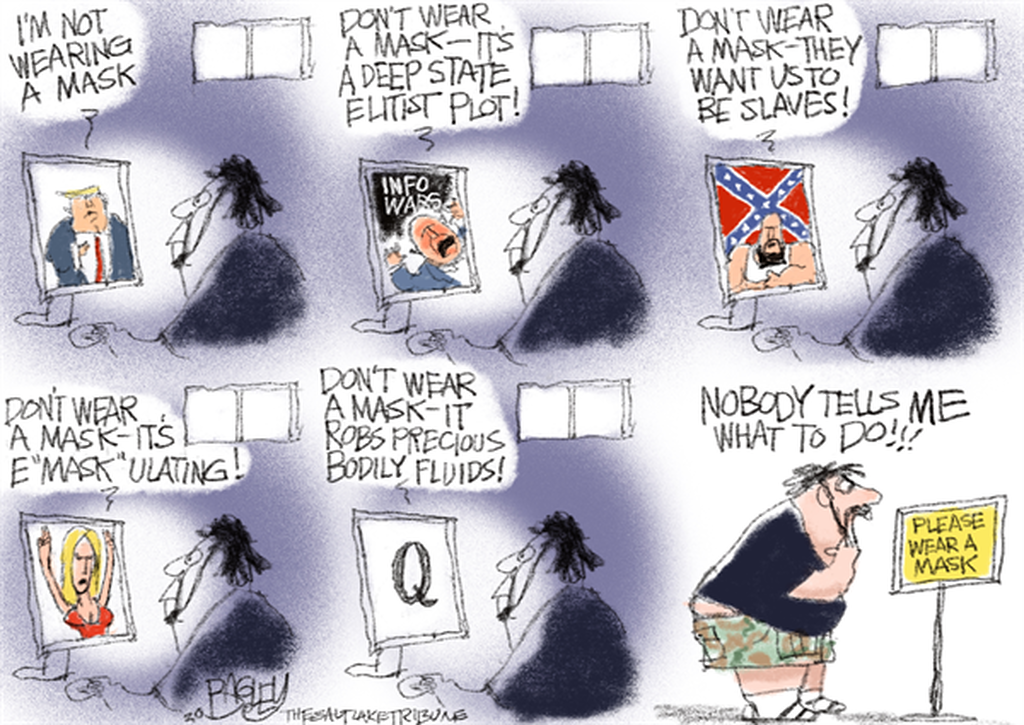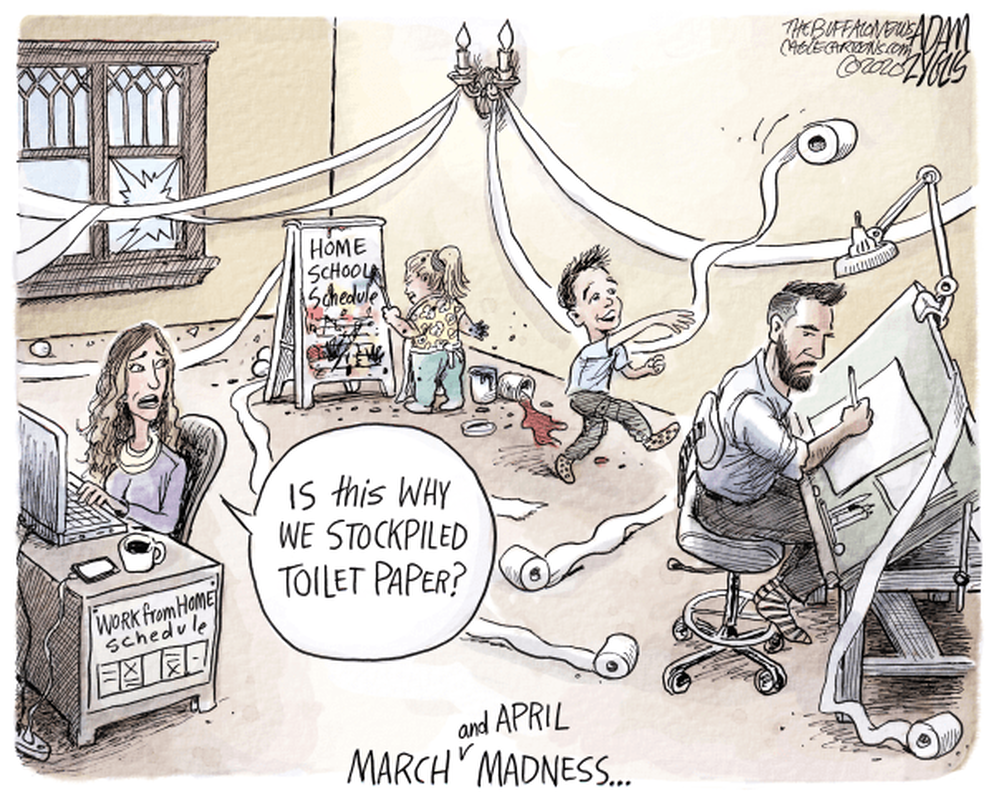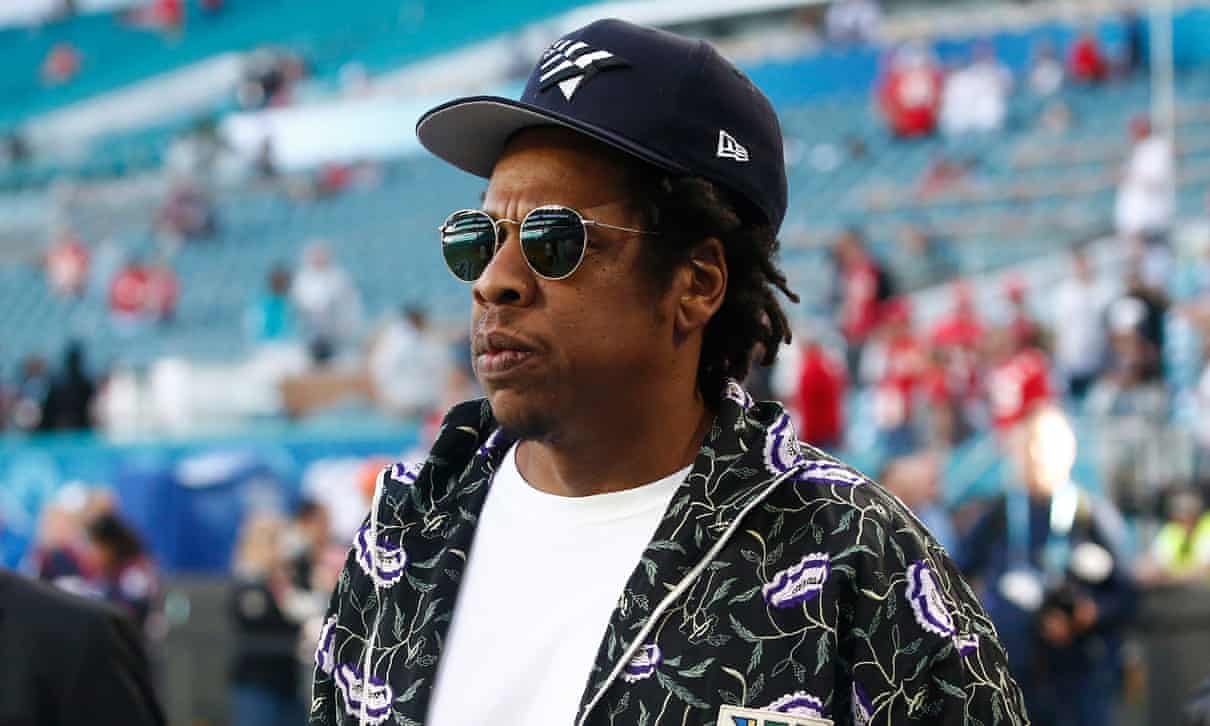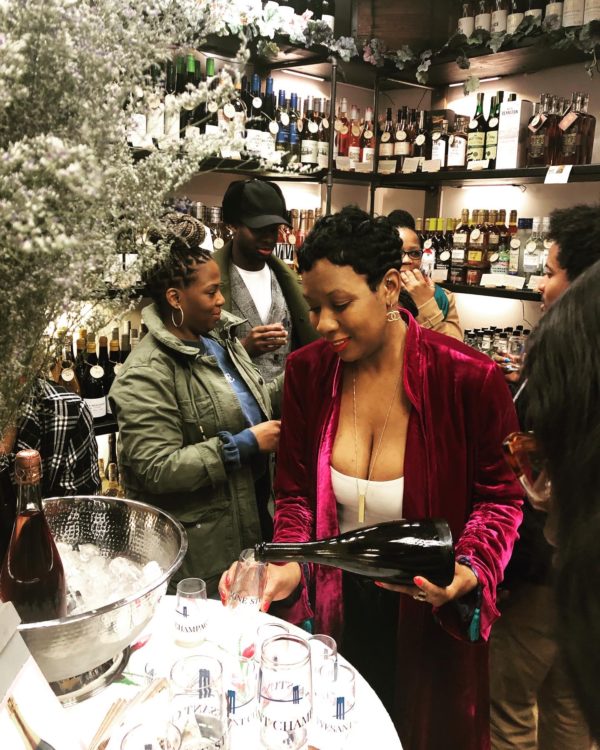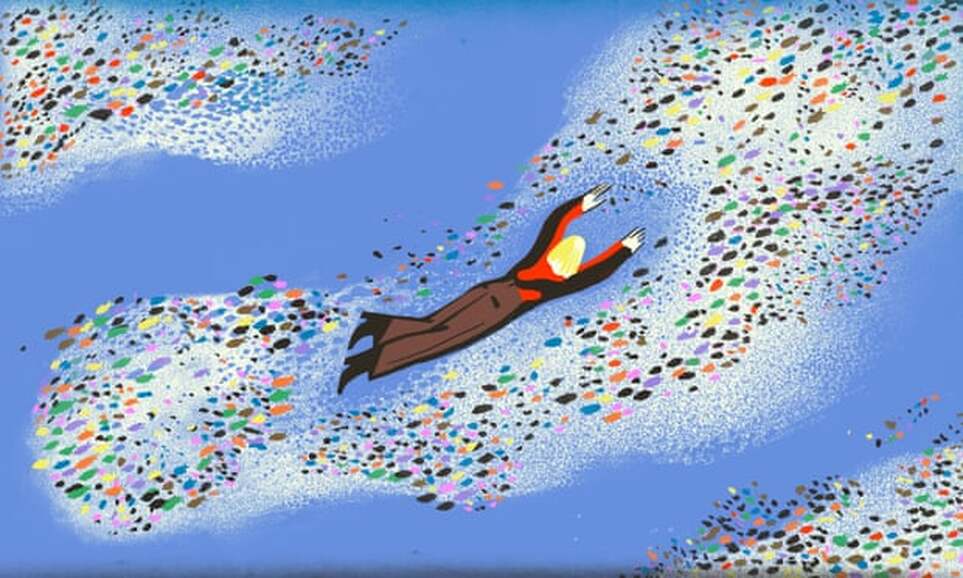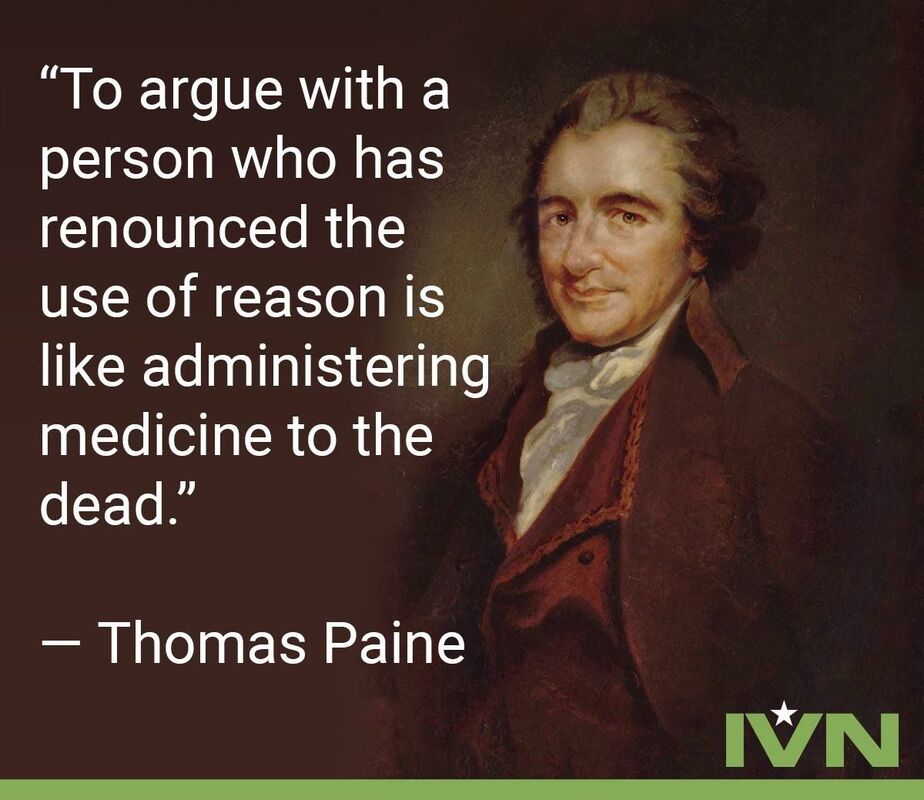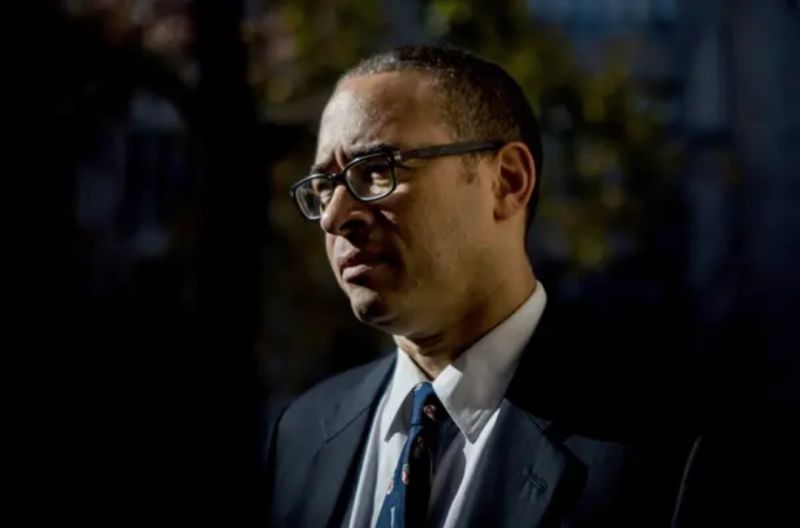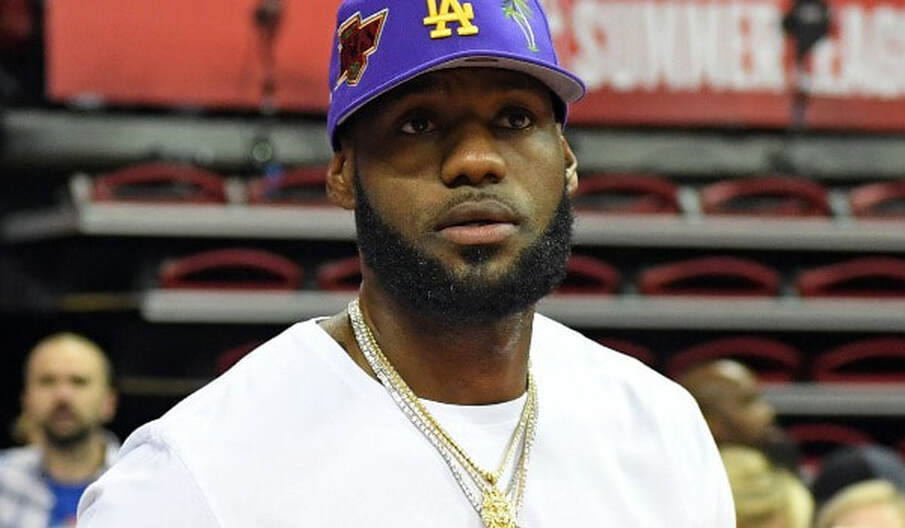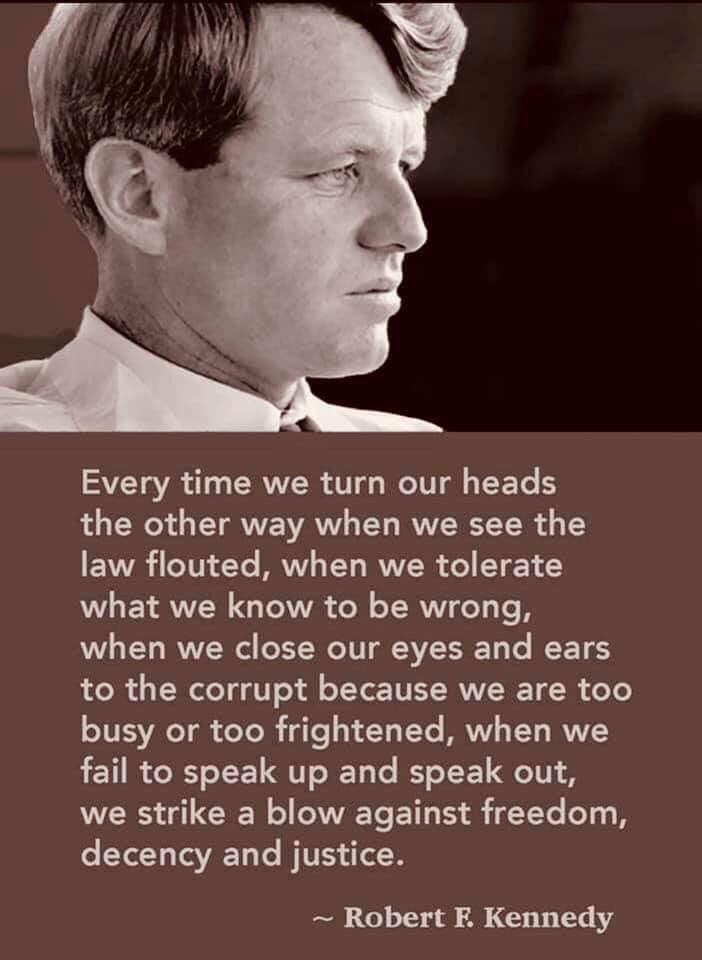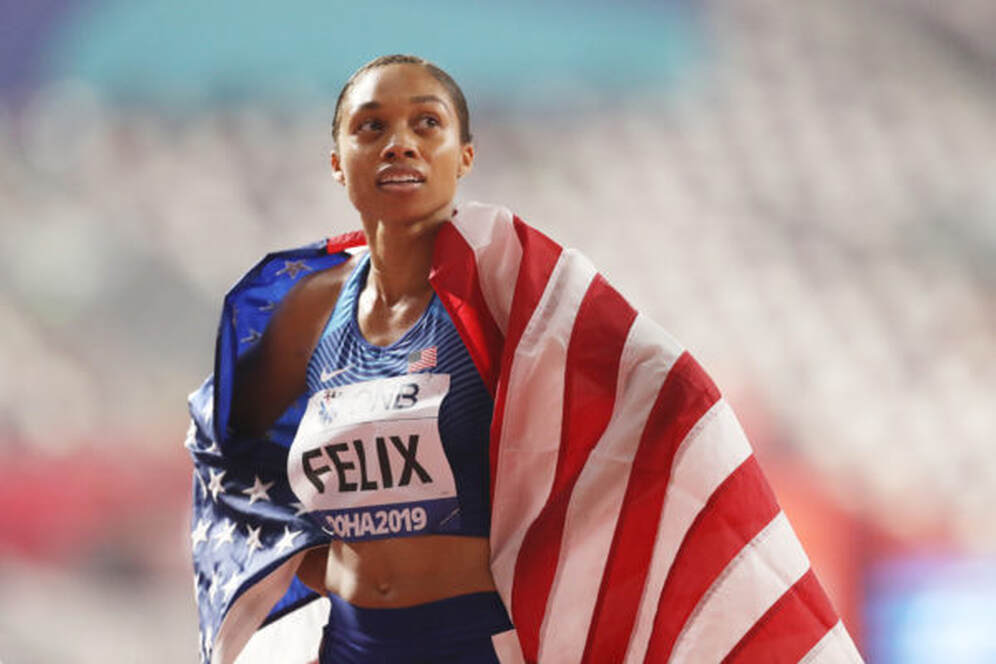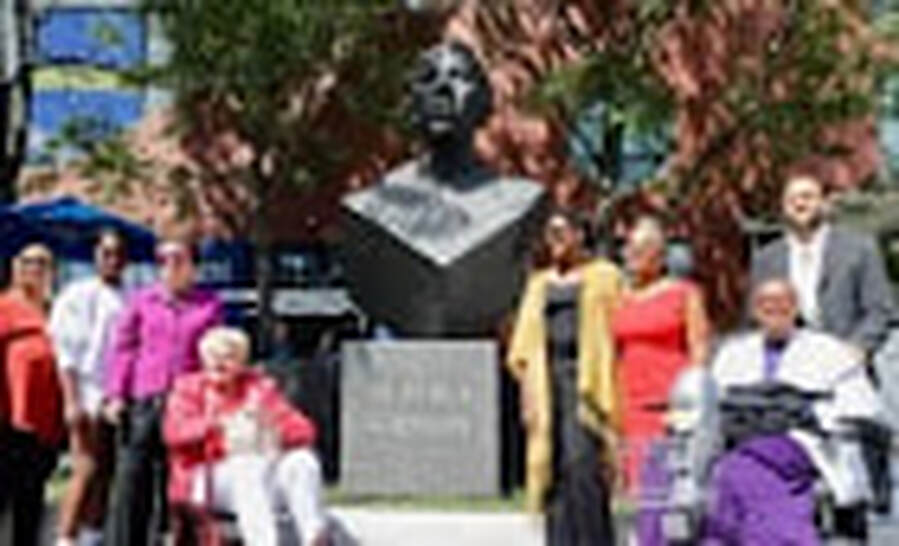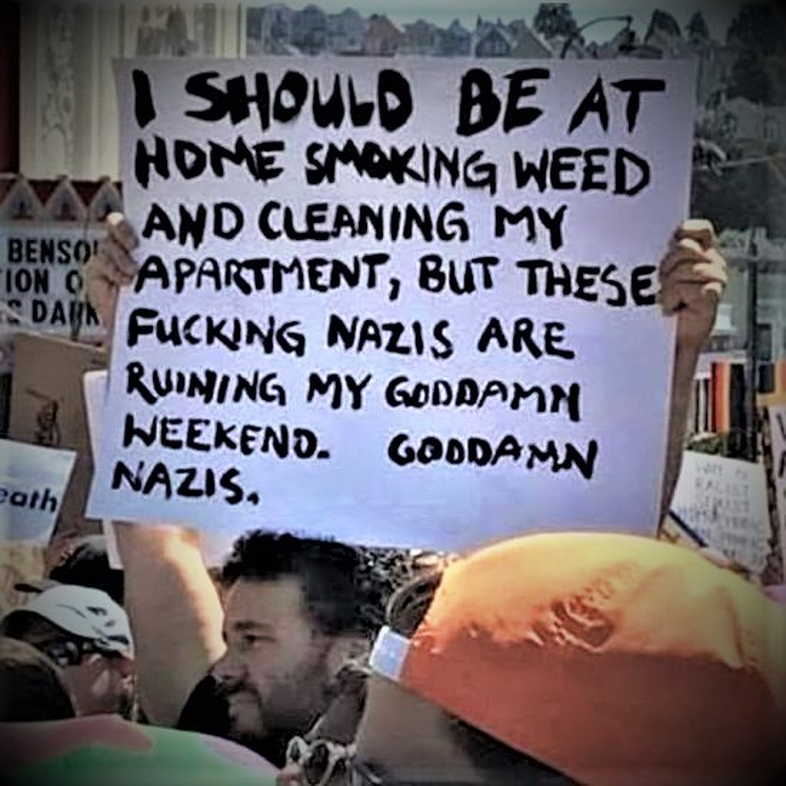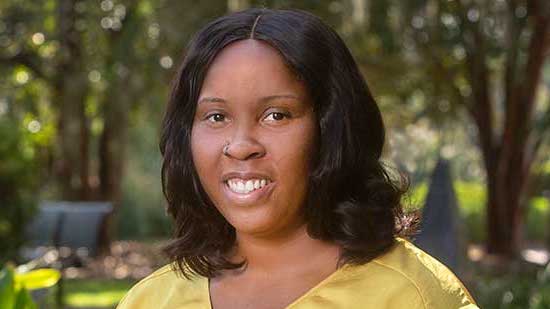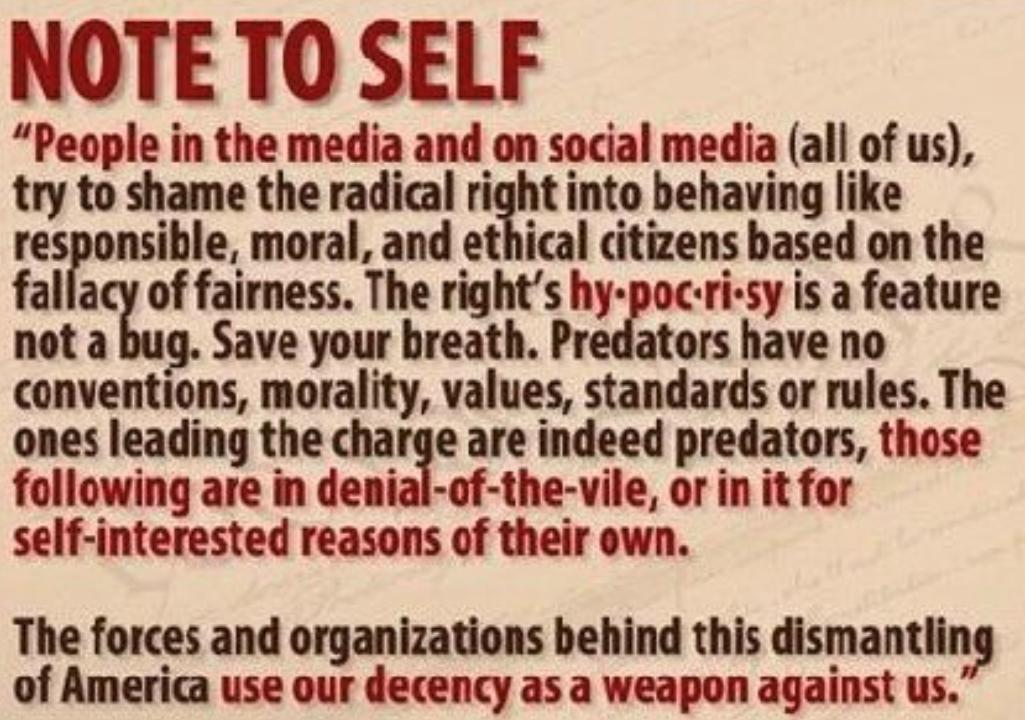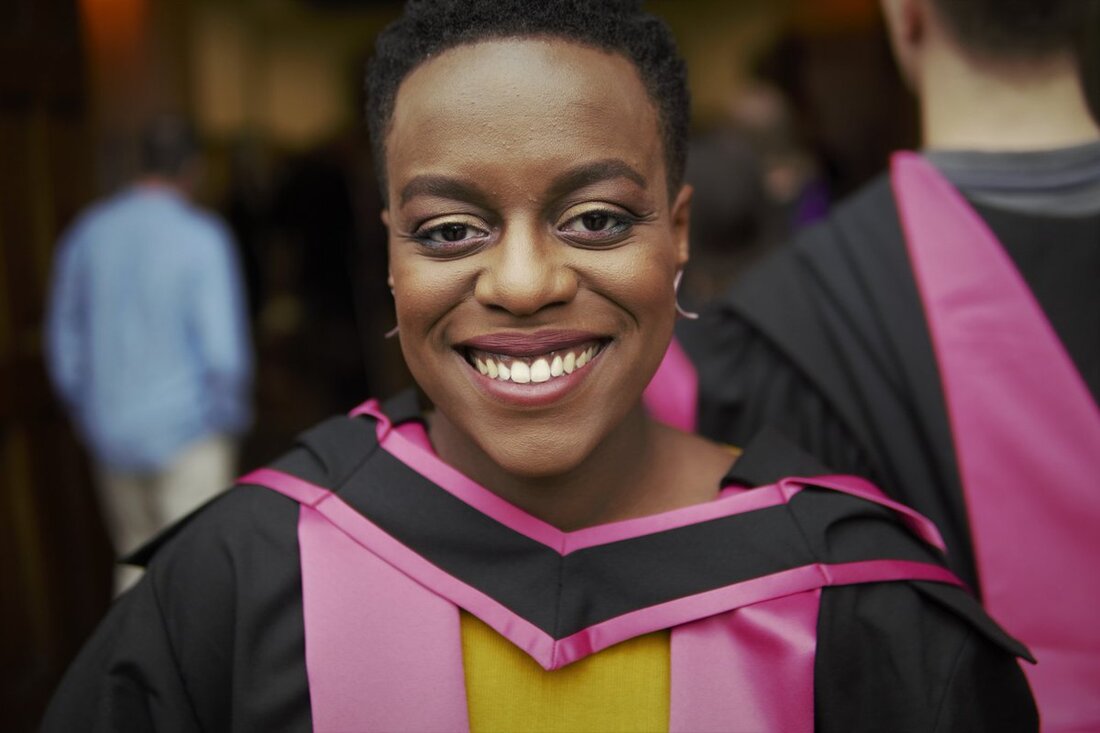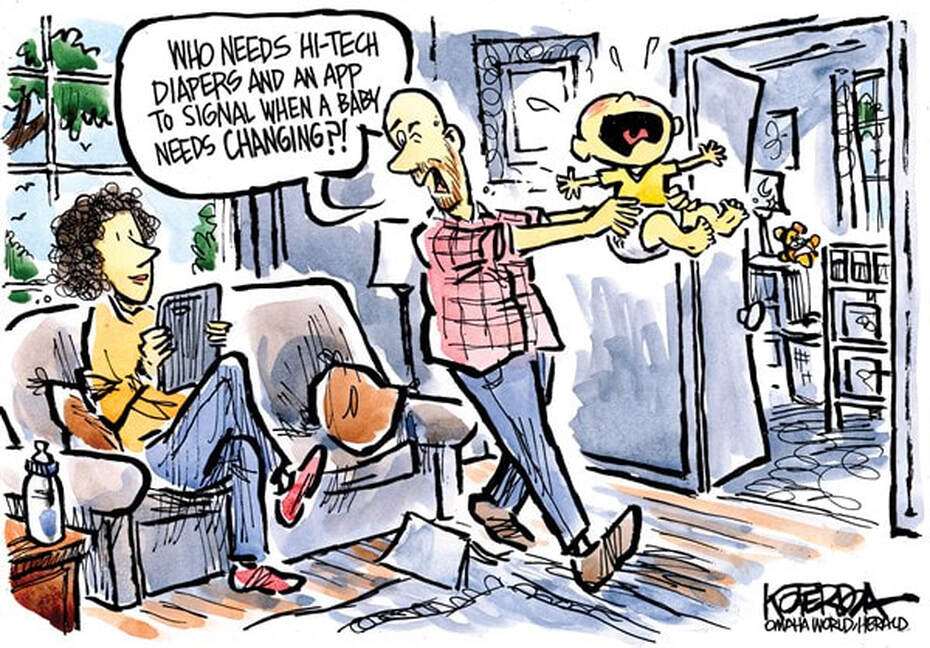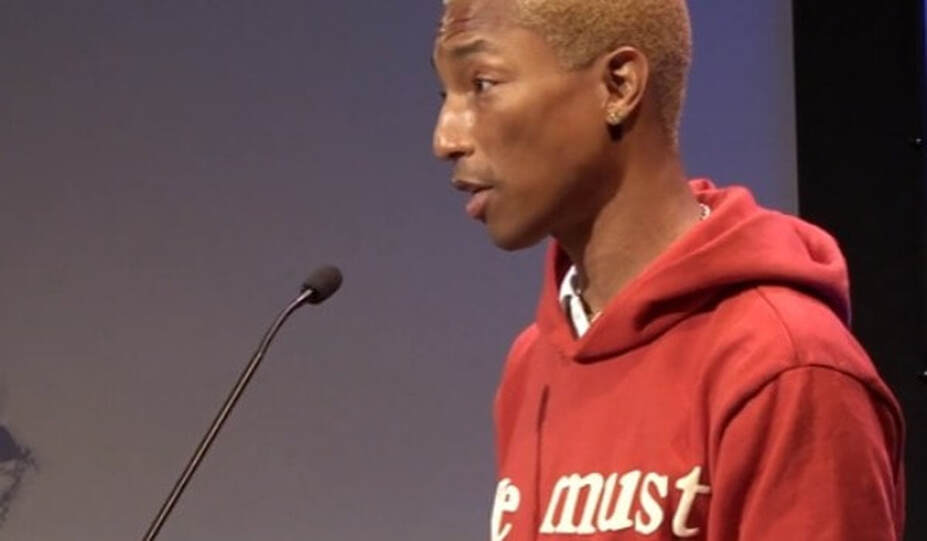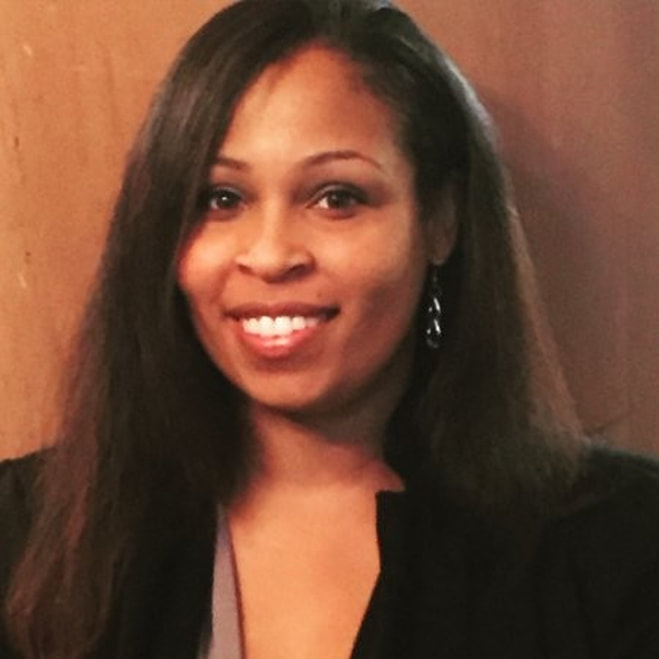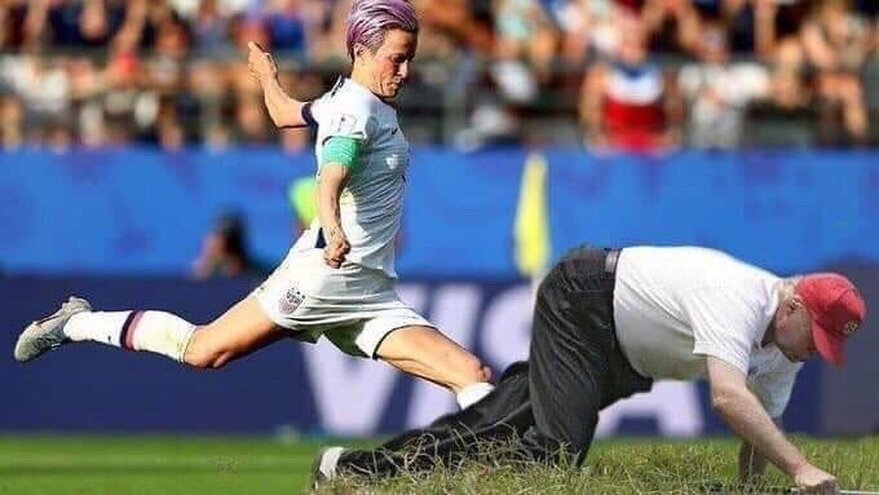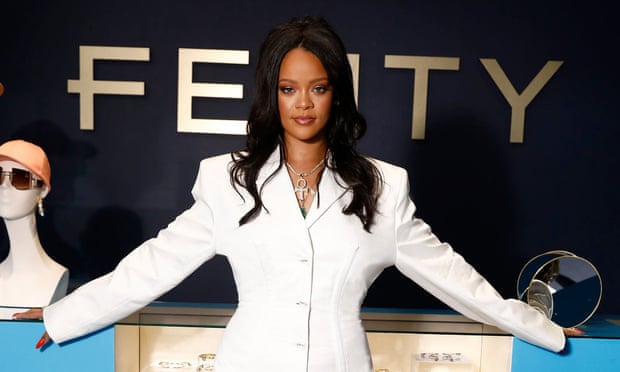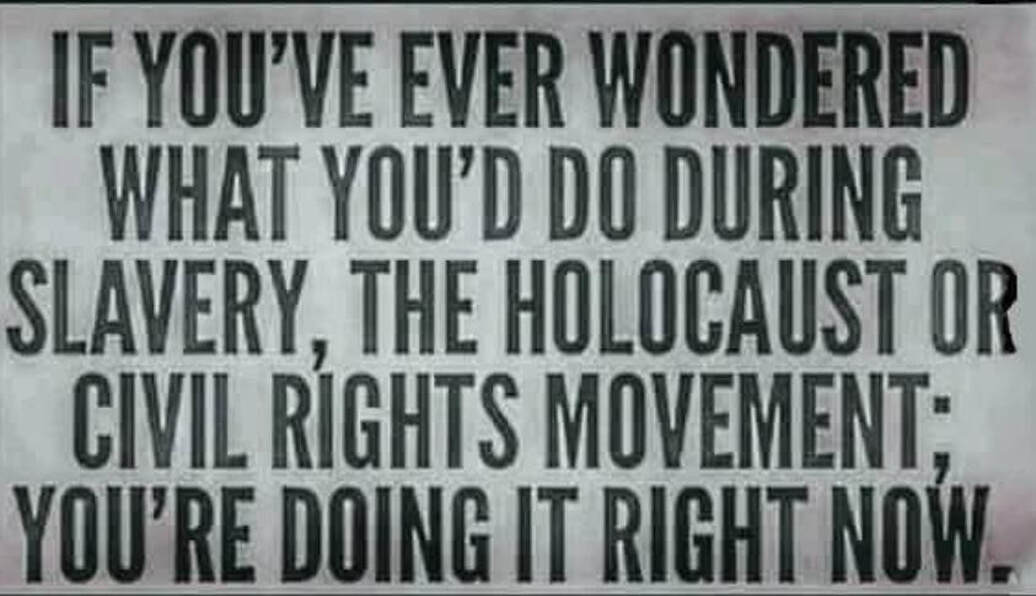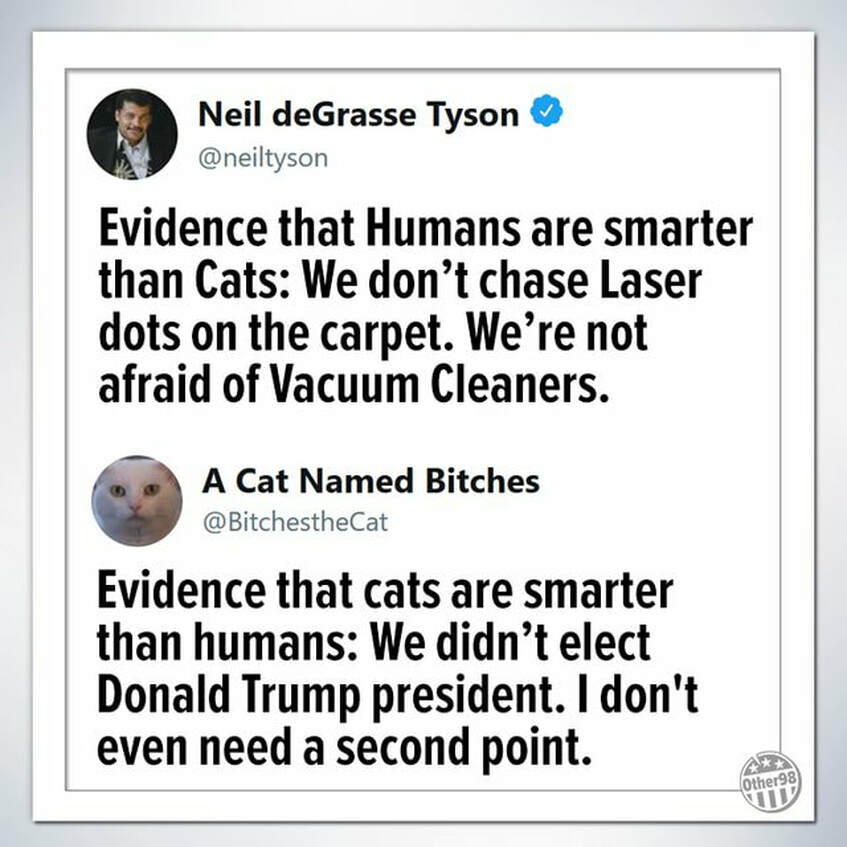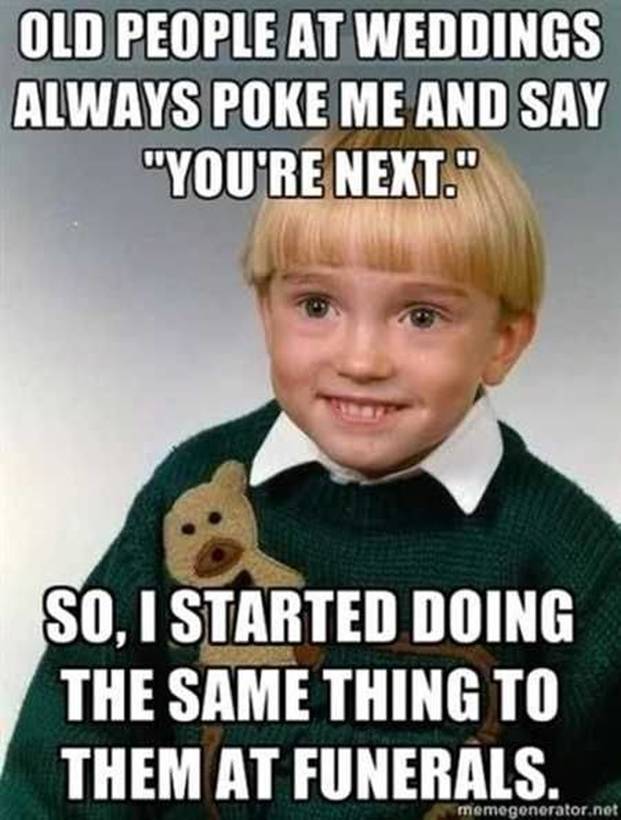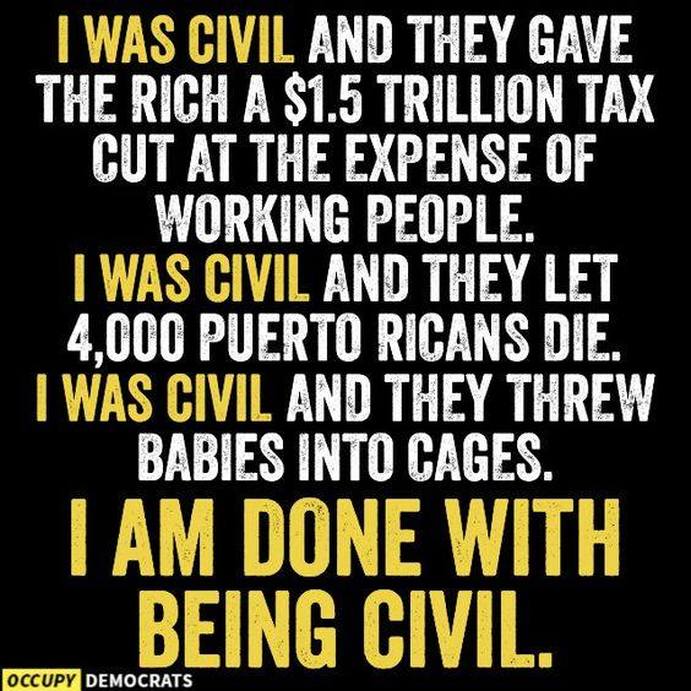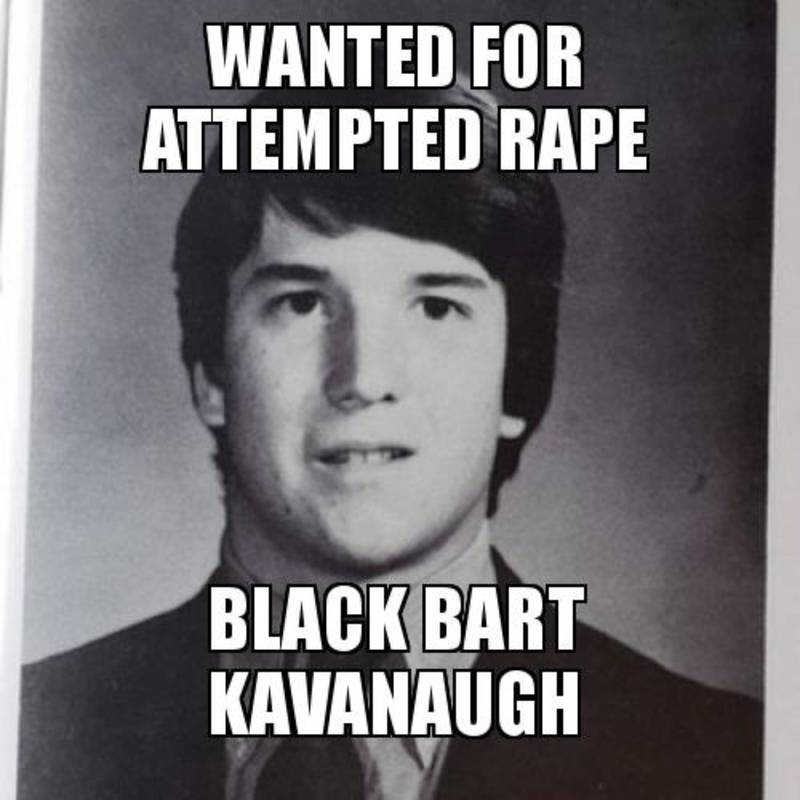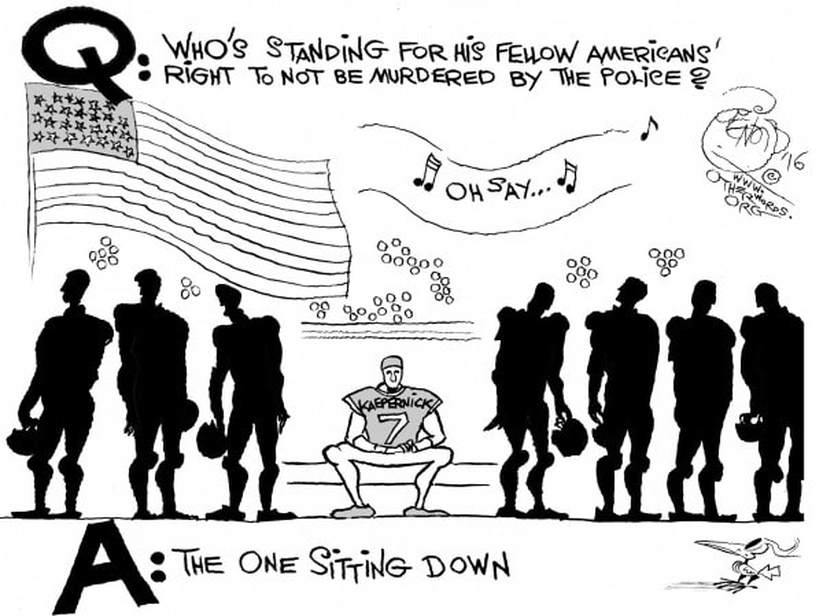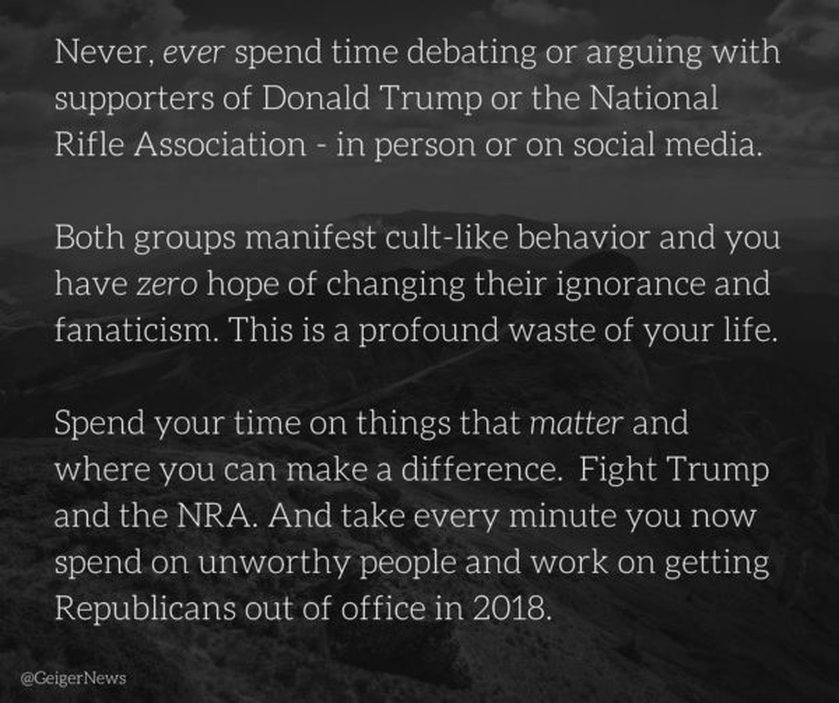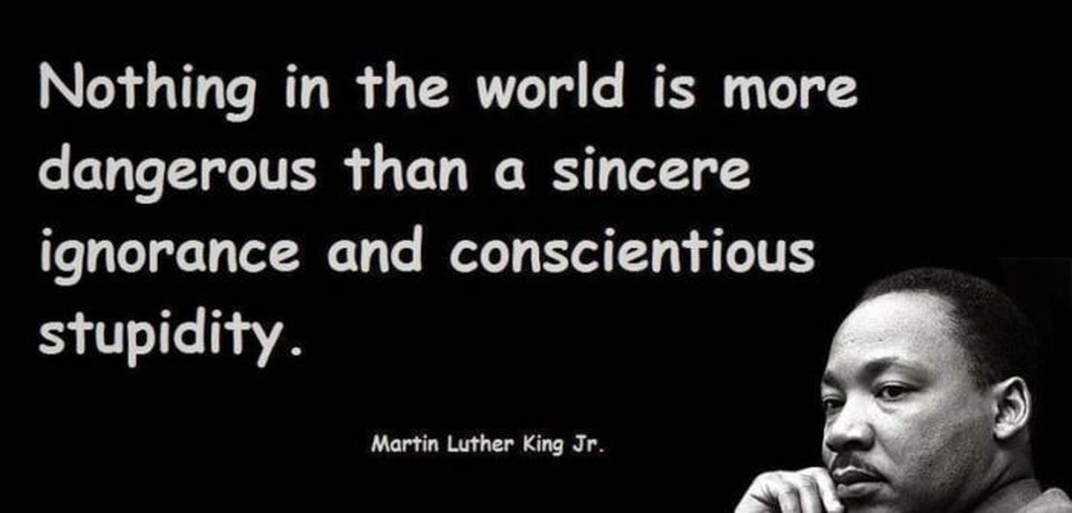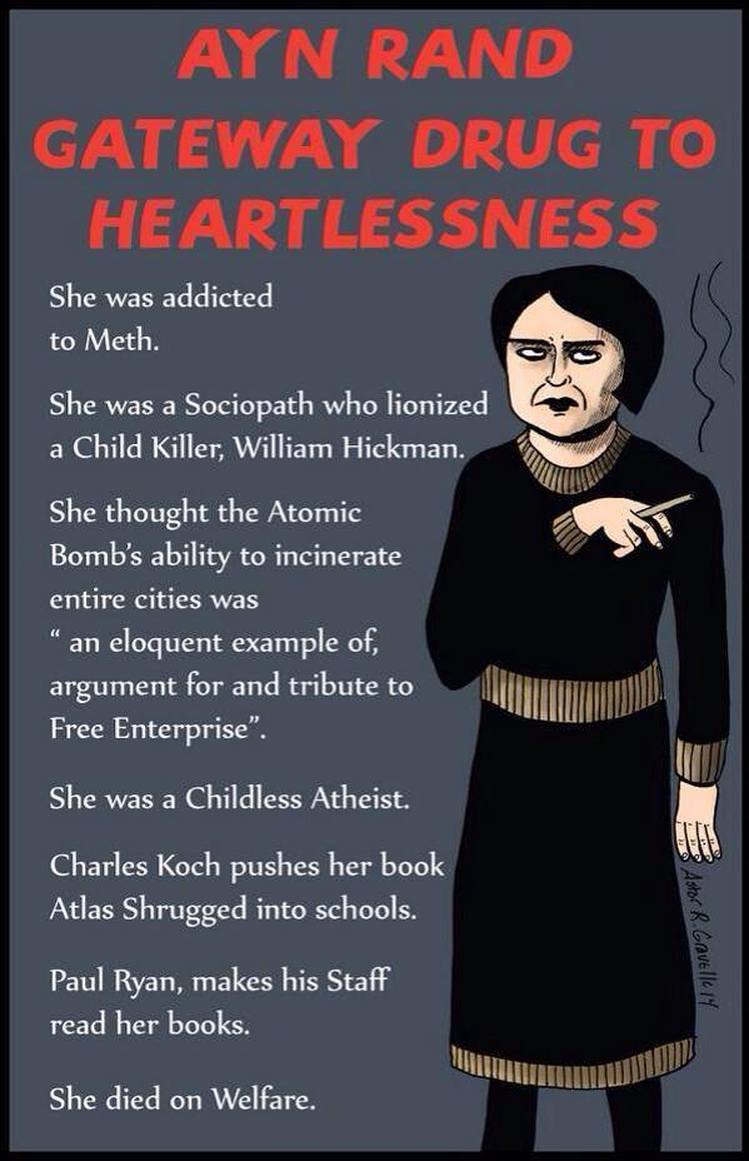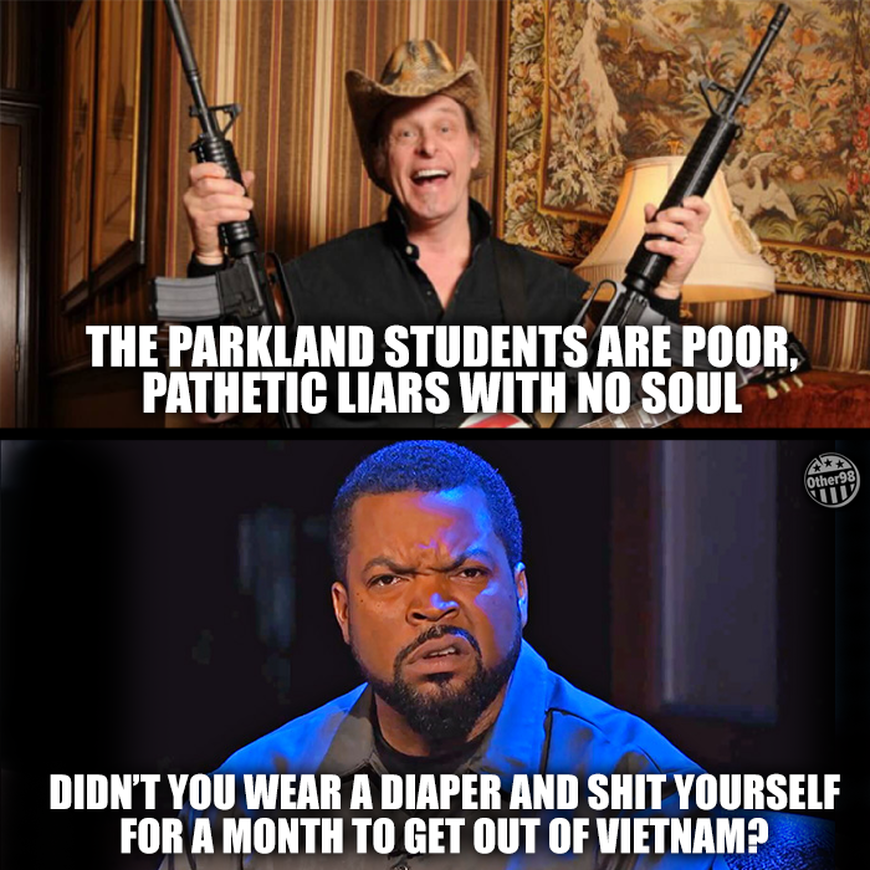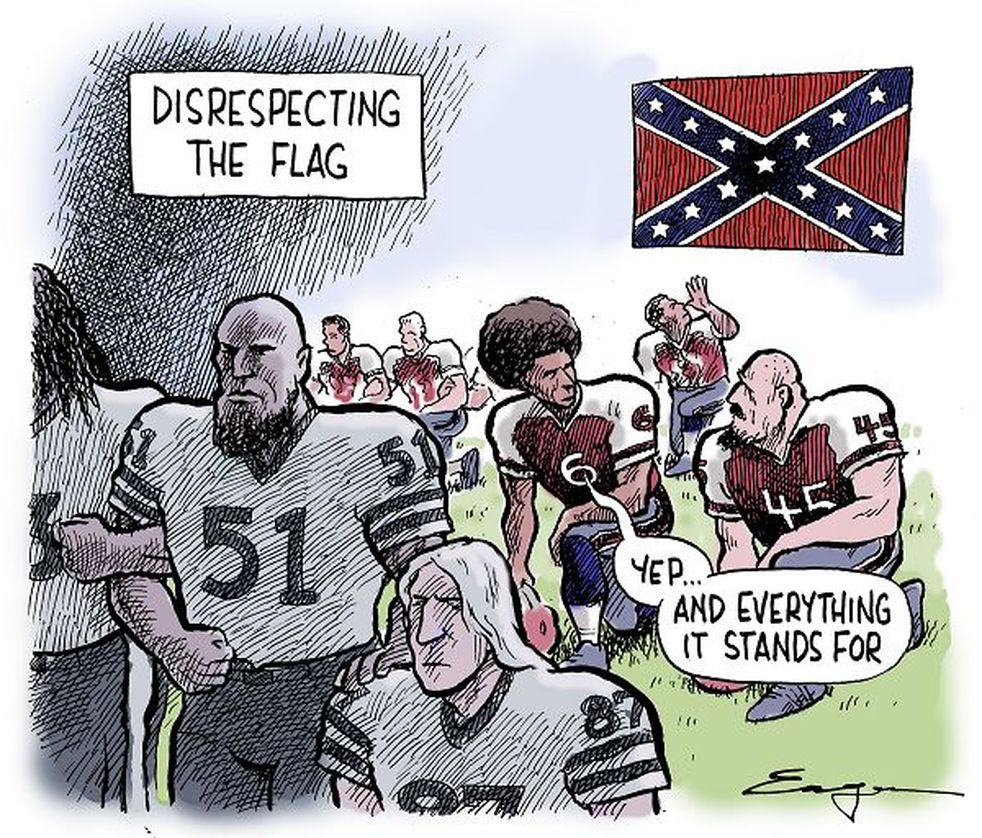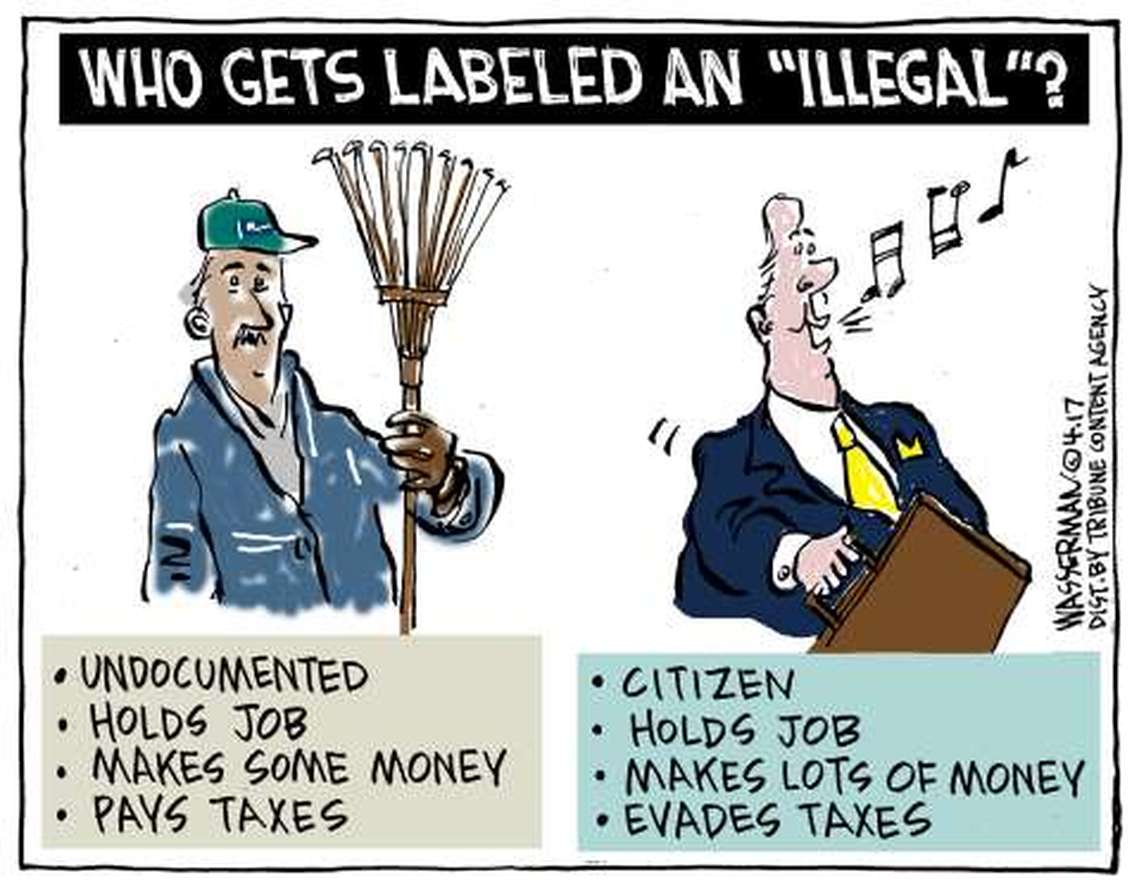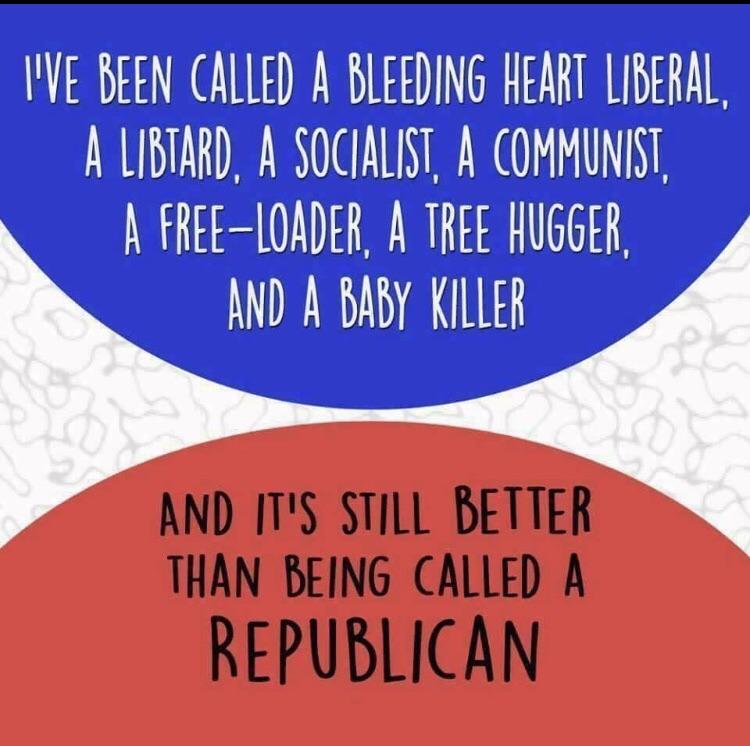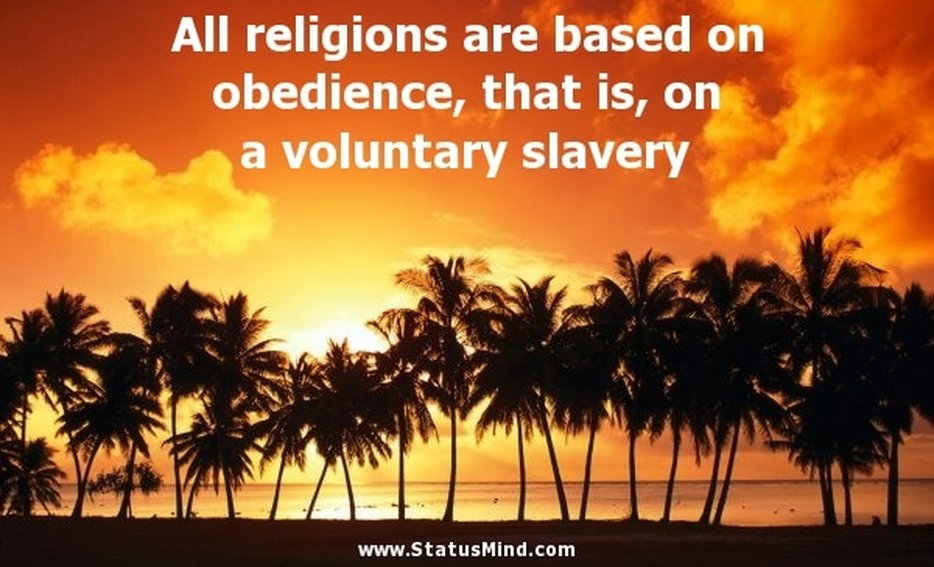Real People
“I believe in the brotherhood of man, all men, but I don't believe in brotherhood with anybody who doesn't want brotherhood with me. I believe in treating people right, but I'm not going to waste my time trying to treat somebody right who doesn't know how to return the treatment.” You believe in treating everybody right whether they put a rope around your neck or whether they put you in the grave. Well, my belief isn't that strong. I believe in the brotherhood of man, but I think that anybody who wants to lynch a Negro is not qualified for that brotherhood and I don't put forth any effort to get them into that brotherhood. You want to save him and I don't.”
~Malcolm X, Speech to the Peace Corps, December 1964.
september 2022
A people who elect corrupt politicians, imposters, thieves, and
traitors are not victims, ...accomplicies - "George Orwell"
excerpt: Frederick Douglass - july 4th speech
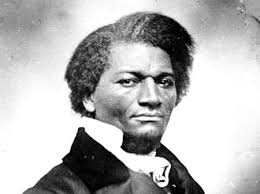
What to the American slave is your Fourth of July? I answer, a day that reveals to him more than all other days of the year, the gross injustice and cruelty to which he is the constant victim. To him your celebration is a sham…your national greatness, swelling vanity; your sounds of rejoicing are empty and heartless; your shouts of liberty and equality, hollow mock; your prayers and hymns, your sermons and thanksgivings…are to him mere bombast, fraud, deception, impiety, and hypocrisy—a thin veil to cover up crimes which would disgrace a nation of savages... There is not a man beneath the canopy of heaven who does not know that slavery is wrong for him... Oh! had I the ability, and could I reach the nation’s ear, I would today pour out a fiery stream of biting ridicule, blasting reproach, withering sarcasm, and stern rebuke. For it is not light that is needed, but fire; it is not the gentle shower, but thunder... The...conscience of the nation must be roused...the hypocrisy of the nation must be exposed; and its crimes against God and man must be denounced.
TOWARD A POLITICS OF UNGOVERNABILITY: SHUTTING DOWN AMERICAN-STYLE AUTHORITARIANISM
BY HENRY GIROUX | APRIL 17, 2017
"The established political parties and politicians are nothing more than crude lobbyists and shock troops for the financial elite who believe everything is for sale. The boundaries of humanity are now inscribed and defined exclusively through the metrics of the twin logic of commercial transactions and the politics of disposability. The horrors unfolding under the Trump administration are not only abetted by white supremacists, religious evangelicals, but also by liberals who still believe that capitalism and democracy are synonymous, and who appear to delight and rush to support any military intervention or act of aggression the United States wages against a foreign power. Liberals are affronted over alleged charges of Russian spying but say nothing about their own country which does far more than spy on other countries it disagrees with, it overthrows them through either illegal means or military force."
something to think about!!!
more american students have been killed in school shootings in 2018 than the total number of american troops killed in war zones around the world!!!
---------
reflections on today's events
*american values: greed, corruption, and racism
*how do white women rationalize voting for trump?
*trump's grandfather was an ignorant immigrant and he was admitted to america.
*Why does the demo. party not heavily recruit for black voters because it is run by fools who think republicans will vote for demos.
*if you are not embarrassed by america's history, then you are living a history based on lies.
*if you pay attention, you will realize that you don't have a government that gives a shit about working people.
*Ignorance, religion, and war are the greatest enemies of mankind.
*the colonizers and their descendants claim to own this hemisphere like a burglar owns your tv set.
Here are 8 statements people say that are a sign of white privilege:
Alice Kelly - yourtango
9/1/022
White privilege is like wearing glasses: you never know how much you benefit from it until they’re not there. Except, when you're white, it’s never gone, so it’s easy to ignore how much other people might be struggling when you can see perfectly with your 20/20 vision.
What is white privilege?
In short, white privilege is the social advantage white people have over other racial groups because of their skin color.
There are lots of ways in which white privilege manifests itself, but it mainly operates because most Western societies were founded on racism and, throughout history, have consistently prioritized white people over other minorities.
For example, some of the earliest police forces in America were established to capture and patrol slaves. So, law enforcement became a system rooted in racism. White people are rarely exposed to the failings of this system because it was designed to protect them.
White privilege is opening any history book and seeing people who look like you in positions of power, while people who don't are serving them. It's walking into a toy shop and being able to find shelves filled with white dolls and only a couple of non-white ones.
As a white person, I didn’t always get it. Yes, I knew racism existed, but I didn’t always see how some of my simple behaviors and opinions were so wrapped up in my own privileged position in the world.
White people typically move through life with a series of head starts and test score answers, but don’t always recognize these unearned advantages; or, they deliberately ignore them out of denial and disregard for the experiences of others.
Recognizing how you contribute to white privilege is a necessary step to dismantling this system of oppression. As white people, we can always do more, and unlearning certain behaviors and opinions is an easy step in the right direction.
1. “I don’t see color.”
You might think this means you’re not prejudiced or that you don’t have biases toward certain races, but the reality is we should all recognize and embrace racial differences.
As white people, we are not racialized in the same way as Black people. Society portrays whiteness as the norm, and everything else as an “other.” This means only white people have the privilege of ignoring race because other races are made constantly aware of their difference.
To ignore race is to ignore the struggles and discrimination people have faced throughout history because of their skin color. It is also a refusal to acknowledge the culture and different lifestyles of other races and ethnicities.
2. “But I’m not racist.”
What you’re implying here is that you are not complicit in white supremacy and, therefore, it’s not your job to stop it. This logic is inherently flawed because solving racial inequality requires the participation of every single person in the world.
It is not enough to just be not racist. Whether it’s overlooking a racist comment made by a friend or turning a blind eye to workplace discrimination, it is a privilege to ignore racism.
Denying your personal involvement also ignores the fact that racism is largely a systemic issue, rather than just an individual one. White people created, partake in, and continue to benefit from systemic racism, so it is our job to end it, which cannot be achieved through silence.
3. “I need a break from all the Black Lives Matter media.”
If you’re getting worn out seeing police brutality, watching protests, and keeping up with the news, imagine how it feels for the people who have been faced with this struggle for centuries.
This is not an emerging issue; it is laced into the very foundations of this country. Yes, it is important to protect your mental health in order to be a strong ally, but I encourage you to never shut off completely from this issue because so many people don’t have the luxury of being able to do so.
Instead, see the recent protests as a powerful and positive change from the silence and ignorance of our white ancestors.
4. “I’m not being racist. It was just a joke.”
I don’t know who needs to hear this, but racist “jokes” are not jokes, and racism is never funny.
It doesn’t matter who your audience is, what you’re saying, or how anti-racist you are most of the time. There is never an excuse to slip up and say something offensive.
Being able to joke about an issue that is deeply traumatic for millions of people is a sign that you’re detached and desensitized to the experience of racial minorities. To joke about someone is to dehumanize them to the point that they are a source of mockery to you.
Making jokes about racial minorities isn’t the same as a blond joke or even a joke that might mock white people, because blondes and white people are not brutalized and harassed just because they’re blond or white.
5. “I don’t want to say anything in case I annoy people.”
Advocating for Black lives isn’t something you should shy away from, and if you make people feel a little uncomfortable or targeted by calling out racism, then good — maybe they’ll pay attention.
Use your privilege wisely to educate those around you and amplify Black voices. It is a privilege to feel that being anti-racist is a choice. For many, this is life or death.
If losing a few followers or falling out with your bigoted uncle is the worst thing that happens to you in your resistance to racism, you’re one of the lucky ones.
6. “I had to work hard for everything I have, too.”
Maybe you’re straddled with student loans or were never able to afford to go to college. Maybe you had to break your back to get a promotion or had to pick up a couple of unemployment checks in your time.
A lot of white people get a little defensive when someone suggests they got things handed to them because of their race.
White privilege doesn’t mean you had a life free from struggle — it just means that your race wasn’t one of the reasons you faced struggle. Equating your experience to the barriers Black people have to overcome misses the mark completely, and exposes just how oblivious you are to the lives of others.
7. “If you abide by the law, the police are not a threat.”
Breonna Taylor was asleep in her bed. Botham Jean was eating ice cream in front of his TV. Tamir Rice was playing with a toy in a park.
Victims of police brutality are never deserving of death and are often not even committing a crime. Even when a Black person is suspected of committing a minor offense, they are victims of deadly violence.
George Floyd was murdered after allegedly using a fake $20 bill. Michael Brown was shot with his hands up after an alleged shoplifting incident. Sandra Bland died in her jail cell after a minor traffic violation.
It is a privilege to not acknowledge how law enforcement repeatedly targets non-whites. As a white person, you cannot possibly understand how it feels to be Black and deal with a cop because our interactions with law enforcement are entirely different.
Do not justify poor police work and systemic racism by suggesting someone deserves to be brutalized by the police.
8. “It’s just a hairstyle — anyone can wear it.”
If you’re talking about cornrows, dreadlocks, afros, or any other hairstyle traditionally associated with the Black community, please acknowledge that this hairstyle is not for you.
These hairstyles that have become “trends” for white women are part of a historical legacy linked to slavery and institutional racism against Black women. Cultural appropriation is essentially a subtle form of blackface.
The natural hair movement has only brought about self-acceptance in the Black community in recent years after over a century of getting called unkempt or dirty and being forced to conform to white standards of beauty.
Black women who feel pressured to mimic “white” hairstyles are dealing with shame and denial of their culture, whereas white women who wear box braids or style their baby hairs are glorified and praised.
What is white privilege?
In short, white privilege is the social advantage white people have over other racial groups because of their skin color.
There are lots of ways in which white privilege manifests itself, but it mainly operates because most Western societies were founded on racism and, throughout history, have consistently prioritized white people over other minorities.
For example, some of the earliest police forces in America were established to capture and patrol slaves. So, law enforcement became a system rooted in racism. White people are rarely exposed to the failings of this system because it was designed to protect them.
White privilege is opening any history book and seeing people who look like you in positions of power, while people who don't are serving them. It's walking into a toy shop and being able to find shelves filled with white dolls and only a couple of non-white ones.
As a white person, I didn’t always get it. Yes, I knew racism existed, but I didn’t always see how some of my simple behaviors and opinions were so wrapped up in my own privileged position in the world.
White people typically move through life with a series of head starts and test score answers, but don’t always recognize these unearned advantages; or, they deliberately ignore them out of denial and disregard for the experiences of others.
Recognizing how you contribute to white privilege is a necessary step to dismantling this system of oppression. As white people, we can always do more, and unlearning certain behaviors and opinions is an easy step in the right direction.
1. “I don’t see color.”
You might think this means you’re not prejudiced or that you don’t have biases toward certain races, but the reality is we should all recognize and embrace racial differences.
As white people, we are not racialized in the same way as Black people. Society portrays whiteness as the norm, and everything else as an “other.” This means only white people have the privilege of ignoring race because other races are made constantly aware of their difference.
To ignore race is to ignore the struggles and discrimination people have faced throughout history because of their skin color. It is also a refusal to acknowledge the culture and different lifestyles of other races and ethnicities.
2. “But I’m not racist.”
What you’re implying here is that you are not complicit in white supremacy and, therefore, it’s not your job to stop it. This logic is inherently flawed because solving racial inequality requires the participation of every single person in the world.
It is not enough to just be not racist. Whether it’s overlooking a racist comment made by a friend or turning a blind eye to workplace discrimination, it is a privilege to ignore racism.
Denying your personal involvement also ignores the fact that racism is largely a systemic issue, rather than just an individual one. White people created, partake in, and continue to benefit from systemic racism, so it is our job to end it, which cannot be achieved through silence.
3. “I need a break from all the Black Lives Matter media.”
If you’re getting worn out seeing police brutality, watching protests, and keeping up with the news, imagine how it feels for the people who have been faced with this struggle for centuries.
This is not an emerging issue; it is laced into the very foundations of this country. Yes, it is important to protect your mental health in order to be a strong ally, but I encourage you to never shut off completely from this issue because so many people don’t have the luxury of being able to do so.
Instead, see the recent protests as a powerful and positive change from the silence and ignorance of our white ancestors.
4. “I’m not being racist. It was just a joke.”
I don’t know who needs to hear this, but racist “jokes” are not jokes, and racism is never funny.
It doesn’t matter who your audience is, what you’re saying, or how anti-racist you are most of the time. There is never an excuse to slip up and say something offensive.
Being able to joke about an issue that is deeply traumatic for millions of people is a sign that you’re detached and desensitized to the experience of racial minorities. To joke about someone is to dehumanize them to the point that they are a source of mockery to you.
Making jokes about racial minorities isn’t the same as a blond joke or even a joke that might mock white people, because blondes and white people are not brutalized and harassed just because they’re blond or white.
5. “I don’t want to say anything in case I annoy people.”
Advocating for Black lives isn’t something you should shy away from, and if you make people feel a little uncomfortable or targeted by calling out racism, then good — maybe they’ll pay attention.
Use your privilege wisely to educate those around you and amplify Black voices. It is a privilege to feel that being anti-racist is a choice. For many, this is life or death.
If losing a few followers or falling out with your bigoted uncle is the worst thing that happens to you in your resistance to racism, you’re one of the lucky ones.
6. “I had to work hard for everything I have, too.”
Maybe you’re straddled with student loans or were never able to afford to go to college. Maybe you had to break your back to get a promotion or had to pick up a couple of unemployment checks in your time.
A lot of white people get a little defensive when someone suggests they got things handed to them because of their race.
White privilege doesn’t mean you had a life free from struggle — it just means that your race wasn’t one of the reasons you faced struggle. Equating your experience to the barriers Black people have to overcome misses the mark completely, and exposes just how oblivious you are to the lives of others.
7. “If you abide by the law, the police are not a threat.”
Breonna Taylor was asleep in her bed. Botham Jean was eating ice cream in front of his TV. Tamir Rice was playing with a toy in a park.
Victims of police brutality are never deserving of death and are often not even committing a crime. Even when a Black person is suspected of committing a minor offense, they are victims of deadly violence.
George Floyd was murdered after allegedly using a fake $20 bill. Michael Brown was shot with his hands up after an alleged shoplifting incident. Sandra Bland died in her jail cell after a minor traffic violation.
It is a privilege to not acknowledge how law enforcement repeatedly targets non-whites. As a white person, you cannot possibly understand how it feels to be Black and deal with a cop because our interactions with law enforcement are entirely different.
Do not justify poor police work and systemic racism by suggesting someone deserves to be brutalized by the police.
8. “It’s just a hairstyle — anyone can wear it.”
If you’re talking about cornrows, dreadlocks, afros, or any other hairstyle traditionally associated with the Black community, please acknowledge that this hairstyle is not for you.
These hairstyles that have become “trends” for white women are part of a historical legacy linked to slavery and institutional racism against Black women. Cultural appropriation is essentially a subtle form of blackface.
The natural hair movement has only brought about self-acceptance in the Black community in recent years after over a century of getting called unkempt or dirty and being forced to conform to white standards of beauty.
Black women who feel pressured to mimic “white” hairstyles are dealing with shame and denial of their culture, whereas white women who wear box braids or style their baby hairs are glorified and praised.
Hank Aaron's searing words on the racism he faced should never be forgotten
Hemal Jhaveri - msn.com
1/22/2021
Hank Aaron passed away Friday morning at the age of 86. He leaves behind an incredible baseball legacy that—despite being most well known for home run 715—can not be easily summed up in stats and figures.
Aaron’s storied baseball career was intertwined at all angles with the cruel and unrepentant racism he had to endure on and off the field, a fact that can not be glossed over or ignored as tributes and remembrances for the icon pour in.
Growing up in the deeply segregated south of Mobile, Alabama, Aaron had to overcome the dual evils of poverty and systemic racism, rising above both to pursue his career. In 1952, Aaron started his baseball career in the Negro American League before joining the Milwaukee Braves in 1954. It wasn’t just in the early days of his playing career that Aaron faced racist taunts from fans and indifference from management. The cruelty reached a peak in 1974 while he was pursuing Babe Ruth’s home run record. The home run king was inundated with hate mail and death threats. According to the U.S. Post Office, he got up to 3,000 letters a day, but many pieces were classified as hate mail, sent from men and women who did not want to see a Black man break a white man’s record.
As we memorialize Aaron, one of the truest ways to preserve his legacy and everything he fought for and through, is to remember the racism he faced with clear and unflinching eyes. Yes, breaking the home run record was a magical moment, but it was also a point of deep conflict and tension for Aaron.
He spoke to the New York Times in 1990 about the true cost of chasing that record.
“April 8, 1974, really led up to turning me off on baseball.”
“It really made me see for the first time a clear picture of what this country is about,” he said. “My kids had to live like they were in prison because of kidnap threats, and I had to live like a pig in a slaughter camp. I had to duck. I had to go out the back door of the ball parks. I had to have a police escort with me all the time. I was getting threatening letters every single day. All of these things have put a bad taste in my mouth, and it won’t go away. They carved a piece of my heart away.”
Aaron’s words show that racism is not something he had to “rise above” or “learn to ignore.” He endured despite the treatment he received, and he never forgot it. In 2014, he told USA TODAY’s Bob Nightengale that he kept the death threats and letters to remind himself of how far we still have to go.
“To remind myself that we are not that far removed from when I was chasing the record. If you think that, you are fooling yourself. A lot of things have happened in this country, but we have so far to go. There’s not a whole lot that has changed.”
It’s tempting when icons pass to sanitize their experiences, or paint their past in a better light. The truth is that what Aaron went through can’t be codified with words and expressions like “grace” and “turned the other cheek.” It was abhorrent racism, and it very much lingers in sports today.
Aaron’s storied baseball career was intertwined at all angles with the cruel and unrepentant racism he had to endure on and off the field, a fact that can not be glossed over or ignored as tributes and remembrances for the icon pour in.
Growing up in the deeply segregated south of Mobile, Alabama, Aaron had to overcome the dual evils of poverty and systemic racism, rising above both to pursue his career. In 1952, Aaron started his baseball career in the Negro American League before joining the Milwaukee Braves in 1954. It wasn’t just in the early days of his playing career that Aaron faced racist taunts from fans and indifference from management. The cruelty reached a peak in 1974 while he was pursuing Babe Ruth’s home run record. The home run king was inundated with hate mail and death threats. According to the U.S. Post Office, he got up to 3,000 letters a day, but many pieces were classified as hate mail, sent from men and women who did not want to see a Black man break a white man’s record.
As we memorialize Aaron, one of the truest ways to preserve his legacy and everything he fought for and through, is to remember the racism he faced with clear and unflinching eyes. Yes, breaking the home run record was a magical moment, but it was also a point of deep conflict and tension for Aaron.
He spoke to the New York Times in 1990 about the true cost of chasing that record.
“April 8, 1974, really led up to turning me off on baseball.”
“It really made me see for the first time a clear picture of what this country is about,” he said. “My kids had to live like they were in prison because of kidnap threats, and I had to live like a pig in a slaughter camp. I had to duck. I had to go out the back door of the ball parks. I had to have a police escort with me all the time. I was getting threatening letters every single day. All of these things have put a bad taste in my mouth, and it won’t go away. They carved a piece of my heart away.”
Aaron’s words show that racism is not something he had to “rise above” or “learn to ignore.” He endured despite the treatment he received, and he never forgot it. In 2014, he told USA TODAY’s Bob Nightengale that he kept the death threats and letters to remind himself of how far we still have to go.
“To remind myself that we are not that far removed from when I was chasing the record. If you think that, you are fooling yourself. A lot of things have happened in this country, but we have so far to go. There’s not a whole lot that has changed.”
It’s tempting when icons pass to sanitize their experiences, or paint their past in a better light. The truth is that what Aaron went through can’t be codified with words and expressions like “grace” and “turned the other cheek.” It was abhorrent racism, and it very much lingers in sports today.
This aviator just became the US Navy's first Black female fighter pilot
[email protected] (Ryan Pickrell)
Business Insider
July 10, 2020
- The US Navy has graduated its first Black female fighter pilot, Lt. j.g. Madeline Swegle, the service said.
- "Very proud of LTJG Swegle," the Vice Chief of Information Rear Adm. Paula Dunn wrote. "Go forth and kick butt."
Swegle completed the final flight of the Tactical Air (Strike) training program a few days ago and is set to receive her wings of gold later this month.
The US Navy's first Black female fighter pilot has earned her wings, the service said.
The Chief of Naval Air Training celebrated the officer for her achievement on Twitter, writing: "BZ to Lt. j.g. Madeline Swegle on completing the Tactical Air (Strike) aviator syllabus. Swegle is the @USNavy's first known Black female TACAIR pilot and will receive her Wings of Gold later this month. HOOYAH!"
BZ is short for "Bravo Zulu," a naval term meaning "Well done."
Others in the Navy also praised Swegle. "Very proud of LTJG Swegle," Vice Chief of Information Rear Adm. Paula Dunn said. "Go forth and kick butt."
According to the Navy, which has only released limited details on this aviator, Swegle is currently assigned to the Redhawks of Training Squadron (VT) 21 at Naval Air Station Kingsville in Texas.
The photos that accompanied the Navy tweet celebrating Swegle's historic achievement were taken following her final flight in the Tactical Air (Strike) program, a flight taken in a T-45C Goshawk training aircraft that can be seen clearly in one of the two photos.
It is unclear where Swegle will go next, but as a graduate of the TACAIR training program she will move on from training aircraft to Navy tactical planes, like the F/A-18E/F Super Hornet and F-35C Lighting II Joint Strike Fighter.
Swegle, a 2017 US Naval Academy graduate, follows in the footsteps of other remarkable women in the armed forces, such as the late Capt. Rosemary Mariner, an aviation pioneer who became one of the first female Navy pilots to fly Navy tactical aircraft in 1974.
---
Lt. Cmdr. Brenda Robinson, who became the Navy's first Black female pilot in 1980.
Swegle's historic accomplishment comes as the Navy takes a hard look at discrimination amid growing nationwide concern about racial injustice and works to, as Navy leaders said last month, "identify and remove racial barriers and improve inclusion within our Navy."
LeBron James and His Business Partner Maverick Carter Raise $100 Million for New Media Company
Daryl Nelson | atlanta black star
June 27, 2020
With three NBA championship rings and a wide acclaim as one of the best hoops players in the world, LeBron James has already been a major success in basketball. Now it seems he’s on his way to becoming a media mogul.
The Los Angeles Lakers star and his business partner Maverick Carter secured a $100 million investment for their new media company SpringHill Co., as reported by Bloomberg Businessweek on Thursday.
Two of James’ other companies will be merged with SpringHill Co., SpringHill Entertainment — which is behind shows like “Million Dollar Mile” — and Uninterrupted LLC, a platform where professional athletes can express themselves and talk to fans directly.
James is SpringHill Co.’s chairman. Carter holds a CEO position, and they both seek to create content for people who are underrepresented in TV and film.
“When we talk about storytelling, we want to be able to hit home, to hit a lot of homes where they feel like they can be a part of that story,” James told Bloomberg. “And they feel like, ‘Oh, you know what? I can relate to that. It’s very organic to our upbringing.’”
Despite the news of SpringHill Co. being announced to the public on Thursday, James and Maverick started it on March 11, the same day that the NBA suspended the season after Utah Jazz player Rudy Gobert tested positive for COVID-19.
SpringHill is the name of James’ childhood apartment complex in Akron, Ohio.
Investors of the new company include UC Investments, SC Holdings, News Corp, and Guggenheim Partners. Serena Williams is said to be one of the people on SpringHill Co.’s board.
Another person on the board, investment banker Paul Wachter, talked about the new venture and what the company is looking to accomplish.
“This is ultimately a company that’s about point of view, the community you serve, and empowerment,” Wachter told Businessweek. “This is a company designed to move the culture.”
James addressed the announcement of his new company on Thursday in an Instagram message.
Incredibly proud of today’s announcement!” he wrote. “We started building this company almost five years ago and while I love every project we do and every story we tell…I’m most proud of our team and the message we are sending.”
“Over 100 employees with 64% people of color and are 40% female in an industry that averages 25% (we will get to 50%),” added James. “Our leadership team is a reflection of our entire organization. I want to thank everyone at The Springhill Company for believing in our vision! We closed this deal in March and I knew our work was going to keep getting more and more necessary.”
The Los Angeles Lakers star and his business partner Maverick Carter secured a $100 million investment for their new media company SpringHill Co., as reported by Bloomberg Businessweek on Thursday.
Two of James’ other companies will be merged with SpringHill Co., SpringHill Entertainment — which is behind shows like “Million Dollar Mile” — and Uninterrupted LLC, a platform where professional athletes can express themselves and talk to fans directly.
James is SpringHill Co.’s chairman. Carter holds a CEO position, and they both seek to create content for people who are underrepresented in TV and film.
“When we talk about storytelling, we want to be able to hit home, to hit a lot of homes where they feel like they can be a part of that story,” James told Bloomberg. “And they feel like, ‘Oh, you know what? I can relate to that. It’s very organic to our upbringing.’”
Despite the news of SpringHill Co. being announced to the public on Thursday, James and Maverick started it on March 11, the same day that the NBA suspended the season after Utah Jazz player Rudy Gobert tested positive for COVID-19.
SpringHill is the name of James’ childhood apartment complex in Akron, Ohio.
Investors of the new company include UC Investments, SC Holdings, News Corp, and Guggenheim Partners. Serena Williams is said to be one of the people on SpringHill Co.’s board.
Another person on the board, investment banker Paul Wachter, talked about the new venture and what the company is looking to accomplish.
“This is ultimately a company that’s about point of view, the community you serve, and empowerment,” Wachter told Businessweek. “This is a company designed to move the culture.”
James addressed the announcement of his new company on Thursday in an Instagram message.
Incredibly proud of today’s announcement!” he wrote. “We started building this company almost five years ago and while I love every project we do and every story we tell…I’m most proud of our team and the message we are sending.”
“Over 100 employees with 64% people of color and are 40% female in an industry that averages 25% (we will get to 50%),” added James. “Our leadership team is a reflection of our entire organization. I want to thank everyone at The Springhill Company for believing in our vision! We closed this deal in March and I knew our work was going to keep getting more and more necessary.”
Being black while in nature: 'You’re an endangered species'
Many black nature-lovers have to employ defense mechanisms – lest a situation turn sticky and they have to answer questions from a suspecting police officer
Poppy Noor
the guardian
Sun 31 May 2020 09.44 EDT
It was 2011 when Rue Mapp was followed by a white woman in an Oakland, California, park, while out on a national campaign to get local families connected with nature.
The woman had spotted the group en route to the park and decided to follow them. When they got off the bus, she followed them all the way through the park, and when they began to play in the dirt, she started to harass them. She claimed they were bringing “invasive species” into the park.
“The kids around me might have rightly been thinking, ‘Is she talking about us?’” says Rue, who is black. She says the incident brought “so many levels of shame, embarrassment and of not feeling welcome in nature”.
If that incident were filmed today, it would probably go viral, just as the harassment of Christian Cooper did this week. The video, circulated hundreds of thousands of times in the last week, shows Amy Cooper, a white woman calling the police on Cooper, an avid bird-watcher, after he asked her to put her dog on a leash in a popular bird-watching section of Central Park. “I am going to call the police and tell them an African American man is threatening my life,” she threatened.
In the days after the video went viral, the woman lost her job and surrendered her dog – but many black people say that it is not an isolated incident.
“This is a story beyond one person, a story beyond that park. It is a story writ large of who owns spaces, who has privileges to those spaces,” says author and black birder Drew Lanham.
Lanham wrote an essay on rules for the black birder in 2013. “You’re an endangered species – extinction looms. You know all the black birders like siblings and can count them on two hands. You’re afraid to have lunch with them all because a single catastrophe could wipe the species from the face of the earth,” reads rule nine of the former set of rules.
Jason Ward, whose popular birdwatching series Birds of North America features Christian Cooper, decides to view the injustice the same way a bird would see the world: migrating through spaces, stopping at places that benefit them and passing over ones that offer them nothing.
For Ward, the places where he can’t stop look like rural parts of Georgia; anywhere with Confederate flags – and yes, sometimes big cities, too. His brother, also an avid birdwatcher, has had the police called on him while birdwatching in Central Park.
“It is unfortunate that we as birders of color have to look over the world this way … But I don’t want the cops called on me or to have an unpleasant interaction so I [often] think, ‘let me cut this outing short and come back another time.’”
These are defense mechanisms that Ward and many other black nature-lovers have to employ when out in the wild – lest a situation turn sticky and they have to answer questions from a suspecting police officer. In short, in a battle of he-said-she-said, most black people know who the burden of proof falls on.
“What Amy Cooper proved is what many black people already know: that it is not just people in police uniforms [who have power over us]. There are ordinary citizens who take the privilege of impunity and will weaponize it instantly against you. Part of white privilege is this ability to have your words believed before black people are believed,” says Lanham.
Mapp’s own encounter with racism in that Oakland city park did not put her off, it emboldened her to create Outdoor Afro – an organization which encourages black nature lovers into the outdoors in over 30 states.
“I am tired of the narrative of black bodies being harmed in nature and in the outdoors,” she says. “From a practical perspective, we all pay taxes on these public lands and so to enjoy them is an exercise of our citizenship. It is what being American is all about,” she says.
“The experience [in an Oakland Park] crystalized the importance of creating a community for black people who want to be in nature. Having groups of people, so we can feel protected and more resilient, has been part of our model from the very beginning,” says Mapp. The worst thing that could come of the incident in Central Park this week, she says, is that black people are put off from exploring nature. African Americans make up just 7% of pass-holders at national parks, while white people make up 78%.
It has been argued that this unequal access is the product of unequal interest, but there is a long history of public lands spaces intentionally excluding black people, including through very concrete rules which prevented black people from accessing public lands.
Lanham goes back to his nine rules to exemplify this. When he considers going on a specific trip, alongside weighing up the many universally good factors (nature’s beauty) as well as the bad (the possibility that he will get stung by a wasp or step on an ants’ nest), he also has to make other decisions, mostly based on his safety. “I have to make decisions about where I go, when I go, who I go with, what people will be thinking of me when I am there. I need to make sure I am wearing the right thing, that my car registration is in the right place so when I am stopped, I am not suspected of harboring something,” he says. “I have some complex equation that I have to figure out several times a fucking day.”
Lanham was forced to do this math recently, and the numbers did not look good for him. A good friend, a white birder, called him to tell him about a sighting of a rare bird: the Connecticut warbler. Lanham describes the bird as “one of my [holy] grail birds”. If there was a bird-ranking chart, Lanham says it would be “9.5 out of 10 on the want-list for most birders”.
But the bird was sighted in a probably all-white neighborhood, where Lanham knew he might be viewed suspiciously, more likely to be considered “loitering” than “casually walking”.
“I said, maybe the two of us could meet up and go together. I didn’t want to tell him – I didn’t reveal to him my fear to him of being in this place, of just going there,” says Lanham. “Non-birders might say, what’s the big deal?” he muses. But that bird – which Lanham has only caught glimpses of – is one he would love to see.
“I want to go, to just sit and soak it up, but I can’t because I am afraid of the unknown – not of nature’s unknown, but of the unknown of what humans [might do to me],” says Lanham.
For Ward, that so many obstacles are placed in the way of being able to experience beauty is enraging and disheartening. But it is not discouraging.
“When I grew up, there was no one I knew in the natural world studying animals who looked like I did, at least not on television. And yet, still my love persisted,” he says.
“I know that’s changing now and there are people of color who are starting to make serious ground in these spaces. So for future generations I cannot afford to be knocked off track,” he says.
The woman had spotted the group en route to the park and decided to follow them. When they got off the bus, she followed them all the way through the park, and when they began to play in the dirt, she started to harass them. She claimed they were bringing “invasive species” into the park.
“The kids around me might have rightly been thinking, ‘Is she talking about us?’” says Rue, who is black. She says the incident brought “so many levels of shame, embarrassment and of not feeling welcome in nature”.
If that incident were filmed today, it would probably go viral, just as the harassment of Christian Cooper did this week. The video, circulated hundreds of thousands of times in the last week, shows Amy Cooper, a white woman calling the police on Cooper, an avid bird-watcher, after he asked her to put her dog on a leash in a popular bird-watching section of Central Park. “I am going to call the police and tell them an African American man is threatening my life,” she threatened.
In the days after the video went viral, the woman lost her job and surrendered her dog – but many black people say that it is not an isolated incident.
“This is a story beyond one person, a story beyond that park. It is a story writ large of who owns spaces, who has privileges to those spaces,” says author and black birder Drew Lanham.
Lanham wrote an essay on rules for the black birder in 2013. “You’re an endangered species – extinction looms. You know all the black birders like siblings and can count them on two hands. You’re afraid to have lunch with them all because a single catastrophe could wipe the species from the face of the earth,” reads rule nine of the former set of rules.
Jason Ward, whose popular birdwatching series Birds of North America features Christian Cooper, decides to view the injustice the same way a bird would see the world: migrating through spaces, stopping at places that benefit them and passing over ones that offer them nothing.
For Ward, the places where he can’t stop look like rural parts of Georgia; anywhere with Confederate flags – and yes, sometimes big cities, too. His brother, also an avid birdwatcher, has had the police called on him while birdwatching in Central Park.
“It is unfortunate that we as birders of color have to look over the world this way … But I don’t want the cops called on me or to have an unpleasant interaction so I [often] think, ‘let me cut this outing short and come back another time.’”
These are defense mechanisms that Ward and many other black nature-lovers have to employ when out in the wild – lest a situation turn sticky and they have to answer questions from a suspecting police officer. In short, in a battle of he-said-she-said, most black people know who the burden of proof falls on.
“What Amy Cooper proved is what many black people already know: that it is not just people in police uniforms [who have power over us]. There are ordinary citizens who take the privilege of impunity and will weaponize it instantly against you. Part of white privilege is this ability to have your words believed before black people are believed,” says Lanham.
Mapp’s own encounter with racism in that Oakland city park did not put her off, it emboldened her to create Outdoor Afro – an organization which encourages black nature lovers into the outdoors in over 30 states.
“I am tired of the narrative of black bodies being harmed in nature and in the outdoors,” she says. “From a practical perspective, we all pay taxes on these public lands and so to enjoy them is an exercise of our citizenship. It is what being American is all about,” she says.
“The experience [in an Oakland Park] crystalized the importance of creating a community for black people who want to be in nature. Having groups of people, so we can feel protected and more resilient, has been part of our model from the very beginning,” says Mapp. The worst thing that could come of the incident in Central Park this week, she says, is that black people are put off from exploring nature. African Americans make up just 7% of pass-holders at national parks, while white people make up 78%.
It has been argued that this unequal access is the product of unequal interest, but there is a long history of public lands spaces intentionally excluding black people, including through very concrete rules which prevented black people from accessing public lands.
Lanham goes back to his nine rules to exemplify this. When he considers going on a specific trip, alongside weighing up the many universally good factors (nature’s beauty) as well as the bad (the possibility that he will get stung by a wasp or step on an ants’ nest), he also has to make other decisions, mostly based on his safety. “I have to make decisions about where I go, when I go, who I go with, what people will be thinking of me when I am there. I need to make sure I am wearing the right thing, that my car registration is in the right place so when I am stopped, I am not suspected of harboring something,” he says. “I have some complex equation that I have to figure out several times a fucking day.”
Lanham was forced to do this math recently, and the numbers did not look good for him. A good friend, a white birder, called him to tell him about a sighting of a rare bird: the Connecticut warbler. Lanham describes the bird as “one of my [holy] grail birds”. If there was a bird-ranking chart, Lanham says it would be “9.5 out of 10 on the want-list for most birders”.
But the bird was sighted in a probably all-white neighborhood, where Lanham knew he might be viewed suspiciously, more likely to be considered “loitering” than “casually walking”.
“I said, maybe the two of us could meet up and go together. I didn’t want to tell him – I didn’t reveal to him my fear to him of being in this place, of just going there,” says Lanham. “Non-birders might say, what’s the big deal?” he muses. But that bird – which Lanham has only caught glimpses of – is one he would love to see.
“I want to go, to just sit and soak it up, but I can’t because I am afraid of the unknown – not of nature’s unknown, but of the unknown of what humans [might do to me],” says Lanham.
For Ward, that so many obstacles are placed in the way of being able to experience beauty is enraging and disheartening. But it is not discouraging.
“When I grew up, there was no one I knew in the natural world studying animals who looked like I did, at least not on television. And yet, still my love persisted,” he says.
“I know that’s changing now and there are people of color who are starting to make serious ground in these spaces. So for future generations I cannot afford to be knocked off track,” he says.
society's assholes!!!
opinion: The coronavirus crisis has exposed the ugly truth about celebrity culture and capitalism
The rich and famous are desperate to prove we are all in this together – in fact, the outbreak has highlighted just how false that is
Arwa Mahdawi - the guardian
Tue 31 Mar 2020 09.06 EDT
Would you spare a thought for all the poor, suffering celebrities out there? While this is a difficult time for everyone, it has been particularly tough on the famous. They have been upstaged by a virus. No one cares what they are wearing or who they are snogging any more; the world’s attention has been diverted by a headline-hogging pandemic. It seems as if some celebrities are starting to grapple with the realisation that they are not quite as important or beloved as they thought they were.
Gal Gadot was the first victim of the great celebrity backlash of 2020. “We’re all in this together,” the Wonder Woman star assured us in a video on Instagram a couple of weeks ago, before launching into a star-studded rendition of John Lennon’s Imagine. Can you imagine how little self-awareness you must have to enlist a bunch of multimillionaires to sing about a world with “no possessions” while huge numbers of people are losing their jobs? The tone-deaf performance was swiftly savaged.
One would have thought the glitterati might have learned from the scathing reaction to Gadot’s singalong. But no, the vapid messages of hope from celebs keep coming – as do the disgusted responses from the public. Madonna, for reasons only she knows, decided to preach to us from a bathtub full of rose petals. Covid-19 “doesn’t care about how rich you are” she informed us. “It’s the great equaliser.” It certainly brought people together in disdain for her out-of-touch antics.
Then there is the billionaire David Geffen, who deleted Instagram after the incensed reaction to him posting pictures of his $590m (£480m) superyacht, on which he is self-isolating, with the caption “hope everyone is staying safe”. Faring slightly better on the social media front is Ivanka Trump, who has not yet sequestered herself on a superyacht. Instead she is selflessly educating the great unwashed by posting a video of her kids cleaning their hands with $39 Aesop soap. A real woman of the people.
Now it seems that Pharrell Williams has become the latest celebrity who is stuck inside but can’t read the room. Last week, the musician called on his Twitter followers to donate to hospitals. A representative reply: “You’re worth over $150 million, donate your own money.” Williams later clarified that he had already donated; nevertheless, it feels as if an awful lot of celebrities are more keen on soliciting money from us plebs than reaching into their own purses. The chef and TV star Bobby Flay, for example, who is said to be worth about $30 million, set up a GoFundMe campaign to help him pay his restaurant employees. That is capitalism for you: eventually you have to rely on other people’s money.
Celebrities being clueless is nothing new, but it feels as if there has never been such anger levelled at the jet set. Far from being a “great equaliser”, coronavirus has made inequality impossible to ignore. That is not just wealth inequality, but inequality of access to healthcare. A new famous person seems to test positive for coronavirus every day while exhibiting mild symptoms at best. Meanwhile, our friends and family can be coughing up their lungs and still not get access to a test or a hospital bed.
Celebrity culture and capitalism are inextricably entwined. Both elevate the individual over the collective good. They rely on the lie of “meritocracy”: work hard and you can achieve whatever you want. But it has become uncomfortably clear how little we value our hardest workers – the healthcare professionals, supermarket staff, bus drivers and delivery drivers who are keeping the world running while the rich run to their second homes. And it has never been so clear how little the people who earn the most contribute to society. “We’re all in this together,” the rich and famous keep telling us. Sorry, but it is obvious that we are not.
Gal Gadot was the first victim of the great celebrity backlash of 2020. “We’re all in this together,” the Wonder Woman star assured us in a video on Instagram a couple of weeks ago, before launching into a star-studded rendition of John Lennon’s Imagine. Can you imagine how little self-awareness you must have to enlist a bunch of multimillionaires to sing about a world with “no possessions” while huge numbers of people are losing their jobs? The tone-deaf performance was swiftly savaged.
One would have thought the glitterati might have learned from the scathing reaction to Gadot’s singalong. But no, the vapid messages of hope from celebs keep coming – as do the disgusted responses from the public. Madonna, for reasons only she knows, decided to preach to us from a bathtub full of rose petals. Covid-19 “doesn’t care about how rich you are” she informed us. “It’s the great equaliser.” It certainly brought people together in disdain for her out-of-touch antics.
Then there is the billionaire David Geffen, who deleted Instagram after the incensed reaction to him posting pictures of his $590m (£480m) superyacht, on which he is self-isolating, with the caption “hope everyone is staying safe”. Faring slightly better on the social media front is Ivanka Trump, who has not yet sequestered herself on a superyacht. Instead she is selflessly educating the great unwashed by posting a video of her kids cleaning their hands with $39 Aesop soap. A real woman of the people.
Now it seems that Pharrell Williams has become the latest celebrity who is stuck inside but can’t read the room. Last week, the musician called on his Twitter followers to donate to hospitals. A representative reply: “You’re worth over $150 million, donate your own money.” Williams later clarified that he had already donated; nevertheless, it feels as if an awful lot of celebrities are more keen on soliciting money from us plebs than reaching into their own purses. The chef and TV star Bobby Flay, for example, who is said to be worth about $30 million, set up a GoFundMe campaign to help him pay his restaurant employees. That is capitalism for you: eventually you have to rely on other people’s money.
Celebrities being clueless is nothing new, but it feels as if there has never been such anger levelled at the jet set. Far from being a “great equaliser”, coronavirus has made inequality impossible to ignore. That is not just wealth inequality, but inequality of access to healthcare. A new famous person seems to test positive for coronavirus every day while exhibiting mild symptoms at best. Meanwhile, our friends and family can be coughing up their lungs and still not get access to a test or a hospital bed.
Celebrity culture and capitalism are inextricably entwined. Both elevate the individual over the collective good. They rely on the lie of “meritocracy”: work hard and you can achieve whatever you want. But it has become uncomfortably clear how little we value our hardest workers – the healthcare professionals, supermarket staff, bus drivers and delivery drivers who are keeping the world running while the rich run to their second homes. And it has never been so clear how little the people who earn the most contribute to society. “We’re all in this together,” the rich and famous keep telling us. Sorry, but it is obvious that we are not.
Joseph Lowery, American civil rights leader, dies at 98
Reverend helped start the influential Southern Christian Leadership Conference with Martin Luther King Jr
Associated Press - the guardian
Sat 28 Mar 2020 01.59 EDT
The American civil rights movement leader Joseph Lowery died on Friday at the age of 98, his family said.
A charismatic and fiery preacher, Lowery helped the Rev Martin Luther King Jr to fight against racial discrimination and led the Southern Christian Leadership Conference for two decades – restoring its financial stability and pressuring businesses not to trade with South Africa’s apartheid-era regime. He retired in 1997.
Lowery, considered the dean of civil rights veterans, lived to celebrate a November 2008 milestone that few of his movement colleagues thought they would ever witness: the election of an African American president. At an emotional victory celebration for Barack Obama in Atlanta, Lowery said: “America tonight is in the process of being born again.”
An early and enthusiastic supporter of Obama over then-Democratic opponent Hillary Clinton, Lowery also gave the benediction at Obama’s inauguration.
In 2009 Obama awarded Lowery the Presidential Medal of Freedom, the highest civilian honour in the US.
In another high-profile moment Lowery drew a standing ovation at the 2006 funeral of King’s widow, Coretta Scott King, when he criticised the war in Iraq, saying: “For war, billions more, but no more for the poor.” The comment drew head shakes from then-president George Bush and his father, the former president George HW Bush, who were seated behind the pulpit.
Lowery’s involvement in civil rights grew out of his Christian faith. He often preached that racial discrimination in housing, employment and health care was at odds with fundamental Christian values such as human worth and the brotherhood of man. “I’ve never felt your ministry should be totally devoted to making a heavenly home. I thought it should also be devoted to making your home here heavenly,” he once said.
His wife, Evelyn Gibson Lowery, who worked alongside her husband of nearly 70 years and served as head of SCLC/Women, died in 2013.
A charismatic and fiery preacher, Lowery helped the Rev Martin Luther King Jr to fight against racial discrimination and led the Southern Christian Leadership Conference for two decades – restoring its financial stability and pressuring businesses not to trade with South Africa’s apartheid-era regime. He retired in 1997.
Lowery, considered the dean of civil rights veterans, lived to celebrate a November 2008 milestone that few of his movement colleagues thought they would ever witness: the election of an African American president. At an emotional victory celebration for Barack Obama in Atlanta, Lowery said: “America tonight is in the process of being born again.”
An early and enthusiastic supporter of Obama over then-Democratic opponent Hillary Clinton, Lowery also gave the benediction at Obama’s inauguration.
In 2009 Obama awarded Lowery the Presidential Medal of Freedom, the highest civilian honour in the US.
In another high-profile moment Lowery drew a standing ovation at the 2006 funeral of King’s widow, Coretta Scott King, when he criticised the war in Iraq, saying: “For war, billions more, but no more for the poor.” The comment drew head shakes from then-president George Bush and his father, the former president George HW Bush, who were seated behind the pulpit.
Lowery’s involvement in civil rights grew out of his Christian faith. He often preached that racial discrimination in housing, employment and health care was at odds with fundamental Christian values such as human worth and the brotherhood of man. “I’ve never felt your ministry should be totally devoted to making a heavenly home. I thought it should also be devoted to making your home here heavenly,” he once said.
His wife, Evelyn Gibson Lowery, who worked alongside her husband of nearly 70 years and served as head of SCLC/Women, died in 2013.
Judge Overturns Conviction of Man Whose Case Inspired Maya Moore to Take A Break From The WNBA: ‘She Saved My Life’
By Ashleigh Atwell - atlanta black star
March 10, 2020
A judge overturned the conviction of Jonathan Irons, a Missouri man whose plight prompted WNBA star Maya Moore to take a break from basketball.
Cole County Circuit Judge Daniel Green overturned the conviction on Monday, March 9, citing evidence suppressed by the prosecution, reported NBC News. Irons has been in prison since 1998, when he was convicted and sentenced to 50 years for burglary and assault.
Moore, 30, met Irons during a 2007 visit to Jefferson City Correctional Facility with her godparents. Last year, she announced she would take a break from playing with the Minnesota Lynx to focus on her friend’s case. In January, she announced she would be absent for another season, per The Minneapolis Star Tribune.
A judge overturned the conviction of Jonathan Irons, a Missouri man whose plight prompted WNBA star Maya Moore to take a break from basketball.
She described the judge’s decision as “surreal.”
“We finally have justice. I was just thinking, ‘Did this really happen? Did it?’” she told The New York Times after the ruling. For Moore, it serves as proof stepping away from her career temporarily was the right decision.
“It is so sweet to see the redemption that came from stepping away and giving what I had to this case,” Moore added. “It feels like we are holding up that Final Four trophy, but there are still a couple of steps.”
Irons was also pleased with the results and praised Moore for her efforts.
“It feels like I can just breathe, like the weight of the world is off of me, like I have the chance to live,” he said.
“She saved my life,” he added. “I would not have this chance if not for her and her wonderful family. She saved my life and I cannot say it better than that.”
Irons was 16 years old when he was accused of breaking into an O’Fallon, Missouri, home and shooting the homeowner, who was hiding in the closet. He was tried as an adult and convicted by an all-white jury. More than 20 years later, the evidence used to secure the conviction is being scrutinized.
The prosecution said Irons confessed to the crime, but the defense refuted this claim. Moore was interrogated by one police officer, but the conversation was not recorded. Fingerprints found on a door in the house did not match Moore or the homeowner. Additionally, there was no DNA connecting Moore to the scene. The defense believes this evidence points to a wrongful conviction.
Green appeared to agree because he said the prosecution’s evidence is “very weak and circumstantial at best,” and investigators failed to produce a fingerprint report. He also disputed statements from the sole eyewitness because it is “dotted with inconsistencies.”
Despite the good news, Green isn’t in the clear. The state Attorney General’s Office has 15 days to appeal and if they don’t, the case must be retried within 30 days.
Cole County Circuit Judge Daniel Green overturned the conviction on Monday, March 9, citing evidence suppressed by the prosecution, reported NBC News. Irons has been in prison since 1998, when he was convicted and sentenced to 50 years for burglary and assault.
Moore, 30, met Irons during a 2007 visit to Jefferson City Correctional Facility with her godparents. Last year, she announced she would take a break from playing with the Minnesota Lynx to focus on her friend’s case. In January, she announced she would be absent for another season, per The Minneapolis Star Tribune.
A judge overturned the conviction of Jonathan Irons, a Missouri man whose plight prompted WNBA star Maya Moore to take a break from basketball.
She described the judge’s decision as “surreal.”
“We finally have justice. I was just thinking, ‘Did this really happen? Did it?’” she told The New York Times after the ruling. For Moore, it serves as proof stepping away from her career temporarily was the right decision.
“It is so sweet to see the redemption that came from stepping away and giving what I had to this case,” Moore added. “It feels like we are holding up that Final Four trophy, but there are still a couple of steps.”
Irons was also pleased with the results and praised Moore for her efforts.
“It feels like I can just breathe, like the weight of the world is off of me, like I have the chance to live,” he said.
“She saved my life,” he added. “I would not have this chance if not for her and her wonderful family. She saved my life and I cannot say it better than that.”
Irons was 16 years old when he was accused of breaking into an O’Fallon, Missouri, home and shooting the homeowner, who was hiding in the closet. He was tried as an adult and convicted by an all-white jury. More than 20 years later, the evidence used to secure the conviction is being scrutinized.
The prosecution said Irons confessed to the crime, but the defense refuted this claim. Moore was interrogated by one police officer, but the conversation was not recorded. Fingerprints found on a door in the house did not match Moore or the homeowner. Additionally, there was no DNA connecting Moore to the scene. The defense believes this evidence points to a wrongful conviction.
Green appeared to agree because he said the prosecution’s evidence is “very weak and circumstantial at best,” and investigators failed to produce a fingerprint report. He also disputed statements from the sole eyewitness because it is “dotted with inconsistencies.”
Despite the good news, Green isn’t in the clear. The state Attorney General’s Office has 15 days to appeal and if they don’t, the case must be retried within 30 days.
Jay-Z files second lawsuit against 'barbaric' Mississippi prison
Acting on behalf of 152 inmates, the rapper and mogul argues prisoners’ constitutional rights are being violated
Ben Beaumont-Thomas
the guardian
Published onThu 27 Feb 2020 05.34 EST
Jay-Z has filed a civil lawsuit against the Mississippi Department of Corrections on behalf of 152 inmates at a state prison, alleging “barbaric” conditions.
Parchman prison is accused of “abhorrent conditions, abuse and constant violence, inadequate health care and mental health care, and overuse of isolation … the people confined at Parchman live a miserable and hopeless existence confronted daily by imminent risk of substantial harm in violation of their rights under the US Constitution”.
Among the problems detailed by the lawsuit and an accompanying documentary film made by Jay-Z’s company Roc Nation are a lack of staffing that has allowed prisoner violence to flourish, sewage-filled cells, contaminated food and water, and a lack of adequate healthcare. Nine inmates have died at the prison so far in 2020.
The suit calls for the Department of Corrections to eliminate health and safety risks within 90 days. The department wouldn’t comment on the suit, but has previously said that violence is gang-related rather than linked to staffing issues.
It is the second lawsuit brought against the prison by Jay-Z, in tandem with fellow rapper Yo Gotti – the pair filed a suit on behalf of 29 other inmates in January.
Jay-Z has frequently involved himself in African American civil rights cases using his philanthropy arm Team Roc, including those of other figures from the rap world. He intervened over 21 Savage’s detainment by immigration officials, and the sentencing of Meek Mill following a probation violation, saying: “What’s happening to Meek Mill is just one example of how our criminal justice system entraps and harasses hundreds of thousands of black people every day.”
He has also reportedly bailed out protesters in Baltimore and Ferguson who were detained during anti-police brutality demonstrations, and has taken on dozens of other cases with civil rights lawyer Alex Spiro.
Parchman prison is accused of “abhorrent conditions, abuse and constant violence, inadequate health care and mental health care, and overuse of isolation … the people confined at Parchman live a miserable and hopeless existence confronted daily by imminent risk of substantial harm in violation of their rights under the US Constitution”.
Among the problems detailed by the lawsuit and an accompanying documentary film made by Jay-Z’s company Roc Nation are a lack of staffing that has allowed prisoner violence to flourish, sewage-filled cells, contaminated food and water, and a lack of adequate healthcare. Nine inmates have died at the prison so far in 2020.
The suit calls for the Department of Corrections to eliminate health and safety risks within 90 days. The department wouldn’t comment on the suit, but has previously said that violence is gang-related rather than linked to staffing issues.
It is the second lawsuit brought against the prison by Jay-Z, in tandem with fellow rapper Yo Gotti – the pair filed a suit on behalf of 29 other inmates in January.
Jay-Z has frequently involved himself in African American civil rights cases using his philanthropy arm Team Roc, including those of other figures from the rap world. He intervened over 21 Savage’s detainment by immigration officials, and the sentencing of Meek Mill following a probation violation, saying: “What’s happening to Meek Mill is just one example of how our criminal justice system entraps and harasses hundreds of thousands of black people every day.”
He has also reportedly bailed out protesters in Baltimore and Ferguson who were detained during anti-police brutality demonstrations, and has taken on dozens of other cases with civil rights lawyer Alex Spiro.
Marvina Robinson Owns One of the Few Black-Owned Champagne Brands, Stuyvesant Champagne
By Kia Morgan Smith -February 25, 2020
Marvina Robinson is literally living that “Champagne life” by infusing her love for the Bedford-Stuyvesant neighborhood she grew up in with her affection for the bubbly.
Robinson stands as one of the few Black women to own a Champagne brand, Stuyvesant Champagne, a venture that was not easy but has resulted in refreshing returns in her venture and investment.
The Champagne connoisseur said when she was younger she and her neighborhood friends would go in together and buy bottles of Champagne from a local store. And that appreciation for the French sparkling wine continued to mature over time.
“My friends and I used to share bottles of Moët White Star during our college days, and as I grew older I experimented with different spirits, but Champagne, aka bubbles, was and is my first love,” Robinson told Atlanta Black Star. “Regardless if my day is good or bad, when I hear the sound of a bottle popping, a smile automatically appears on my face. The first sip is like heaven.”
Robinson initially had her sights set on opening a Champagne bar, but a visit to France helped her set new intentions.
Robinson visited France at least 18 times to explore the intricacies of what it takes to cultivate a Champagne brand that would speak to her heart. Through language barriers, and learning the ropes and visiting dozens of vineyards, she settled on a privately owned and independent vineyard, resulting in a champagne brand crafted uniquely by a Black woman that was named after the Bedford-Stuyvesant neighborhood that made her.
The journey, Robinson admits, was far from easy, especially since the Champagne market is dominated by white males. She invested $60,000 of her own money to get her business off the ground and along the way had a few setbacks when it came to bottling and packaging and setting costs.
There are currently two cuvées Stuyvesant Champagne has available: The Grand Reserve, priced at $56, is described as fruity and floral and has a spicy palate that picks up the flavors of apple and gingerbread in its flavor profile. And there is the berry-licious Brut Rosé, priced at $68, with notes of raspberry and redcurrant.
Atlanta Black Star caught up with Robinson and asked her about the ins and outs of starting a niche brand, and she offered advice to budding business owners. Robinson responded via email, and her replies are lightly edited for clarity.
How hard was it to start your own business, especially in a space that is so niche and unique, especially for Black people?
This is not my first time in an industry in which Black people are not a norm. I take it with a grain of salt and focus on my personal goals. I am thick-skinned, so I try not to deviate from my goals. Was the process easy, absolutely not. The constant travels (which I love), language barrier (Google Translator was/is a life saver. I’m about to start French lessons with a private tutor), finding a vineyard that was willing to work with me and bring my idea to life. Is it perfect, absolutely not, no!! But in any business/industry constant reassessing is required. I always think, “How could this be better?” I sleep with my laptop under my arms so when ideas pop in my head I quickly jump up to research or jot down my notes.
You partnered with Happy Cork, a wine and spirits store, to sell your Champagne. Can you tell me about how that partnership came about and why was it important to use to use them?
I would not call it a partnership, but Happy Cork took an interest in my brand at very early stages. Sunshine (the owner of Happy Cork) always checked in with me, provided me with advice and took me seriously when others did not. Prior to me launching the brand, I visited Happy Cork a lot. I gravitated to supporting a woman black-owned business. I will say, it is not about Happy Cork being woman- and black-owned but the establishment provides exceptional customer service. In any industry I shop at or support if the customer service is below par, I do not return. Stuyvesant Champagne will be rolling out to different merchants the first week in March. The brand will be carried at Bed-Vyne Wine & Spirits (385 Tompkins Avenue, Brooklyn, New York 11216) and Liquid Assets (504 Nostrand Avenue, Brooklyn, New York 11216) and more to come.
What tips do you have for Black business owners wanting to take the leap and start their own brand?
Take your time, do your research and when you feel almost comfortable per Nike “Just Do It” (one of my favorite hashtags). I left a very financially comfortable industry for the unknown and I am beginning to realize following my dreams and passions is a priceless feeling.
What sets your Champagne apart from those other labels, quality-wise? Why would a Champagne drinker choose your brand?
Everybody has a unique palate, if you are a Champagne drinker one does not stick to only one brand and will explore others options. From there each individual can make the decisions if they like it or not. I am a Champagne drinker and I explore other brands all the time. Regarding my brand, I love the initial sip, very floral, not too acidic (Grand Reserve). For the Rosé, nice and crisp, not overly dry.
What’s next for you business-wise and for your Champagne brand?
For the Champagne … I realized I did not mention, Stuyvesant came to life when I desired wanting a house brand for my upcoming Champagne bar Coupette NYC (Coupette is the original champagne glass). I want to make my bar distinguishable and having a private label Champagne was key in my personal opinion. I also want to educate and introduce different Champagne brands to consumers. I sometimes think consumers go with brands that they know not exploring brands they are unfamiliar with, everybody’s palate is unique. I would love to take a non-Champagne drinker/lover and help them explore multiple Champagnes to find one that they actually like. Back to your direct question, Coupette NYC will be opening end of this year 2020.
Stuyvesant Champagne is also hosting a Champagne tasting at Bed-Vyne on March 21, from 5 p.m. to 8 p.m. On the same day we will have an after party/celebration and debuting some Champagne-based cocktails at Bed-Vyne Cocktail kicking off at 9 p.m. (305 Halsey Street, Brooklyn, New York 11216).
Robinson stands as one of the few Black women to own a Champagne brand, Stuyvesant Champagne, a venture that was not easy but has resulted in refreshing returns in her venture and investment.
The Champagne connoisseur said when she was younger she and her neighborhood friends would go in together and buy bottles of Champagne from a local store. And that appreciation for the French sparkling wine continued to mature over time.
“My friends and I used to share bottles of Moët White Star during our college days, and as I grew older I experimented with different spirits, but Champagne, aka bubbles, was and is my first love,” Robinson told Atlanta Black Star. “Regardless if my day is good or bad, when I hear the sound of a bottle popping, a smile automatically appears on my face. The first sip is like heaven.”
Robinson initially had her sights set on opening a Champagne bar, but a visit to France helped her set new intentions.
Robinson visited France at least 18 times to explore the intricacies of what it takes to cultivate a Champagne brand that would speak to her heart. Through language barriers, and learning the ropes and visiting dozens of vineyards, she settled on a privately owned and independent vineyard, resulting in a champagne brand crafted uniquely by a Black woman that was named after the Bedford-Stuyvesant neighborhood that made her.
The journey, Robinson admits, was far from easy, especially since the Champagne market is dominated by white males. She invested $60,000 of her own money to get her business off the ground and along the way had a few setbacks when it came to bottling and packaging and setting costs.
There are currently two cuvées Stuyvesant Champagne has available: The Grand Reserve, priced at $56, is described as fruity and floral and has a spicy palate that picks up the flavors of apple and gingerbread in its flavor profile. And there is the berry-licious Brut Rosé, priced at $68, with notes of raspberry and redcurrant.
Atlanta Black Star caught up with Robinson and asked her about the ins and outs of starting a niche brand, and she offered advice to budding business owners. Robinson responded via email, and her replies are lightly edited for clarity.
How hard was it to start your own business, especially in a space that is so niche and unique, especially for Black people?
This is not my first time in an industry in which Black people are not a norm. I take it with a grain of salt and focus on my personal goals. I am thick-skinned, so I try not to deviate from my goals. Was the process easy, absolutely not. The constant travels (which I love), language barrier (Google Translator was/is a life saver. I’m about to start French lessons with a private tutor), finding a vineyard that was willing to work with me and bring my idea to life. Is it perfect, absolutely not, no!! But in any business/industry constant reassessing is required. I always think, “How could this be better?” I sleep with my laptop under my arms so when ideas pop in my head I quickly jump up to research or jot down my notes.
You partnered with Happy Cork, a wine and spirits store, to sell your Champagne. Can you tell me about how that partnership came about and why was it important to use to use them?
I would not call it a partnership, but Happy Cork took an interest in my brand at very early stages. Sunshine (the owner of Happy Cork) always checked in with me, provided me with advice and took me seriously when others did not. Prior to me launching the brand, I visited Happy Cork a lot. I gravitated to supporting a woman black-owned business. I will say, it is not about Happy Cork being woman- and black-owned but the establishment provides exceptional customer service. In any industry I shop at or support if the customer service is below par, I do not return. Stuyvesant Champagne will be rolling out to different merchants the first week in March. The brand will be carried at Bed-Vyne Wine & Spirits (385 Tompkins Avenue, Brooklyn, New York 11216) and Liquid Assets (504 Nostrand Avenue, Brooklyn, New York 11216) and more to come.
What tips do you have for Black business owners wanting to take the leap and start their own brand?
Take your time, do your research and when you feel almost comfortable per Nike “Just Do It” (one of my favorite hashtags). I left a very financially comfortable industry for the unknown and I am beginning to realize following my dreams and passions is a priceless feeling.
What sets your Champagne apart from those other labels, quality-wise? Why would a Champagne drinker choose your brand?
Everybody has a unique palate, if you are a Champagne drinker one does not stick to only one brand and will explore others options. From there each individual can make the decisions if they like it or not. I am a Champagne drinker and I explore other brands all the time. Regarding my brand, I love the initial sip, very floral, not too acidic (Grand Reserve). For the Rosé, nice and crisp, not overly dry.
What’s next for you business-wise and for your Champagne brand?
For the Champagne … I realized I did not mention, Stuyvesant came to life when I desired wanting a house brand for my upcoming Champagne bar Coupette NYC (Coupette is the original champagne glass). I want to make my bar distinguishable and having a private label Champagne was key in my personal opinion. I also want to educate and introduce different Champagne brands to consumers. I sometimes think consumers go with brands that they know not exploring brands they are unfamiliar with, everybody’s palate is unique. I would love to take a non-Champagne drinker/lover and help them explore multiple Champagnes to find one that they actually like. Back to your direct question, Coupette NYC will be opening end of this year 2020.
Stuyvesant Champagne is also hosting a Champagne tasting at Bed-Vyne on March 21, from 5 p.m. to 8 p.m. On the same day we will have an after party/celebration and debuting some Champagne-based cocktails at Bed-Vyne Cocktail kicking off at 9 p.m. (305 Halsey Street, Brooklyn, New York 11216).
Am I plankton? Why older women feel they're at the bottom of the food chain
Older women face a rude awakening upon divorce: we feel like we have ‘depreciated in value’ since we were last on the market
Jennifer Byrne
the guardian
Thu 20 Feb 2020 11.13 EST
It used to be a joke between my husband and me.
“If you’re ever going to leave,” I said, “at least do it while I’m still reasonably young and can find someone else.”
“Sure – let me make sure I coordinate that to suit your timeline,” he’d quip back. This would usually be followed by some sort of reassurance that he had no interest in divorce.
Of course, the key piece I was overlooking is that people don’t necessarily schedule leaving their marriages – not years in advance, anyway – and so my husband didn’t leave until he was good and ready. Unfortunately, he wasn’t good and ready until I was 46 years old.
That’s when I read the article about the plankton generation.
“It says single women aged 45 and older are barely visible and at the bottom of the food chain for dating and relationships,” I sniveled into the phone to a close friend, reading aloud from the blog I had found.
“I’m plankton,” I cried, envisioning a massive sea of sad, ageing lady-plankton, swept along almost imperceptibly by a fickle tide, headed straight toward a washed-up fate.
There are few things that will jolt anyone out of their comfort zone more violently than the abrupt end of a long marriage. For divorced older women, what makes this harder is the rude awakening that we have depreciated in value since we were last on the market. We have not only lost what we had (marriage, financial stability), we have arguably lost the tools needed to replace it (youth, beauty).
It’s kind of like that saying about giving a man a fish versus teaching him to fish; we have lost our original fish, and also have become really terrible at fishing. (Of course, that might be because we’re plankton.)
In the world of online dating, a man’s “desirability” apparently peaks at age 50, while a woman’s tops out at 18. And in a recent study, researchers sent out fictitious résumés for job applicants categorized as young (29-31), middle-aged (49-51), and older (64-66). For both genders, the callback rates were lower for older applicants, but the researchers found robust proof that older women were less likely to be hired. There was far less age discrimination against men.
The reason? The researchers point to studies suggesting that “physical appearance matters more for women” and that women are perceived to diminish in attractiveness with age more precipitously than men.
The anonymous author of the plankton blog, which describes the travails of looking for love after 45, knew these problems well. “I may live until I am 90,” she wrote, “but a sort of death has already come.” Ouch.
Yet I couldn’t deny the ring of truth in her words. At the grocery store, at the airport, at the beach, I saw that I was either a complete nonentity or just a nice, harmless middle-aged lady, an extra on the periphery of the real action. I found myself waiting, apparently planktonlike, for a bartender to serve several young, pretty girls who had gotten there after me. The guy finally acknowledged my inconvenient existence with one of the cruelest words a woman can hear.
“Ma’am?”
It even happened in encounters with the law. I fully acknowledge that as a white person, I have little concept of what a truly negative interaction with a police officer is like. However, as a bad driver I have had more than my share of motor vehicle stops, and in my younger days I may have turned on the waterworks once or twice when pulled over by a cop. In the plankton era, this was of dubious efficacy.
“Oh, no. I’m so sorry, officer,” I said, my tone both pleading and deferential. Tears of embarrassment welled up in my eyes like old friends. “I’m running late for my nephew’s hockey game. I promised I would be there …” I looked up at the face looming above my car window. When had police officers gotten so young?
I may have tried to bat my eyelashes. The young officer squinted at me as though I were having a neurological event.
“License and registration please, ma’am,” he said, clearly unmoved by my plight. You have the right to remain invisible, I thought.
In the months following my separation, I barely had time to panic about my bleak dating future before I had to reckon with my financial future.
In job ads, I couldn’t help but notice phrases like “ideal for a recent college graduate”.
“You certainly have a lot of … experience,” I was told during one interview. The young woman interviewing me said experience like it was an infectious disease. “Which is great,” she hastily added, before never contacting me again.
I ended up returning to a job I’d had several years before, working with people young enough to be my kids. I accepted that I would simply have to suck it up and deal with this minor indignity.
On my first day, the receptionist, who had been there during my first stint at the company, raised her eyebrows at me by way of greeting.
“Jennifer? Is that you?” she said. “Wow. It’s been a long time.”
It was somewhere around this point that I began panic-spending.
I got a costly hair-defrizzing treatment. I got a microdermabrasion treatment to blast layers of dead skin off my face. I got fashionable clothes for work and my hypothetical social life. I put whitening products on my teeth that made them hurt when I drank coffee. I joined a gym, although I refused to be upsold on a personal trainer. (As a walking midlife crisis, I was the embodiment of the personal trainer demographic.)
It didn’t take long for me to notice that I was spending entirely too much on nonessential items that felt indispensable. A month of splurging left me barely able to pay the bills. At one financial low point, when I wanted a nice dress to wear to a holiday party, I donated my plasma for the extra cash. So, yes, I literally have a dress that I paid for in blood.
Of course it costs to beautify, but it might cost if you don’t. While women reach their highest career earnings at 44, according to the compensation specialists PayScale, men don’t reach their apex until 55. This leveling off for women happens to coincide almost exactly with the plankton blogger’s “invisibility” age. Women should take care not to look too good, though; attractive women have been found to be perceived as less trustworthy and honest.
I’m no scientist, but it’s obvious even to me that despite the evolution of the body positivity movement, the intersection of advanced age and womanhood remains a dirty secret we must pay to keep buried.
The day after the Super Bowl, the internet was abuzz about how gorgeous Jennifer Lopez (50) and Shakira (43) looked at the half-time show. But they looked gorgeous because they looked younger than they are.
When Keanu Reeves was photographed with his 46-year-old girlfriend, Alexandra Grant, who had grey hair and otherwise looked about her age, the internet melted down. A wave of congratulations flowed in Reeves’s direction, as though he deserved praise for dating a woman his age. Actually, he is nine years older. It seems we have reached a point where, in Hollywood at least, failing to look 20 years younger than you are is a subversive act.
As for me? I’m doing my job as competently as I can without worrying about being excluded from millennials’ happy hours. It’s a job, not the entirety of who I am. I’m also coming to terms with the fact that no one is going to mistake me for a college student again, no matter how much I invest.
Not long ago, I got pulled over by the cops again. At first, I felt that familiar wave of panic, amplified by knowing I could no longer rely on my standby tactic. Then I realized I wasn’t a kid trying to get off the hook. I was a full-grown adult who could handle a ticket. I was a woman, not a girl, and occasionally, I had begun to see, there is some dignity that comes with that.
“Here you go, officer,” I said, handing the near-embryonic patrolman my license, registration and insurance with a smile.
“Thank you, ma’am,” he said, and smiled back.
“If you’re ever going to leave,” I said, “at least do it while I’m still reasonably young and can find someone else.”
“Sure – let me make sure I coordinate that to suit your timeline,” he’d quip back. This would usually be followed by some sort of reassurance that he had no interest in divorce.
Of course, the key piece I was overlooking is that people don’t necessarily schedule leaving their marriages – not years in advance, anyway – and so my husband didn’t leave until he was good and ready. Unfortunately, he wasn’t good and ready until I was 46 years old.
That’s when I read the article about the plankton generation.
“It says single women aged 45 and older are barely visible and at the bottom of the food chain for dating and relationships,” I sniveled into the phone to a close friend, reading aloud from the blog I had found.
“I’m plankton,” I cried, envisioning a massive sea of sad, ageing lady-plankton, swept along almost imperceptibly by a fickle tide, headed straight toward a washed-up fate.
There are few things that will jolt anyone out of their comfort zone more violently than the abrupt end of a long marriage. For divorced older women, what makes this harder is the rude awakening that we have depreciated in value since we were last on the market. We have not only lost what we had (marriage, financial stability), we have arguably lost the tools needed to replace it (youth, beauty).
It’s kind of like that saying about giving a man a fish versus teaching him to fish; we have lost our original fish, and also have become really terrible at fishing. (Of course, that might be because we’re plankton.)
In the world of online dating, a man’s “desirability” apparently peaks at age 50, while a woman’s tops out at 18. And in a recent study, researchers sent out fictitious résumés for job applicants categorized as young (29-31), middle-aged (49-51), and older (64-66). For both genders, the callback rates were lower for older applicants, but the researchers found robust proof that older women were less likely to be hired. There was far less age discrimination against men.
The reason? The researchers point to studies suggesting that “physical appearance matters more for women” and that women are perceived to diminish in attractiveness with age more precipitously than men.
The anonymous author of the plankton blog, which describes the travails of looking for love after 45, knew these problems well. “I may live until I am 90,” she wrote, “but a sort of death has already come.” Ouch.
Yet I couldn’t deny the ring of truth in her words. At the grocery store, at the airport, at the beach, I saw that I was either a complete nonentity or just a nice, harmless middle-aged lady, an extra on the periphery of the real action. I found myself waiting, apparently planktonlike, for a bartender to serve several young, pretty girls who had gotten there after me. The guy finally acknowledged my inconvenient existence with one of the cruelest words a woman can hear.
“Ma’am?”
It even happened in encounters with the law. I fully acknowledge that as a white person, I have little concept of what a truly negative interaction with a police officer is like. However, as a bad driver I have had more than my share of motor vehicle stops, and in my younger days I may have turned on the waterworks once or twice when pulled over by a cop. In the plankton era, this was of dubious efficacy.
“Oh, no. I’m so sorry, officer,” I said, my tone both pleading and deferential. Tears of embarrassment welled up in my eyes like old friends. “I’m running late for my nephew’s hockey game. I promised I would be there …” I looked up at the face looming above my car window. When had police officers gotten so young?
I may have tried to bat my eyelashes. The young officer squinted at me as though I were having a neurological event.
“License and registration please, ma’am,” he said, clearly unmoved by my plight. You have the right to remain invisible, I thought.
In the months following my separation, I barely had time to panic about my bleak dating future before I had to reckon with my financial future.
In job ads, I couldn’t help but notice phrases like “ideal for a recent college graduate”.
“You certainly have a lot of … experience,” I was told during one interview. The young woman interviewing me said experience like it was an infectious disease. “Which is great,” she hastily added, before never contacting me again.
I ended up returning to a job I’d had several years before, working with people young enough to be my kids. I accepted that I would simply have to suck it up and deal with this minor indignity.
On my first day, the receptionist, who had been there during my first stint at the company, raised her eyebrows at me by way of greeting.
“Jennifer? Is that you?” she said. “Wow. It’s been a long time.”
It was somewhere around this point that I began panic-spending.
I got a costly hair-defrizzing treatment. I got a microdermabrasion treatment to blast layers of dead skin off my face. I got fashionable clothes for work and my hypothetical social life. I put whitening products on my teeth that made them hurt when I drank coffee. I joined a gym, although I refused to be upsold on a personal trainer. (As a walking midlife crisis, I was the embodiment of the personal trainer demographic.)
It didn’t take long for me to notice that I was spending entirely too much on nonessential items that felt indispensable. A month of splurging left me barely able to pay the bills. At one financial low point, when I wanted a nice dress to wear to a holiday party, I donated my plasma for the extra cash. So, yes, I literally have a dress that I paid for in blood.
Of course it costs to beautify, but it might cost if you don’t. While women reach their highest career earnings at 44, according to the compensation specialists PayScale, men don’t reach their apex until 55. This leveling off for women happens to coincide almost exactly with the plankton blogger’s “invisibility” age. Women should take care not to look too good, though; attractive women have been found to be perceived as less trustworthy and honest.
I’m no scientist, but it’s obvious even to me that despite the evolution of the body positivity movement, the intersection of advanced age and womanhood remains a dirty secret we must pay to keep buried.
The day after the Super Bowl, the internet was abuzz about how gorgeous Jennifer Lopez (50) and Shakira (43) looked at the half-time show. But they looked gorgeous because they looked younger than they are.
When Keanu Reeves was photographed with his 46-year-old girlfriend, Alexandra Grant, who had grey hair and otherwise looked about her age, the internet melted down. A wave of congratulations flowed in Reeves’s direction, as though he deserved praise for dating a woman his age. Actually, he is nine years older. It seems we have reached a point where, in Hollywood at least, failing to look 20 years younger than you are is a subversive act.
As for me? I’m doing my job as competently as I can without worrying about being excluded from millennials’ happy hours. It’s a job, not the entirety of who I am. I’m also coming to terms with the fact that no one is going to mistake me for a college student again, no matter how much I invest.
Not long ago, I got pulled over by the cops again. At first, I felt that familiar wave of panic, amplified by knowing I could no longer rely on my standby tactic. Then I realized I wasn’t a kid trying to get off the hook. I was a full-grown adult who could handle a ticket. I was a woman, not a girl, and occasionally, I had begun to see, there is some dignity that comes with that.
“Here you go, officer,” I said, handing the near-embryonic patrolman my license, registration and insurance with a smile.
“Thank you, ma’am,” he said, and smiled back.
First woman to coach at Super Bowl determined not to be last
January 31, 2020
By Agence France-Presse - raw story
San Francisco 49ers offensive assistant Katie Sowers will make history on Sunday when she becomes the first woman to coach in the Super Bowl.
But the 33-year-old, who is also openly gay, says the most important aspect of her trailblazing road to Miami is to make sure that she is not merely a one-off.
“Being the first female in the Super Bowl, it’s surreal,” Sowers said. “It really is.
“But even though I’m the first, the most important thing is I’m not the last. We have to continue to grow.
“I will know we are successful when it’s not a headline any more.”
Sowers arrived in the NFL in 2016 when she worked as an intern with the Atlanta Falcons, where current 49ers coach Kyle Shanahan worked as offensive co-ordinator.
She followed Shanahan to San Francisco in 2017, working as a seasonal offensive assistant before being promoted to a full-time role last year.
Sowers has been a life-long gridiron fan, first playing as an eight-year-old before going on to play in the Women’s Football Alliance for the West Michigan Mayhem and Kansas City Titans.
She also represented the United States national team during her playing days before embarking on a coaching career.
Her duties vary, but she often works drills with the 49ers receiving corps and skill players.
“She’s tremendous,” 49ers quarterback Jimmy Garoppolo said this week. “What she does with the receivers, all the skill position guys, how she interacts with them, it’s special. And she’s feisty, man. She’ll get after guys if she has to. It’s fun to be around.”
– Calming influence –
Those sentiments are echoed by Niners coach Shanahan, who recalls a moment when he worked with Sowers in Atlanta when he knew that her gender would not be an issue.
Another assistant coach swore during a team meeting, and promptly apologized to Sowers. Sowers’ response was simple: “Why would you say sorry?”
“We started to realize, that’s what made it work,” Shanahan said.
“We could all be ourselves. It didn’t matter that a girl was in there, or a guy. She was just another intern trying to get a job. Katie made everyone so comfortable in that way, I never even thought about it.”
Since her appointment, Sowers has helped a youthful group of 49ers wide receivers to flourish.
Kendrick Bourne, who led all 49ers during the regular season with five touchdowns, credits Sowers with helping him establish his NFL career.
Bourne recalls how Sowers helped settle his nerves as an undrafted rookie in 2017 as he attempted to gain a place on the 49ers roster.
“She calmed me down after I had like two drops in my first pre-season game,” Bourne said.
“She told me to just live in the moment and not get too excited about anything, and to just stay the same. I had a good game, a real good game, and ended up making the team.”
Veteran wide receiver Emmanuel Sanders, who could win a second Super Bowl on Sunday, said Sowers’ gender has never been an issue.
“It’s amazing what Katie’s doing,” Sanders said. “I get a lot of questions you know like ‘How do you feel about a woman coach?’ And I honestly don’t know how to answer those questions.
“Because, to me, Katie’s just one of the coaches. I don’t put too much emphasis on her being a female coach. I don’t treat her any differently to anybody.”
But the 33-year-old, who is also openly gay, says the most important aspect of her trailblazing road to Miami is to make sure that she is not merely a one-off.
“Being the first female in the Super Bowl, it’s surreal,” Sowers said. “It really is.
“But even though I’m the first, the most important thing is I’m not the last. We have to continue to grow.
“I will know we are successful when it’s not a headline any more.”
Sowers arrived in the NFL in 2016 when she worked as an intern with the Atlanta Falcons, where current 49ers coach Kyle Shanahan worked as offensive co-ordinator.
She followed Shanahan to San Francisco in 2017, working as a seasonal offensive assistant before being promoted to a full-time role last year.
Sowers has been a life-long gridiron fan, first playing as an eight-year-old before going on to play in the Women’s Football Alliance for the West Michigan Mayhem and Kansas City Titans.
She also represented the United States national team during her playing days before embarking on a coaching career.
Her duties vary, but she often works drills with the 49ers receiving corps and skill players.
“She’s tremendous,” 49ers quarterback Jimmy Garoppolo said this week. “What she does with the receivers, all the skill position guys, how she interacts with them, it’s special. And she’s feisty, man. She’ll get after guys if she has to. It’s fun to be around.”
– Calming influence –
Those sentiments are echoed by Niners coach Shanahan, who recalls a moment when he worked with Sowers in Atlanta when he knew that her gender would not be an issue.
Another assistant coach swore during a team meeting, and promptly apologized to Sowers. Sowers’ response was simple: “Why would you say sorry?”
“We started to realize, that’s what made it work,” Shanahan said.
“We could all be ourselves. It didn’t matter that a girl was in there, or a guy. She was just another intern trying to get a job. Katie made everyone so comfortable in that way, I never even thought about it.”
Since her appointment, Sowers has helped a youthful group of 49ers wide receivers to flourish.
Kendrick Bourne, who led all 49ers during the regular season with five touchdowns, credits Sowers with helping him establish his NFL career.
Bourne recalls how Sowers helped settle his nerves as an undrafted rookie in 2017 as he attempted to gain a place on the 49ers roster.
“She calmed me down after I had like two drops in my first pre-season game,” Bourne said.
“She told me to just live in the moment and not get too excited about anything, and to just stay the same. I had a good game, a real good game, and ended up making the team.”
Veteran wide receiver Emmanuel Sanders, who could win a second Super Bowl on Sunday, said Sowers’ gender has never been an issue.
“It’s amazing what Katie’s doing,” Sanders said. “I get a lot of questions you know like ‘How do you feel about a woman coach?’ And I honestly don’t know how to answer those questions.
“Because, to me, Katie’s just one of the coaches. I don’t put too much emphasis on her being a female coach. I don’t treat her any differently to anybody.”
NBA Teams Found a Fitting Way to Honor Kobe
They dribbled out shot clock in honor of No. 24
By Rob Quinn, Newser Staff
Posted Jan 27, 2020 1:32 AM CST
(NEWSER) – Shocked and saddened NBA teams paid tribute to Kobe Bryant on Sunday night, hours after learning that the basketball great had died along with daughter Gianna and seven others in a helicopter crash. Teams including the San Antonio Spurs and Toronto Raptors allowed the 24-second shot clock to expire on their first possessions in honor of the retired No. 24, ESPN reports. Fans gave the tributes standing ovations. "Everybody is pretty emotional about the tragedy with Kobe," San Antonio coach Gregg Popovich said. "All of us know what a great player he was, but he went beyond great playing, he was a competitor, that goes unmatched." He added: "We all feel a deep sense of loss for what he meant to all of us in so many ways."
In Portland, Damien Lillard had 50 points in the Trail Blazers' 139-129 win over the Indiana Pacers, but he said his mind wasn't on the game, the AP reports. "I think it was the right decision for us to go out there and compete today in his honor. I think that's what he would have wanted," Lillard said. "Obviously, throughout the game you think about it. The timeouts, and just random dead moments of the game, he's on your mind, because it's just such an unfortunately sad situation. It was a tough game to play as far as your energy and where your heart is, to say the least." In New York, Brooklyn Nets coach Kenny Atkinson said the organization was "devastated" and guard Kyrie Irving, who had been very close to Bryant, was too grief-stricken to play.
In Portland, Damien Lillard had 50 points in the Trail Blazers' 139-129 win over the Indiana Pacers, but he said his mind wasn't on the game, the AP reports. "I think it was the right decision for us to go out there and compete today in his honor. I think that's what he would have wanted," Lillard said. "Obviously, throughout the game you think about it. The timeouts, and just random dead moments of the game, he's on your mind, because it's just such an unfortunately sad situation. It was a tough game to play as far as your energy and where your heart is, to say the least." In New York, Brooklyn Nets coach Kenny Atkinson said the organization was "devastated" and guard Kyrie Irving, who had been very close to Bryant, was too grief-stricken to play.
Rutgers University Gets Its First Black President
zack linly - the root
1/20/20
It’s been a good week for black history. Today is Martin Luther King Jr. Day, last week it was announced that World War II hero Doris Miller would be honored by the U.S. Navy with an aircraft carrier named for him and on Sunday, school officials said that Dr. Jonathan Holloway, the provost of Northwestern University, is expected to take over leadership of Rutgers University next week, becoming its first black president, according to New York Times.
The formal announcement is expected to be made on Tuesday following approval by the university’s board of governors and board of trustees. Dory Devlin, a Rutgers spokeswoman, couldn’t say much about it because the new presidency is not yer official but said that a joint meeting would take place on Tuesday to elect “an executive-level position.”
So how about a little back ground on the new Head Brotha in Charge:
Before being named provost at Northwestern University in 2017, Dr. Holloway, who is a scholar of African-American history, played football in college at Stanford University. He later received a bachelor’s degree with honors in American studies from Stanford University and a Ph.D. in history from Yale University. In 2014, before going to Northwestern, he became the first black dean of Yale College.
While he was at Yale, the school faced a storm of student protests, drawing nationwide attention, over an email in 2015 sent by faculty member Erika Christakis who suggested that students should be allowed to wear whatever Halloween costumes they wanted, regardless of whether they offended someone. This email was sent in response to an email sent by the university’s Intercultural Affairs Committee to the student body asking students to avoid wearing “culturally unaware and insensitive” costumes. (We all know how hard it is for white folks to avoid blackface and wearing cultures as costumes.) Christakis’ responding email sparked, not only protests, but a debate about the university’s history and the way it has dealt with race.
Holloway embraced some student demands, like calling for a more diverse faculty. But he was also criticized by some students who said he should have worked harder to address concerns about race on campus.
Dr. Holloway is also the author of several books, including “Confronting the Veil: Abram Harris Jr., E. Franklin Frazier, and Ralph Bunche, 1919-1941,” and “Jim Crow Wisdom: Memory and Identity in Black America Since 1940.”
According to the most recent data published by the American Council on Education, non-white people make up less than a fifth of all college presidents with only 8 percent of the 17 percent of minority presidents being black.
So, cheers, Dr. Holloway, you’re making history.
The formal announcement is expected to be made on Tuesday following approval by the university’s board of governors and board of trustees. Dory Devlin, a Rutgers spokeswoman, couldn’t say much about it because the new presidency is not yer official but said that a joint meeting would take place on Tuesday to elect “an executive-level position.”
So how about a little back ground on the new Head Brotha in Charge:
Before being named provost at Northwestern University in 2017, Dr. Holloway, who is a scholar of African-American history, played football in college at Stanford University. He later received a bachelor’s degree with honors in American studies from Stanford University and a Ph.D. in history from Yale University. In 2014, before going to Northwestern, he became the first black dean of Yale College.
While he was at Yale, the school faced a storm of student protests, drawing nationwide attention, over an email in 2015 sent by faculty member Erika Christakis who suggested that students should be allowed to wear whatever Halloween costumes they wanted, regardless of whether they offended someone. This email was sent in response to an email sent by the university’s Intercultural Affairs Committee to the student body asking students to avoid wearing “culturally unaware and insensitive” costumes. (We all know how hard it is for white folks to avoid blackface and wearing cultures as costumes.) Christakis’ responding email sparked, not only protests, but a debate about the university’s history and the way it has dealt with race.
Holloway embraced some student demands, like calling for a more diverse faculty. But he was also criticized by some students who said he should have worked harder to address concerns about race on campus.
Dr. Holloway is also the author of several books, including “Confronting the Veil: Abram Harris Jr., E. Franklin Frazier, and Ralph Bunche, 1919-1941,” and “Jim Crow Wisdom: Memory and Identity in Black America Since 1940.”
According to the most recent data published by the American Council on Education, non-white people make up less than a fifth of all college presidents with only 8 percent of the 17 percent of minority presidents being black.
So, cheers, Dr. Holloway, you’re making history.
LeBron James Partners With Graduate Hotels to Provide Housing for Students of His I Promise School
By Daryl Nelson - atlanta black star
November 5, 2019
When LeBron James opened up his I Promise School last year in Akron, Ohio, to help at-risk students, there was still a housing need for many of the children and their families. And it’s something that’s since been addressed in a major way.
Because the school is now working with Graduate Hotels’ CEO Ben Weprin to provide temporary housing for some of those families. Weprin, who visited I Promise in May, partnered with the school to purchase a historical building in Akron where more than 20 units will be renovated.
The residence, which is called the I Promise Village, is within walking distance of the school, and the executive director of I Promise explained why proper housing goes hand in hand with education when it comes to the student’s success.
“Some are homeless, some live in shelters, and we have a student who was the victim of a gun invasion in their home and watched his brother get shot and a cousin get shot and die and he had to go back in that home,” Michele Campbell told USA Today.
The building will be fully opened in July 2020, but Campbell said she’ll move in at least one family who’s in desperate need as early as January. And she’ll do it while construction in other parts of the property are still going on. The school will work with families to secure permanent housing as well.
“Initially, our work was focused on helping these kids earn an education. But we’ve found that it is impossible to help them learn if they are struggling to survive, if they are hungry, if they have no heat in the freezing winter, if they live in fear for their safety,” said James in a statement.
“We want this place to be their home where they feel safe, supported, and loved, knowing we are right there with them every step of the way as they get back on their feet,” he added.
The I Promise School currently has 343 students in the third, fourth and fifth grades, and it’ll open up to eighth graders by 2022.
News of the Akron residence comes shortly after it was reported that James donated 800 pairs of his LeBron 16 sneakers to I Promise Students. Before that, he announced a $1 million donation for a new gymnasium that comes from a partnership with Dick’s Sporting Goods.
And earlier this year, it was reported that 90 percent of the I Promise students who were at least one grade level behind, either met or surpassed goals in reading and math on the Measures of Academic Progress Test.
Because the school is now working with Graduate Hotels’ CEO Ben Weprin to provide temporary housing for some of those families. Weprin, who visited I Promise in May, partnered with the school to purchase a historical building in Akron where more than 20 units will be renovated.
The residence, which is called the I Promise Village, is within walking distance of the school, and the executive director of I Promise explained why proper housing goes hand in hand with education when it comes to the student’s success.
“Some are homeless, some live in shelters, and we have a student who was the victim of a gun invasion in their home and watched his brother get shot and a cousin get shot and die and he had to go back in that home,” Michele Campbell told USA Today.
The building will be fully opened in July 2020, but Campbell said she’ll move in at least one family who’s in desperate need as early as January. And she’ll do it while construction in other parts of the property are still going on. The school will work with families to secure permanent housing as well.
“Initially, our work was focused on helping these kids earn an education. But we’ve found that it is impossible to help them learn if they are struggling to survive, if they are hungry, if they have no heat in the freezing winter, if they live in fear for their safety,” said James in a statement.
“We want this place to be their home where they feel safe, supported, and loved, knowing we are right there with them every step of the way as they get back on their feet,” he added.
The I Promise School currently has 343 students in the third, fourth and fifth grades, and it’ll open up to eighth graders by 2022.
News of the Akron residence comes shortly after it was reported that James donated 800 pairs of his LeBron 16 sneakers to I Promise Students. Before that, he announced a $1 million donation for a new gymnasium that comes from a partnership with Dick’s Sporting Goods.
And earlier this year, it was reported that 90 percent of the I Promise students who were at least one grade level behind, either met or surpassed goals in reading and math on the Measures of Academic Progress Test.
Sen. Patrick Leahy ✔@SenatorLeahy
Took this last night from the steps of the Capitol. Hard to argue...
Rich robbers: why do wealthy people shoplift?
Evidence suggests the rich actually do steal more than the poor – and shoplifting is only ‘the first layer of the onion’
Rene Chun
the guardian
Mon 4 Nov 2019 02.02 EST
On 6 April 2019, a man was arrested at the Kmart in Key West, Florida, after returning purchases for refunds. There was just one problem: the packaging he returned didn’t contain the original products.
According to the police report, his bait-and-switch scam included two coffee makers – a Keurig ($153.99) and a Hamilton Beach ($54.99). But inside the returned Keurig box was a deflated basketball, and a heavily used coffee machine was stuffed into the other box.
Reached by phone, the man denied the charge he was booked on – first-degree petit larceny, a misdemeanor that covers a theft of property valued between $100 and $300. In a rambling, vague explanation, he stated: “There’s an attorney, and I believe that he’s found some other people, relating to the store, who are involved. That’s all I can say right now.” The case is pending.
There’s nothing unusual about this type of shoplifting. A 2018 National Retail Federation study pegged the cost of “return fraud” at a staggering $18.4bn. What is unusual is that this shoplifting suspect, Andrew Francis Lippi III, is rich. A week before his Kmart arrest, he paid $8m for an island in the Florida Keys.
Kabinet Bangoura, the Kmart loss prevention manager who scanned hours of surveillance video to build the case, is blunt about Lippi’s motivation: “Millionaires think they’re above the law and can get away with anything.”
While it’s impossible to profile shoplifters – the crime transcends gender, age and all socio-demographic strata, and about one in 11 people commit it – evidence suggests the rich actually do steal more than the poor. The paper cited most often to support this theory, Prevalence and Correlates of Shoplifting in the United States (American Journal of Psychology, 2008), states that people with incomes of $70,000 shoplift 30% more than those earning $20,000 a year.
A federal lawyer proved that point last year when she was caught swiping $257.99 worth of cosmetics from a military base store in Quantico, Virginia. This unnamed FBI employee later confessed to that theft and several previous shoplifting sprees in the area. More recently, in September, Sgt Eva Pena of the New York police department was suspended from her job after she was allegedly caught stealing clothing valued at $359 from a Macy’s store. This wasn’t a crime of poverty. Pena, whose 2018 salary was $107,809, drove to court in a white Mercedes to enter her not guilty plea.
So why do otherwise law-abiding (and well-off) citizens ignore their better angels and go full Winona Ryder? The answer depends on which expert you consult. Every psychiatrist, substance abuse counselor and social scientist has a theory to explain this counterintuitive behavior.
“Stealing is just the first layer of the onion,” explains Terrence Shulman, the founder of the Shulman Center for Compulsive Theft, Spending and Hoarding. “Beneath that are all the unresolved losses, traumas, abuses and repressed memories.” He emphasizes that these psychic scars aren’t always rooted in the past. Tragic events like a recent divorce, a bankruptcy or death in the family could trigger a shoplifting episode. “These people are self-medicating. Theft becomes their drug of choice,” he says.
Psychologists have a label for this maladaptive behavior: nonsensical shoplifting, or shoplifting not apparently motivated by need or desire. Depression and trauma, stressors and triggers are often brought up when a celebrity shoplifting bust hits the newsfeeds. Not everyone, however, believes that nonsensical shoplifting is a layer of an onion or a coping mechanism.
Psychologist Stanton E Samenow, the author of The Myth of the Out of Character Crime, is convinced wealthy people shoplift because, as he puts it: “Why buy it if you can steal it?” He disparages all the exculpatory data: “There’s always an attempt to ascribe criminality to circumstances outside the individual or some psychological disability. It’s the unconscious ‘cry for help’ or the person is seeking psychological punishment. These theories are old and shopworn.”
Samenow recounts a case study, a patient that he treated several years ago: “He had more than enough money to buy the item. He took it for the thrill of it, to outsmart the establishment. He enjoyed every aspect of shoplifting: scanning the aisles for the objects, looking for the exits, trying to outsmart the surveillance and store personnel, the theft and the getaway. This was all about excitement and building up one’s self-worth.”
Psychiatrist Jon Grant, a University of Chicago professor, agrees that shoplifting may often elicit a sense of euphoria. But he’s quick to add that once the adrenaline rush subsides, a darker side of this compulsion manifests itself. “I see shoplifting as an addiction,” he says. “The people I treat really hate the fact that they steal. They enjoy the thrill but then almost instantly beat themselves up for the behavior. They have lots of guilt and frequently think about and attempt suicide because of their behavior.”
Social hierarchies is an established field of psychology that focuses on the effects of wealth, power and privilege. The study results in this area are remarkably consistent: the rich tend to be unethical, and are more likely to cheat and steal than the poor are. In one experiment, the drivers of luxury cars were less likely to obey the right-of-way laws at a busy four-way intersection than the drivers of cheaper or older model cars. Then there’s the grim and troubling “candy experiment”, where researchers observed wealthy people remove twice as much candy from a jar that had been earmarked for children than people of more modest means did. Experiments have also shown that wealthy people are more likely to cheat on their taxes and their romantic partners.
One theory to explain this contrast in behavior is that low-income people are less likely to cheat and steal because they are more invested in their communities and fear being publicly humiliated. Conversely, the rich harbor feelings of entitlement and self-interest, which destabilizes their moral compass. Here’s another factor that may apply: the poor have a heightened fear of authority figures, and the rich do not. There’s a Kmart security guy in Florida who could have told you that.
According to the police report, his bait-and-switch scam included two coffee makers – a Keurig ($153.99) and a Hamilton Beach ($54.99). But inside the returned Keurig box was a deflated basketball, and a heavily used coffee machine was stuffed into the other box.
Reached by phone, the man denied the charge he was booked on – first-degree petit larceny, a misdemeanor that covers a theft of property valued between $100 and $300. In a rambling, vague explanation, he stated: “There’s an attorney, and I believe that he’s found some other people, relating to the store, who are involved. That’s all I can say right now.” The case is pending.
There’s nothing unusual about this type of shoplifting. A 2018 National Retail Federation study pegged the cost of “return fraud” at a staggering $18.4bn. What is unusual is that this shoplifting suspect, Andrew Francis Lippi III, is rich. A week before his Kmart arrest, he paid $8m for an island in the Florida Keys.
Kabinet Bangoura, the Kmart loss prevention manager who scanned hours of surveillance video to build the case, is blunt about Lippi’s motivation: “Millionaires think they’re above the law and can get away with anything.”
While it’s impossible to profile shoplifters – the crime transcends gender, age and all socio-demographic strata, and about one in 11 people commit it – evidence suggests the rich actually do steal more than the poor. The paper cited most often to support this theory, Prevalence and Correlates of Shoplifting in the United States (American Journal of Psychology, 2008), states that people with incomes of $70,000 shoplift 30% more than those earning $20,000 a year.
A federal lawyer proved that point last year when she was caught swiping $257.99 worth of cosmetics from a military base store in Quantico, Virginia. This unnamed FBI employee later confessed to that theft and several previous shoplifting sprees in the area. More recently, in September, Sgt Eva Pena of the New York police department was suspended from her job after she was allegedly caught stealing clothing valued at $359 from a Macy’s store. This wasn’t a crime of poverty. Pena, whose 2018 salary was $107,809, drove to court in a white Mercedes to enter her not guilty plea.
So why do otherwise law-abiding (and well-off) citizens ignore their better angels and go full Winona Ryder? The answer depends on which expert you consult. Every psychiatrist, substance abuse counselor and social scientist has a theory to explain this counterintuitive behavior.
“Stealing is just the first layer of the onion,” explains Terrence Shulman, the founder of the Shulman Center for Compulsive Theft, Spending and Hoarding. “Beneath that are all the unresolved losses, traumas, abuses and repressed memories.” He emphasizes that these psychic scars aren’t always rooted in the past. Tragic events like a recent divorce, a bankruptcy or death in the family could trigger a shoplifting episode. “These people are self-medicating. Theft becomes their drug of choice,” he says.
Psychologists have a label for this maladaptive behavior: nonsensical shoplifting, or shoplifting not apparently motivated by need or desire. Depression and trauma, stressors and triggers are often brought up when a celebrity shoplifting bust hits the newsfeeds. Not everyone, however, believes that nonsensical shoplifting is a layer of an onion or a coping mechanism.
Psychologist Stanton E Samenow, the author of The Myth of the Out of Character Crime, is convinced wealthy people shoplift because, as he puts it: “Why buy it if you can steal it?” He disparages all the exculpatory data: “There’s always an attempt to ascribe criminality to circumstances outside the individual or some psychological disability. It’s the unconscious ‘cry for help’ or the person is seeking psychological punishment. These theories are old and shopworn.”
Samenow recounts a case study, a patient that he treated several years ago: “He had more than enough money to buy the item. He took it for the thrill of it, to outsmart the establishment. He enjoyed every aspect of shoplifting: scanning the aisles for the objects, looking for the exits, trying to outsmart the surveillance and store personnel, the theft and the getaway. This was all about excitement and building up one’s self-worth.”
Psychiatrist Jon Grant, a University of Chicago professor, agrees that shoplifting may often elicit a sense of euphoria. But he’s quick to add that once the adrenaline rush subsides, a darker side of this compulsion manifests itself. “I see shoplifting as an addiction,” he says. “The people I treat really hate the fact that they steal. They enjoy the thrill but then almost instantly beat themselves up for the behavior. They have lots of guilt and frequently think about and attempt suicide because of their behavior.”
Social hierarchies is an established field of psychology that focuses on the effects of wealth, power and privilege. The study results in this area are remarkably consistent: the rich tend to be unethical, and are more likely to cheat and steal than the poor are. In one experiment, the drivers of luxury cars were less likely to obey the right-of-way laws at a busy four-way intersection than the drivers of cheaper or older model cars. Then there’s the grim and troubling “candy experiment”, where researchers observed wealthy people remove twice as much candy from a jar that had been earmarked for children than people of more modest means did. Experiments have also shown that wealthy people are more likely to cheat on their taxes and their romantic partners.
One theory to explain this contrast in behavior is that low-income people are less likely to cheat and steal because they are more invested in their communities and fear being publicly humiliated. Conversely, the rich harbor feelings of entitlement and self-interest, which destabilizes their moral compass. Here’s another factor that may apply: the poor have a heightened fear of authority figures, and the rich do not. There’s a Kmart security guy in Florida who could have told you that.
Allyson Felix Gets the Last Laugh After Nike Split by Breaking Usain Bolt’s Gold Medal Record
By Kiersten Willis - atlanta black star
October 1, 2019
U.S. track star Allyson Felix just beat a record set by Usain Bolt after competing in the mixed-gender 4×400 meters relay at the World Athletics Championships Sunday.
The former Nike-sponsored sprinter earned her 12th gold medal in the race, beating the record of 11 that retired Jamaican sprinter Bolt held since 2013, Business Insider reported.
The 33-year-old was one of four sprinters on the U.S. sprinting team at the first mixed-gender 4x400m relay at the championships this weekend. The team set the world record at 3:09.34 to win gold while Felix split 50.4 seconds, NBC Sports reported.
The new win adds to Felix’s already impressive record-making statistic of having the most world championships medals. She just added No. 17 to her collection. But now she has the additional title of beating out Bolt, who is arguably the fastest man in the world.
Yet when asked about Bolt, Felix told reporters, “This is a different event, so I don’t really look at it in that way.”
Also notable is that it was the first race Felix won since welcoming her daughter, Camryn, who was born prematurely in November 2018.
“So special, to have my daughter here watching means the world to me,” Felix told reporters Sept. 29. “It’s been a crazy year for me.”
Part of that crazy year involves welcoming her nearly 1-year-old daughter eight weeks early last year after preeclampsia resulted in Felix undergoing an emergency C-section.
“This was my entire world. staying in the NICU all day & night watching my baby girl fight,” read an Instagram post that Felix made in July as she reflected on how far she and her baby had come. “I can still hear the beeping and alarms of the machines. the uncertainty. The fear. There were a lot of days i wasn’t sure this was going to be possible. I worked harder than i even knew i could. there were tears, frustration and doubt. At times it felt like everything was against me. so today i’m far from my best, but i’m grateful for this opportunity and to experience the joy of competing again.”
But as the new mom spent her days and nights next to her baby in the NICU, she was also battling with her sponsor, Nike, which she accused of being unsupportive of mothers. Felix detailed her split with the footwear manufacturer in a May 2019 op-ed for The New York Times. In it, she alleged the brand asked her to take a 70 percent pay cut on a new contract after she got pregnant. She also wrote that Nike refused to sign a contract mandating that she wouldn’t be punished if her performances slid because of her pregnancy.
A year and a half after Felix and Nike failed to come to terms on a new contract following the expiration of her previous one in December 2017, however, Felix landed a new sponsor. She became Athleta’s first sponsored athelete in history when they struck a deal this past July, Quartz reported. Nike has since changed its policy for expectant mom atheletes, which Felix celebrated on Instagram.
The former Nike-sponsored sprinter earned her 12th gold medal in the race, beating the record of 11 that retired Jamaican sprinter Bolt held since 2013, Business Insider reported.
The 33-year-old was one of four sprinters on the U.S. sprinting team at the first mixed-gender 4x400m relay at the championships this weekend. The team set the world record at 3:09.34 to win gold while Felix split 50.4 seconds, NBC Sports reported.
The new win adds to Felix’s already impressive record-making statistic of having the most world championships medals. She just added No. 17 to her collection. But now she has the additional title of beating out Bolt, who is arguably the fastest man in the world.
Yet when asked about Bolt, Felix told reporters, “This is a different event, so I don’t really look at it in that way.”
Also notable is that it was the first race Felix won since welcoming her daughter, Camryn, who was born prematurely in November 2018.
“So special, to have my daughter here watching means the world to me,” Felix told reporters Sept. 29. “It’s been a crazy year for me.”
Part of that crazy year involves welcoming her nearly 1-year-old daughter eight weeks early last year after preeclampsia resulted in Felix undergoing an emergency C-section.
“This was my entire world. staying in the NICU all day & night watching my baby girl fight,” read an Instagram post that Felix made in July as she reflected on how far she and her baby had come. “I can still hear the beeping and alarms of the machines. the uncertainty. The fear. There were a lot of days i wasn’t sure this was going to be possible. I worked harder than i even knew i could. there were tears, frustration and doubt. At times it felt like everything was against me. so today i’m far from my best, but i’m grateful for this opportunity and to experience the joy of competing again.”
But as the new mom spent her days and nights next to her baby in the NICU, she was also battling with her sponsor, Nike, which she accused of being unsupportive of mothers. Felix detailed her split with the footwear manufacturer in a May 2019 op-ed for The New York Times. In it, she alleged the brand asked her to take a 70 percent pay cut on a new contract after she got pregnant. She also wrote that Nike refused to sign a contract mandating that she wouldn’t be punished if her performances slid because of her pregnancy.
A year and a half after Felix and Nike failed to come to terms on a new contract following the expiration of her previous one in December 2017, however, Felix landed a new sponsor. She became Athleta’s first sponsored athelete in history when they struck a deal this past July, Quartz reported. Nike has since changed its policy for expectant mom atheletes, which Felix celebrated on Instagram.
US Open unveils statue for tennis barrier-breaker Althea Gibson
August 26, 2019
By Agence France-Presse - Raw Story
Althea Gibson, the first black tennis player to win a Grand Slam title, was honored Monday with a statue unveiled on the grounds of the US Open.
Gibson, who died in 2003 at age 76, won five Grand Slam singles titles and six Grand Slam doubles crowns, her historic breakthrough coming at the 1956 French Championships.
At a time when racism was widespread, Gibson persevered on and off the court, winning the 1957 and 1958 Wimbledon and US Open singles titles.
“I think it’s really important for people to know about Althea Gibson, not only who she is but what she represented to all of us,” King said Monday.
“What people have to understand is how she persevered and what she means not just to our sport, to all society, to everyone.”
England’s Angela Buxton, 85, was Gibson’s women’s doubles partner in 1956 French and Wimbledon title runs and gave a sobering assessment of the artwork.
“You want an honest opinion? Well, it doesn’t resemble her at all,” Buxton said. “Sorry to say that. I would have passed her any day and not know who it was.
“But the main thing is not the statue. It’s what I learned from her and what I enjoyed with her. That’s the main thing.”
Gibson’s courage also helped inspire Billie Jean King, a 12-time Grand Slam singles champion who is now 75, to become a historic champion for women’s rights.
“She totally inspired me,” King said. “I knew if Althea had gone through what she had gone through and changed the world, that I had a chance to follow in her footsteps and help change the next generations.
“Althea is a very strong reminder that it’s important to the living people right now that we carry on her legacy and the legacy of equality.”
The tribute comes as incidents involving white supremacists are growing in the United States.
“Every generation has to continue the process and the fight to keep freedom available, to get rid of sexism and racism,” King said. “Right now I think we have a lot of racism.”
King also called the tribute overdue and said women still have great strides to make in society to achieve equality with men.
“A lot of us have waited for a long time for today to happen,” King said. “It takes effort to get things organized. It takes a huge effort.
“Being a woman? We’re still second-class citizens, and she’s African American, so just go down the totem pole some more.
“As women, we do not get the same respect. We do not. We still do not. We’re always second. I can go through every day of my life and people don’t notice it, but it’s just there. And if you’re a person of color, I can’t imagine what you go through each day.
“I know just a woman it’s frustrating. It’s exhausting. We can talk about what didn’t happen, but what has happened is what’s important and we finally have gotten over the finish line.”
Gibson, who died in 2003 at age 76, won five Grand Slam singles titles and six Grand Slam doubles crowns, her historic breakthrough coming at the 1956 French Championships.
At a time when racism was widespread, Gibson persevered on and off the court, winning the 1957 and 1958 Wimbledon and US Open singles titles.
“I think it’s really important for people to know about Althea Gibson, not only who she is but what she represented to all of us,” King said Monday.
“What people have to understand is how she persevered and what she means not just to our sport, to all society, to everyone.”
England’s Angela Buxton, 85, was Gibson’s women’s doubles partner in 1956 French and Wimbledon title runs and gave a sobering assessment of the artwork.
“You want an honest opinion? Well, it doesn’t resemble her at all,” Buxton said. “Sorry to say that. I would have passed her any day and not know who it was.
“But the main thing is not the statue. It’s what I learned from her and what I enjoyed with her. That’s the main thing.”
Gibson’s courage also helped inspire Billie Jean King, a 12-time Grand Slam singles champion who is now 75, to become a historic champion for women’s rights.
“She totally inspired me,” King said. “I knew if Althea had gone through what she had gone through and changed the world, that I had a chance to follow in her footsteps and help change the next generations.
“Althea is a very strong reminder that it’s important to the living people right now that we carry on her legacy and the legacy of equality.”
The tribute comes as incidents involving white supremacists are growing in the United States.
“Every generation has to continue the process and the fight to keep freedom available, to get rid of sexism and racism,” King said. “Right now I think we have a lot of racism.”
King also called the tribute overdue and said women still have great strides to make in society to achieve equality with men.
“A lot of us have waited for a long time for today to happen,” King said. “It takes effort to get things organized. It takes a huge effort.
“Being a woman? We’re still second-class citizens, and she’s African American, so just go down the totem pole some more.
“As women, we do not get the same respect. We do not. We still do not. We’re always second. I can go through every day of my life and people don’t notice it, but it’s just there. And if you’re a person of color, I can’t imagine what you go through each day.
“I know just a woman it’s frustrating. It’s exhausting. We can talk about what didn’t happen, but what has happened is what’s important and we finally have gotten over the finish line.”
Kawhi Leonard is Handing Out Backpacks to Students in Southern California in Area’s Biggest Back-to-School Giveaway Ever
By Daryl Nelson - Atlanta Black Star
August 21, 2019
Kawhi Leonard hasn’t even played his first NBA game as a member of the Los Angeles Clippers and he’s already broken a record in the city.
But he did it off the court by spearheading the biggest backpack giveaway in Los Angeles Unified School District’s history. And he was helped by the nonprofit Baby2Baby, as well as the L.A. Clippers Foundation.
The goal is to give a free backpack to every student in LAUSD, as well as students in Inglewood Unified and Moreno Valley Unified School Districts, which is in Leonard’s hometown.
Because statistics show that 80 percent of K-12 students in LAUSD alone either came from a low-income family, were in a foster program or were homeless last year, according to a Clippers press release.
On Tuesday Leonard talked about the giveaway at Cloverdale Elementary School, where he attended as a child. He then made his way to 107th Street Elementary School in the Los Angeles neighborhood of Watts to hand out backpacks, since it was LAUSD’s first day.
“My goal this year is to make a meaningful contribution both on and off the court,” Leonard explained. “This felt like the right way to get started. It was important to me to make this announcement in my hometown of Moreno Valley at my former Elementary School, but the benefits this program will have across all of Los Angeles makes today even more special.”
The idea behind the giveaway is that families could use the money they would normally spend on a backpack for other necessities like food, rent or utilities.
“We are overwhelmed with gratitude to the Clippers and Kawhi Leonard for this record-breaking donation to every student in Los Angeles Unified School District and beyond,” said Baby2Baby Co-Presidents Kelly Sawyer Patricof and Norah Weinstein in a statement.
“For many of these children who are homeless or in foster care, backpacks not only hold their school books and homework, but also all of their personal belongings.”
“If they have a backpack at all, it is often falling apart, and when a child does not have one, they resort to using a grocery or trash bag. The Clippers’ donation will make these children feel the pride they deserve and give them the confidence they need to start the school year off on the right foot,” they added.
But he did it off the court by spearheading the biggest backpack giveaway in Los Angeles Unified School District’s history. And he was helped by the nonprofit Baby2Baby, as well as the L.A. Clippers Foundation.
The goal is to give a free backpack to every student in LAUSD, as well as students in Inglewood Unified and Moreno Valley Unified School Districts, which is in Leonard’s hometown.
Because statistics show that 80 percent of K-12 students in LAUSD alone either came from a low-income family, were in a foster program or were homeless last year, according to a Clippers press release.
On Tuesday Leonard talked about the giveaway at Cloverdale Elementary School, where he attended as a child. He then made his way to 107th Street Elementary School in the Los Angeles neighborhood of Watts to hand out backpacks, since it was LAUSD’s first day.
“My goal this year is to make a meaningful contribution both on and off the court,” Leonard explained. “This felt like the right way to get started. It was important to me to make this announcement in my hometown of Moreno Valley at my former Elementary School, but the benefits this program will have across all of Los Angeles makes today even more special.”
The idea behind the giveaway is that families could use the money they would normally spend on a backpack for other necessities like food, rent or utilities.
“We are overwhelmed with gratitude to the Clippers and Kawhi Leonard for this record-breaking donation to every student in Los Angeles Unified School District and beyond,” said Baby2Baby Co-Presidents Kelly Sawyer Patricof and Norah Weinstein in a statement.
“For many of these children who are homeless or in foster care, backpacks not only hold their school books and homework, but also all of their personal belongings.”
“If they have a backpack at all, it is often falling apart, and when a child does not have one, they resort to using a grocery or trash bag. The Clippers’ donation will make these children feel the pride they deserve and give them the confidence they need to start the school year off on the right foot,” they added.
NBA star Stephen Curry finances college golf team for six years
August 19, 2019
By Agence France-Presse - Raw Story
Three-time NBA champion Stephen Curry of the Golden State Warriors said Monday he will support the creation of Howard University’s first top-level golf program for the next six years.
Curry, a six-time NBA All-Star guard and avid golfer, was inspired to make the contribution by Otis Ferguson IV, a senior at the Washington DC university who Curry met during a campus visit earlier this year.
Ferguson had been campaigning to establish a golf team at Howard. He found a backer in Curry, who decided establish men’s and women’s golf at the historically black college.
Two-time NBA Most Valuable Player Curry also persuaded golf equipment manufacturer Callaway to promise equipment and sport apparel giant Under Armour, who are one of his sponsors, to provide uniforms.
Curry, who often plays in celebrity golf events, played on his high school golf team. He hosts and produces the golf-themed reality game show “Holey Moley” and has twice played in PGA developmental tour events.
“Golf is a sport that has changed my life in ways that are less tangible, but just as impactful,” Curry said.
“It’s a discipline that challenges your mental wherewithal from patience to focus, and is impossible to truly master, so when you hear about these passionate student athletes who have the talent but don’t have a fair shot at the game, it’s tough.
“I feel really honored to play a small role in the rich history of Howard University and look forward to building their first men’s and women’s golf teams with them.”
The Bison plan to a debut for the men’s and women’s golf teams in the 2020-21 academic year.
Golf will join 19 other top-level Division 1 sports programs at the university after having previously been at a secondary, club level, sport.
“Howard University is honored to partner with NBA champion Stephen Curry to launch what is sure to become one of the best golf programs in the country,” Howard University president Wayne A. I. Frederick said.
“Expanding the competitive opportunities for student athletes, especially in arenas where they are underrepresented, is consistent with the university’s strategic plan.”
Curry, a six-time NBA All-Star guard and avid golfer, was inspired to make the contribution by Otis Ferguson IV, a senior at the Washington DC university who Curry met during a campus visit earlier this year.
Ferguson had been campaigning to establish a golf team at Howard. He found a backer in Curry, who decided establish men’s and women’s golf at the historically black college.
Two-time NBA Most Valuable Player Curry also persuaded golf equipment manufacturer Callaway to promise equipment and sport apparel giant Under Armour, who are one of his sponsors, to provide uniforms.
Curry, who often plays in celebrity golf events, played on his high school golf team. He hosts and produces the golf-themed reality game show “Holey Moley” and has twice played in PGA developmental tour events.
“Golf is a sport that has changed my life in ways that are less tangible, but just as impactful,” Curry said.
“It’s a discipline that challenges your mental wherewithal from patience to focus, and is impossible to truly master, so when you hear about these passionate student athletes who have the talent but don’t have a fair shot at the game, it’s tough.
“I feel really honored to play a small role in the rich history of Howard University and look forward to building their first men’s and women’s golf teams with them.”
The Bison plan to a debut for the men’s and women’s golf teams in the 2020-21 academic year.
Golf will join 19 other top-level Division 1 sports programs at the university after having previously been at a secondary, club level, sport.
“Howard University is honored to partner with NBA champion Stephen Curry to launch what is sure to become one of the best golf programs in the country,” Howard University president Wayne A. I. Frederick said.
“Expanding the competitive opportunities for student athletes, especially in arenas where they are underrepresented, is consistent with the university’s strategic plan.”
‘You May Not See a Lot of Us, But We’re There’: FSU’s First Black Woman to Graduate With Doctorate in Nuclear Physics Opens Up About Historical Moment
By Lauren Floyd - Atlanta Black Star
August 19, 2019
A Black physicist made history Friday when she became Florida State University’s first Black woman to earn a doctoral degree in nuclear physics.
Kalisa Villafana is also only the 96th Black woman in the country with a Ph.D. in physics, according to the university.
She said her graduation felt “overwhelming,” in an interview with Florida State University News.
“You have to pursue something you’re passionate about because it’s a long journey,” she told the news source. “I felt like I wanted to quit very often in the beginning but with each challenge, I succeeded.”
Villafana said she’s wanted to be a physicist since she was 12 years old and began conducting science experiments at Holy Faith Convent in her native country of Trinidad and Tobago.
“It was a strict Catholic girls’ school,” she said. “We had a lot of courses, and we were exposed to tons of physics experiments. The teacher would explain that this is how we understand how the universe works. I thought it was interesting. From then on, I said I want to be physicist. That never changed.”
Villafana, a former mentor to minority students at her school, told Florida State University News she hopes to continue helping young people in her home country accomplish their goals.
“I want to show them how to get to the next point,” Villafana said. “In Trinidad, many people don’t know how to get to the United States and get a Ph.D. that’s paid for by the school. They don’t know how to go from being an international student from the islands to a doctor in the U.S.”
Villafana told Florida State University News she ultimately wants to be a medical physicist working in cancer research but she plans to work as a process engineer with the Intel Corporation in Arizona.
She said “even though the field is predominantly white and male,” she hopes young girls are inspired when they see her graduating alongside other minority women earning their doctorates in nuclear physics.
“Hopefully, they see that they too can be a physicist,” Villafana said. “You may not see a lot of us, but we’re there. We’re out there.”
Kalisa Villafana is also only the 96th Black woman in the country with a Ph.D. in physics, according to the university.
She said her graduation felt “overwhelming,” in an interview with Florida State University News.
“You have to pursue something you’re passionate about because it’s a long journey,” she told the news source. “I felt like I wanted to quit very often in the beginning but with each challenge, I succeeded.”
Villafana said she’s wanted to be a physicist since she was 12 years old and began conducting science experiments at Holy Faith Convent in her native country of Trinidad and Tobago.
“It was a strict Catholic girls’ school,” she said. “We had a lot of courses, and we were exposed to tons of physics experiments. The teacher would explain that this is how we understand how the universe works. I thought it was interesting. From then on, I said I want to be physicist. That never changed.”
Villafana, a former mentor to minority students at her school, told Florida State University News she hopes to continue helping young people in her home country accomplish their goals.
“I want to show them how to get to the next point,” Villafana said. “In Trinidad, many people don’t know how to get to the United States and get a Ph.D. that’s paid for by the school. They don’t know how to go from being an international student from the islands to a doctor in the U.S.”
Villafana told Florida State University News she ultimately wants to be a medical physicist working in cancer research but she plans to work as a process engineer with the Intel Corporation in Arizona.
She said “even though the field is predominantly white and male,” she hopes young girls are inspired when they see her graduating alongside other minority women earning their doctorates in nuclear physics.
“Hopefully, they see that they too can be a physicist,” Villafana said. “You may not see a lot of us, but we’re there. We’re out there.”
Racial discrimination masqueraded as policy!!!
LeBron James and Others Slam NCAA After ‘Rich Paul Rule’ That Requires Agents to Have College Degree
By Daryl Nelson - Atlanta Black Star
August 7, 2019
LeBron James and many others are blasting a recent memo sent by the NCAA that pertains to agents wanting to represent college students eligible for the NBA draft.
According to ESPN, agents will now have to hold a bachelor’s degree, be certified with the NBA Players’ Association for a minimum of three straight years.
They’ll also need to pass a background check, and once they do that agents will have to take an in-person exam at the NCAA’s office in Indianapolis, Indiana on November 6. They’ll have to have liability insurance as well.
James is just one of the players who spoke out against the new guidelines, which has since been called the “Rich Paul Rule” by a lot of people.
The Los Angeles Laker is represented by agent Rich Paul, who never went to college, and he also represents Draymond Green, Anthony Davis, Tristan Thompson, as well as Ben Simmons. But based on the new rules, he wouldn’t be able to pursue new talent coming out of college unless he obtains a degree.
Paul, who’s a long time friend of James, also owns Klutch Sports Group, an agency based in Cleveland, Ohio that made the Forbes list of the world’s most valuable sports agencies last year.
“Can’t Stop, Won’t Stop! They BIG MAD and scared,” tweeted James on Tuesday. “Nothing will stop this movement and culture over here. Sorry! Not sorry.”
Chris Paul, who was newly acquired by the Oklahoma City Thunder, also slammed the NCAA’s new rules.
“I COMPLETELY disagree with the NCAA’s decision,” he tweeted on Tuesday. “Some life experiences are as valuable, if not more, than diplomas. … Y’all need to rethink this process. This is crazy!”
Evan Turner of the Atlanta Hawks also weighed in and tweeted “The Rich Paul rule tho.”
Plus, the Oklahoma City Thunder’s Darius Bazley, who bypassed college for the 2019 NBA draft, sent a message too.
“My agent better than yours #RichPaul,” he wrote.
Even actor and comedian Kevin Hart gave his opinion on the NCAA’s decision, and he sent Rich Paul some positive words.
“The world is so afraid of ground breakers….This is beyond sad & major B.S,” tweeted Hart on Tuesday.
“Keep shining @RichPaul4 ….This only makes you stronger….what you have built is unbelievable champ…. #TheRichPaulRule ….Shame on you NCAA.”
Rich Paul hasn’t responded to the new guidelines yet or the support he’s received. Klutch Sports Group hasn’t issued a message or statement either.
According to ESPN, agents will now have to hold a bachelor’s degree, be certified with the NBA Players’ Association for a minimum of three straight years.
They’ll also need to pass a background check, and once they do that agents will have to take an in-person exam at the NCAA’s office in Indianapolis, Indiana on November 6. They’ll have to have liability insurance as well.
James is just one of the players who spoke out against the new guidelines, which has since been called the “Rich Paul Rule” by a lot of people.
The Los Angeles Laker is represented by agent Rich Paul, who never went to college, and he also represents Draymond Green, Anthony Davis, Tristan Thompson, as well as Ben Simmons. But based on the new rules, he wouldn’t be able to pursue new talent coming out of college unless he obtains a degree.
Paul, who’s a long time friend of James, also owns Klutch Sports Group, an agency based in Cleveland, Ohio that made the Forbes list of the world’s most valuable sports agencies last year.
“Can’t Stop, Won’t Stop! They BIG MAD and scared,” tweeted James on Tuesday. “Nothing will stop this movement and culture over here. Sorry! Not sorry.”
Chris Paul, who was newly acquired by the Oklahoma City Thunder, also slammed the NCAA’s new rules.
“I COMPLETELY disagree with the NCAA’s decision,” he tweeted on Tuesday. “Some life experiences are as valuable, if not more, than diplomas. … Y’all need to rethink this process. This is crazy!”
Evan Turner of the Atlanta Hawks also weighed in and tweeted “The Rich Paul rule tho.”
Plus, the Oklahoma City Thunder’s Darius Bazley, who bypassed college for the 2019 NBA draft, sent a message too.
“My agent better than yours #RichPaul,” he wrote.
Even actor and comedian Kevin Hart gave his opinion on the NCAA’s decision, and he sent Rich Paul some positive words.
“The world is so afraid of ground breakers….This is beyond sad & major B.S,” tweeted Hart on Tuesday.
“Keep shining @RichPaul4 ….This only makes you stronger….what you have built is unbelievable champ…. #TheRichPaulRule ….Shame on you NCAA.”
Rich Paul hasn’t responded to the new guidelines yet or the support he’s received. Klutch Sports Group hasn’t issued a message or statement either.
The history professor who was ostracized for saying the Civil War was about slavery
Written by Stephen Leccese / History News Network - Alternet
August 5, 2019
...My main research involves Progressive-Era economic thought, and John Bates Clark was one of America’s foremost economists. Sifting through his papers, I came across the usual letters of economic theories and perspectives, but then something unexpected: A long letter from Enoch Marvin Banks dated April 2, 1911 (the quotes below come from this letter). Banks was a professor of history and political economy at the University of Florida, and he seemed distressed. He was “being violently assailed”, evidently over an article he’d written. I didn’t have the article at the time, but I could understand its context from the hints Banks gave. Basically, Banks had committed the crime of blaming the Civil War on slavery. Southern leaders, he stated, had made “a grievous mistake in failing to formulate plans for the gradual elimination of slavery from our States.” In his view, wise leadership would have ended slavery slowly, kept the union intact, and avoided the catastrophe of civil war.
With a google search, I later found the article in question, “A Semi-Centennial View of the Civil War” in The Independent (Feb. 1911). Upon reading it, I discovered that Banks was even more explicit in print: “The fundamental cause of secession and the Civil War, acting as it did through a long series of years, was the institution of Negro slavery” (p. 300). Banks didn’t stop there. He attacked the South’s leadership as well, praising Abraham Lincoln and criticizing Jefferson Davis as a statesman of “distinctly inferior order” (303). Such views were incendiary in the Jim Crow South, and the cause of Banks’ distress.
Banks’ views touched off a firestorm in his native South (he was born in Georgia and spent most of his life in the South). Confederate veterans’ groups responded with widespread criticism. Banks included a clipping from the United Confederate Veterans Robert E. Lee Camp No. 58 in his letter to Clark. The clipping addressed the University of Florida for having a staff member who sought to “discredit the South’s intelligence and to elevate the North and to falsify history.” “Shall such a man continue in a position as teacher where he will sow the seeds of untruth and make true history a falsifier?,” they asked. The veterans demanded Banks be removed from the university and replaced with “a man who will teach history as it is and not mislead and poison the minds of the rising generation.”
As Banks told Clark, he simply couldn’t stand the controversy and pressure. He obliged these demands by resigning from the university and retreating back Georgia. He died only a few months later. Some suspected that the strain of the ordeal diminished his already weak health and led to his eventual death.
This moment reflected the ongoing battle over the legacy of the Civil War and the ideology of the Jim Crow South. As Banks wrote his article, the South was building and codifying its system of racial segregation. Part of this project involved capturing the war’s historical memory. Confederate leaders had to be presented as noble warriors fighting for a lost cause. Jefferson Davis, who was attacked then and now for incompetence, was “one of the noblest men the South ever produced,” according to the Confederate veterans’ group. That’s why they blamed Banks for distorting history, as he challenged the history that was being constructed. As Fred Arthur Bailey wrote in one of the few articles dedicated to this affair: “This tragic incident was but a small part of a large, successful campaign for mind control. Self-serving, pro-Confederate historical interpretations accomplished their purposes” (17). I can’t help agreeing with Bailey’s conclusion.
This ordeal seems to me a perfect example of how history becomes a battlefield. It’s no secret that the historical memory of the Civil War became contentious almost as soon as the war ended. In a world where debates about Confederate statues and flags frequently make headlines, I can only conclude that the battle is very far from over.
With a google search, I later found the article in question, “A Semi-Centennial View of the Civil War” in The Independent (Feb. 1911). Upon reading it, I discovered that Banks was even more explicit in print: “The fundamental cause of secession and the Civil War, acting as it did through a long series of years, was the institution of Negro slavery” (p. 300). Banks didn’t stop there. He attacked the South’s leadership as well, praising Abraham Lincoln and criticizing Jefferson Davis as a statesman of “distinctly inferior order” (303). Such views were incendiary in the Jim Crow South, and the cause of Banks’ distress.
Banks’ views touched off a firestorm in his native South (he was born in Georgia and spent most of his life in the South). Confederate veterans’ groups responded with widespread criticism. Banks included a clipping from the United Confederate Veterans Robert E. Lee Camp No. 58 in his letter to Clark. The clipping addressed the University of Florida for having a staff member who sought to “discredit the South’s intelligence and to elevate the North and to falsify history.” “Shall such a man continue in a position as teacher where he will sow the seeds of untruth and make true history a falsifier?,” they asked. The veterans demanded Banks be removed from the university and replaced with “a man who will teach history as it is and not mislead and poison the minds of the rising generation.”
As Banks told Clark, he simply couldn’t stand the controversy and pressure. He obliged these demands by resigning from the university and retreating back Georgia. He died only a few months later. Some suspected that the strain of the ordeal diminished his already weak health and led to his eventual death.
This moment reflected the ongoing battle over the legacy of the Civil War and the ideology of the Jim Crow South. As Banks wrote his article, the South was building and codifying its system of racial segregation. Part of this project involved capturing the war’s historical memory. Confederate leaders had to be presented as noble warriors fighting for a lost cause. Jefferson Davis, who was attacked then and now for incompetence, was “one of the noblest men the South ever produced,” according to the Confederate veterans’ group. That’s why they blamed Banks for distorting history, as he challenged the history that was being constructed. As Fred Arthur Bailey wrote in one of the few articles dedicated to this affair: “This tragic incident was but a small part of a large, successful campaign for mind control. Self-serving, pro-Confederate historical interpretations accomplished their purposes” (17). I can’t help agreeing with Bailey’s conclusion.
This ordeal seems to me a perfect example of how history becomes a battlefield. It’s no secret that the historical memory of the Civil War became contentious almost as soon as the war ended. In a world where debates about Confederate statues and flags frequently make headlines, I can only conclude that the battle is very far from over.
Black Woman Told ‘Black People Are Just Not Good at Science’ Earns Physics Ph.D.
By Lauren Floyd - Atlanta Black Star
July 10, 2019
When Monifa Phillips graduated from the University of Glasgow in Scotland June 24, she became the first Black woman to earn a Ph.D. in physics from the university.
It’s no small feat. In fact, she attracted the attention of both Teen Vogue and the Scottish Parliament, which congratulated her in a motion last week.
The hard-earned milestone however, did not come without its fair share of racial stereotypes attached.
“I’ve been told ‘black people are just not good at science’ for instance, ‘they are just better at music,'” Phillips said on Twitter earlier this year.
Monifa Phillips, PhD
@monifa_monifa
· May 20, 2019
".. interview a biochemist called Gerhard Meisenberg working in Dominica, I was told matter-of-factly that there are racial differences in intelligence. “Jews tend to do very well, Chinese and Japanese pretty well, and Blacks and Hispanics not so well." https://www.theguardian.com/books/2019/may/18/race-science-on-the-rise-angela-saini?CMP=Share_AndroidApp_Tweet …
Monifa Phillips, PhD
@monifa_monifa
I've been told the same myself, I've been told "black people are just not good at science" for instance, "they are just better at music"
10:06 AM - May 20, 2019
She said she has to review the websites of prospective companies to see if they hire black people or people of color.
“Otherwise I have to ask, ‘DO YOU HIRE BLACK AND BROWN PEOPLE? FOR THERE IS NO EVIDENCE.’ and see how they respond,” Phillips said.
A study the journal Educational Researcher released earlier this year found that although Black and Latino students are interested in science, technology, engineering and math fields, they are either switching majors or dropping out of college at higher rates than their white classmates.
The report’s lead author Catherine Riegle-Crumb spoke to Inside Higher Education in February.
“We definitely need more investigation into these things, what’s actually happening within classrooms, to be able to measure the experiences of youth of different backgrounds,” she said.
Phillips said she’s more than noticed the lack of diversity in her field.
“I’m a proud Black British woman from (London). I made space for myself in a predominantly white, male field,” she said on Twitter. “It was hard, but with the support of my family & my community, I did it.”
Phillips, a materials scientist, presented her thesis on materials that could be used to store memory.
“Our demand for more memory keeps growing,” Phillips explained on Twitter. “We always want more storage space in smaller and smaller devices.”
She focused specifically “on an emerging technology called ReRAM or RRAM, which has shown great potential for improving on Flash memory, which is widely used today.”
The university’s School of Physics and Astronomy congratulated Phillips on being the first and also addressed the need for more diversity.
“We recognise that Physics suffers from a lack of racial diversity,” the school said. “Although Monifa is the first, we are determined she will not be the last PhD awarded!”
It’s no small feat. In fact, she attracted the attention of both Teen Vogue and the Scottish Parliament, which congratulated her in a motion last week.
The hard-earned milestone however, did not come without its fair share of racial stereotypes attached.
“I’ve been told ‘black people are just not good at science’ for instance, ‘they are just better at music,'” Phillips said on Twitter earlier this year.
Monifa Phillips, PhD
@monifa_monifa
· May 20, 2019
".. interview a biochemist called Gerhard Meisenberg working in Dominica, I was told matter-of-factly that there are racial differences in intelligence. “Jews tend to do very well, Chinese and Japanese pretty well, and Blacks and Hispanics not so well." https://www.theguardian.com/books/2019/may/18/race-science-on-the-rise-angela-saini?CMP=Share_AndroidApp_Tweet …
Monifa Phillips, PhD
@monifa_monifa
I've been told the same myself, I've been told "black people are just not good at science" for instance, "they are just better at music"
10:06 AM - May 20, 2019
She said she has to review the websites of prospective companies to see if they hire black people or people of color.
“Otherwise I have to ask, ‘DO YOU HIRE BLACK AND BROWN PEOPLE? FOR THERE IS NO EVIDENCE.’ and see how they respond,” Phillips said.
A study the journal Educational Researcher released earlier this year found that although Black and Latino students are interested in science, technology, engineering and math fields, they are either switching majors or dropping out of college at higher rates than their white classmates.
The report’s lead author Catherine Riegle-Crumb spoke to Inside Higher Education in February.
“We definitely need more investigation into these things, what’s actually happening within classrooms, to be able to measure the experiences of youth of different backgrounds,” she said.
Phillips said she’s more than noticed the lack of diversity in her field.
“I’m a proud Black British woman from (London). I made space for myself in a predominantly white, male field,” she said on Twitter. “It was hard, but with the support of my family & my community, I did it.”
Phillips, a materials scientist, presented her thesis on materials that could be used to store memory.
“Our demand for more memory keeps growing,” Phillips explained on Twitter. “We always want more storage space in smaller and smaller devices.”
She focused specifically “on an emerging technology called ReRAM or RRAM, which has shown great potential for improving on Flash memory, which is widely used today.”
The university’s School of Physics and Astronomy congratulated Phillips on being the first and also addressed the need for more diversity.
“We recognise that Physics suffers from a lack of racial diversity,” the school said. “Although Monifa is the first, we are determined she will not be the last PhD awarded!”
Pharrell Williams Offering 114 High School Graduates in Harlem Internships: ‘The World is Watching’
By Daryl Nelson - Atlanta Black Star
July 5, 2019
Pharrell Williams is doing something extraordinary for a group of high school graduates at Harlem’s Children’s Zone Promise Academy.
On June 26, during the Manhattan, New York, school’s commencement ceremony, the veteran producer said he’ll give each of the 114 graduating seniors internships. It has also been reported that all of the seniors have already been accepted into college.
During his speech, Williams made a distinction between being “woke” and awake, then encouraged the students to be involved in making positive change.
“So let me be clear, every member of the 2019 graduating class is guaranteed an internship waiting for them, you,” Williams told them at the commencement ceremony. He was also the keynote speaker.
“It’s one thing to be ‘woke,’ another to be awake, leaned in and engaged,” he added.
The Neptunes member — who was a surprise speaker at the graduation — then brought up the Harlem Renaissance, a movement in the 1920s that surrounded intellectualism and art in the uptown section of Manhattan.
According to Williams, there’s a new renaissance going on these days, and it involves young people being educated, as well as socially aware.
“The world is watching Harlem, but this renaissance will be different,” he explained. “Believe it or not, with respect, it’s going to actually be better and the reason why is because the new Harlem Renaissance has education at its core.”
Some thanked Williams for the internships on social media afterward. and said he was doing a tremendous thing for young people.
“Congratulations to the graduates & you’re a wonderful person to help with education,” one person wrote on Twitter.
“We celebrate your faith and love,” another person tweeted.
“This is awesome. What can we do to help?” a third person asked.
On June 26, during the Manhattan, New York, school’s commencement ceremony, the veteran producer said he’ll give each of the 114 graduating seniors internships. It has also been reported that all of the seniors have already been accepted into college.
During his speech, Williams made a distinction between being “woke” and awake, then encouraged the students to be involved in making positive change.
“So let me be clear, every member of the 2019 graduating class is guaranteed an internship waiting for them, you,” Williams told them at the commencement ceremony. He was also the keynote speaker.
“It’s one thing to be ‘woke,’ another to be awake, leaned in and engaged,” he added.
The Neptunes member — who was a surprise speaker at the graduation — then brought up the Harlem Renaissance, a movement in the 1920s that surrounded intellectualism and art in the uptown section of Manhattan.
According to Williams, there’s a new renaissance going on these days, and it involves young people being educated, as well as socially aware.
“The world is watching Harlem, but this renaissance will be different,” he explained. “Believe it or not, with respect, it’s going to actually be better and the reason why is because the new Harlem Renaissance has education at its core.”
Some thanked Williams for the internships on social media afterward. and said he was doing a tremendous thing for young people.
“Congratulations to the graduates & you’re a wonderful person to help with education,” one person wrote on Twitter.
“We celebrate your faith and love,” another person tweeted.
“This is awesome. What can we do to help?” a third person asked.
Texas Neurosurgeon Makes History as the First Black Woman to Complete Residency in Specialty at Baylor College of Medicine
By Kiersten Willis - Atlantic Black Star
June 27, 2019
The Baylor College of Medicine’s neurosurgeon residency has been established as an accredited program since 1958, but it wasn’t until 61 years later that a Black woman completed the program.
Dr. Venita Simpson became the first to do so at the Texas institution recently, according to Because of Them We Can.
The neurosurgery department, which is housed at Baylor St. Luke’s Medical Center, is one of Baylor’s highest-ranked departments in overall scores and in the nation, according to U.S. News & World Report.
Simpson, however, faced a bit of an obstacle in getting into the school once she figured out she wanted to go to medical school.
“When I knew I wanted to go to medical school, my high school guidance counselor told me to be realistic,” the MD told BOTWC. “Even though I had a 4.0 GPA, she recommended another student of privilege for the scholarship I was applying. When I originally applied to Neurosurgery I did not match, but I dug my heels in, got back on the grind and matched the second time around. Never let anyone tell you what you can’t do. God is always in control and has a plan far greater than you imagined if you keep faith.”
Going to medical school has been practically a life-long dream for Simpson, who said her own experience led her down that career path.
“I was inspired to go into medicine since I was 7-years-old after I had surgery,” she recalled. “I was just amazed at all the gadgets in the hospital. I fell in love with Neurosurgery after witnessing Deep Brain Stimulation for Parkinson’s Disease and movement disorders and how life-changing a seamless placement of electrodes in the brain could alter and enhance someone’s life.”
And although Simpson made history at Baylor, it was two other Black surgeons who made history before her who helped pave the way for the Texas transplant to follow in their footsteps.
Dr. Alexa Canady’s residency at the University of Minnesota in 1976 led her to become the first female Black neurosurgery resident in the country. When she wrapped up her residency in 1981, she made history again as America’s first female Black neurosurgeon. And with Simpson becoming a neurosurgeon too, there is still progress to be made as Black women only comprise less than 1 percent of the of neurosurgeons across the nation, BOTWC reported.
But Simpson, who is a lieutenant commander in the Navy, where she’s served since 2006, remains inspired by Canady, as well as current HUD Secretary Dr. Ben Carson. While he currently heads the Department of Housing and Urban Development, he made history in 1987 when he performed the firstsuccessful surgery to separate conjoined twins who were connected at the back of the head.
“I met Dr. Ben Carson several times while I was a medical student at Georgetown, and he was still staff at John Hopkins,” Simpson said. “He gave me a great deal of inspiration, but moreover Dr. Alexa Canady resonated with me more so because not only was she Black, she was a woman. In a field dominated by white men it can be intimidating, but she persevered and I definitely have pulled strength from her.”
Since Simpson completed her seven-year residency at Baylor, she’s also wrapped her Enfolded Complex Spine Fellowship this year, BOTWC reported. Next, she’ll go east to Portsmouth, Virginia, and remain in the Navy to practice neurosurgery.
Dr. Venita Simpson became the first to do so at the Texas institution recently, according to Because of Them We Can.
The neurosurgery department, which is housed at Baylor St. Luke’s Medical Center, is one of Baylor’s highest-ranked departments in overall scores and in the nation, according to U.S. News & World Report.
Simpson, however, faced a bit of an obstacle in getting into the school once she figured out she wanted to go to medical school.
“When I knew I wanted to go to medical school, my high school guidance counselor told me to be realistic,” the MD told BOTWC. “Even though I had a 4.0 GPA, she recommended another student of privilege for the scholarship I was applying. When I originally applied to Neurosurgery I did not match, but I dug my heels in, got back on the grind and matched the second time around. Never let anyone tell you what you can’t do. God is always in control and has a plan far greater than you imagined if you keep faith.”
Going to medical school has been practically a life-long dream for Simpson, who said her own experience led her down that career path.
“I was inspired to go into medicine since I was 7-years-old after I had surgery,” she recalled. “I was just amazed at all the gadgets in the hospital. I fell in love with Neurosurgery after witnessing Deep Brain Stimulation for Parkinson’s Disease and movement disorders and how life-changing a seamless placement of electrodes in the brain could alter and enhance someone’s life.”
And although Simpson made history at Baylor, it was two other Black surgeons who made history before her who helped pave the way for the Texas transplant to follow in their footsteps.
Dr. Alexa Canady’s residency at the University of Minnesota in 1976 led her to become the first female Black neurosurgery resident in the country. When she wrapped up her residency in 1981, she made history again as America’s first female Black neurosurgeon. And with Simpson becoming a neurosurgeon too, there is still progress to be made as Black women only comprise less than 1 percent of the of neurosurgeons across the nation, BOTWC reported.
But Simpson, who is a lieutenant commander in the Navy, where she’s served since 2006, remains inspired by Canady, as well as current HUD Secretary Dr. Ben Carson. While he currently heads the Department of Housing and Urban Development, he made history in 1987 when he performed the firstsuccessful surgery to separate conjoined twins who were connected at the back of the head.
“I met Dr. Ben Carson several times while I was a medical student at Georgetown, and he was still staff at John Hopkins,” Simpson said. “He gave me a great deal of inspiration, but moreover Dr. Alexa Canady resonated with me more so because not only was she Black, she was a woman. In a field dominated by white men it can be intimidating, but she persevered and I definitely have pulled strength from her.”
Since Simpson completed her seven-year residency at Baylor, she’s also wrapped her Enfolded Complex Spine Fellowship this year, BOTWC reported. Next, she’ll go east to Portsmouth, Virginia, and remain in the Navy to practice neurosurgery.
USA women's football team: The fearless Megan Rapinoe embodies the best of America
The funny, eloquent, insightful midfielder is the latest in a long line of USA women’s players who have been unafraid to challenge the establishment
Gemma Clarke
The Guardian
Thu 27 Jun 2019 08.07 EDT
As the Star-Spangled Banner rang out on Tuesday in Reims before the USA’s quarter-final tie with Spain, the TV cameras panned over the starting eleven, hands on hearts, singing in unison. And then there was Megan Rapinoe, silent and steely, standing because she’s been told she has no other choice, a proud American with a point to prove.
In the gritty grind of a game that followed she was not at her best, yet she scored both USA’s goals from the penalty spot, testament to both her talent and her composure. When things go wrong, you want Rapinoe on your team. And when things go right, she’s often the driving force, the source of some of the sweetest crosses and most accurate corners ever witnessed in the sport.
It was a Rapinoe cross in the 2011 World Cup quarter-final with Brazil that Abby Wambach headed home, a goal that saved the USA women’s team from the brink of elimination that’s been called the greatest in the tournament’s history. Her love for the game is evident in her every movement, and the unbridled joy of her celebrations.
It was through soccer that Rapinoe was first able to express herself and overcome the awkwardness she felt growing up gay in Redding, California. In 2012, she came out publicly in an interview with Out Magazine because she wanted to be an example, and to speak out against the prevailing homophobia in sports. In 2018, Rapinoe and her partner, WNBA star Sue Bird, became the first same sex couple to appear on the cover of ESPN the Magazine’s Body Issue.
Rapinoe is an irrepressible force, a fierce advocate for equality, funny, eloquent, insightful, as comfortable joking about her mother’s predilection for pajamas as she is speaking at length on the subject of intersectionality.
Before the USA’s friendly game with Thailand in September 2016, Rapinoe was the first white athlete to take a knee in support of Colin Kaepernick. In response to the backlash that followed, she told The Players’ Tribune, “I’m the same Megan Rapinoe you’ve known for years now … one of the women you have called an American hero, and not just once. … I haven’t experienced over-policing, racial profiling, police brutality or the sight of a family member’s body lying dead in the street. But I cannot stand idly by while there are people in this country who have had to deal with that kind of heartache.”
Her actions were met with strong consternation from US Soccer, whose board voted unanimously to insist its players stand or face serious, though undisclosed, consequences. But for Rapinoe, protest and patriotism are deeply entwined.
“It’s really obvious that we have very serious inequality in this country across many different spectrums,” she told the Guardian. “Yes, we can talk about the form of protest, or the way it’s done, or this or that. But it’s still not really the conversation that I think we desperately need to have more of in this country.”
This week a video of Rapinoe saying, “I’m not going to the fucking White House,” did the viral rounds, prompting a customary dose of public condemnation from the US president’s Twitter account, and an invitation for her to refuse. It is, after all, still a free country and other high-profile athletes have refused to visit the Trump White House. When Steph Curry said he would refuse, the president issued a public revocation, curtailing the traditional championship-winning trip for the Golden State Warriors.
Rapinoe has that kind of clout, too. Already teammates Ali Krieger, Alex Morgan and Becky Sauerbrunn have spoken out in support of her, and been clear about their refusal to visit with an administration that Krieger described as engaged in a “fight against LGBTQ+ citizens, immigrants & our most vulnerable”, as has Wambach.
But the USA team was built by women who were unafraid to challenge the establishment. Since their first games in the mid-1980s, USA women’s players have fought for every single amenity, from not playing in hand-me-down men’s kits to being paid an actual wage. The 1999 World Cup-winning team not only helped found the world’s first professional women’s soccer league, WUSA, but took a pay cut in order to keep it alive. The team is continuing its battle now with a legal challenge to insist on being paid as much as the men’s team, given that they are more popular, more well-known and bring in more viewers and more revenue than their male counterparts.
As Rapinoe put it: “I think our existence in professional sports is almost a protest in and of itself in the very sexist society that we live in.”
If there is a player who embodies the spirit of this team and this generation, it is Rapinoe. She believes in those antiquated American ideals of truth, justice and equality. And she’s not afraid of a “total shitshow” either.
In the gritty grind of a game that followed she was not at her best, yet she scored both USA’s goals from the penalty spot, testament to both her talent and her composure. When things go wrong, you want Rapinoe on your team. And when things go right, she’s often the driving force, the source of some of the sweetest crosses and most accurate corners ever witnessed in the sport.
It was a Rapinoe cross in the 2011 World Cup quarter-final with Brazil that Abby Wambach headed home, a goal that saved the USA women’s team from the brink of elimination that’s been called the greatest in the tournament’s history. Her love for the game is evident in her every movement, and the unbridled joy of her celebrations.
It was through soccer that Rapinoe was first able to express herself and overcome the awkwardness she felt growing up gay in Redding, California. In 2012, she came out publicly in an interview with Out Magazine because she wanted to be an example, and to speak out against the prevailing homophobia in sports. In 2018, Rapinoe and her partner, WNBA star Sue Bird, became the first same sex couple to appear on the cover of ESPN the Magazine’s Body Issue.
Rapinoe is an irrepressible force, a fierce advocate for equality, funny, eloquent, insightful, as comfortable joking about her mother’s predilection for pajamas as she is speaking at length on the subject of intersectionality.
Before the USA’s friendly game with Thailand in September 2016, Rapinoe was the first white athlete to take a knee in support of Colin Kaepernick. In response to the backlash that followed, she told The Players’ Tribune, “I’m the same Megan Rapinoe you’ve known for years now … one of the women you have called an American hero, and not just once. … I haven’t experienced over-policing, racial profiling, police brutality or the sight of a family member’s body lying dead in the street. But I cannot stand idly by while there are people in this country who have had to deal with that kind of heartache.”
Her actions were met with strong consternation from US Soccer, whose board voted unanimously to insist its players stand or face serious, though undisclosed, consequences. But for Rapinoe, protest and patriotism are deeply entwined.
“It’s really obvious that we have very serious inequality in this country across many different spectrums,” she told the Guardian. “Yes, we can talk about the form of protest, or the way it’s done, or this or that. But it’s still not really the conversation that I think we desperately need to have more of in this country.”
This week a video of Rapinoe saying, “I’m not going to the fucking White House,” did the viral rounds, prompting a customary dose of public condemnation from the US president’s Twitter account, and an invitation for her to refuse. It is, after all, still a free country and other high-profile athletes have refused to visit the Trump White House. When Steph Curry said he would refuse, the president issued a public revocation, curtailing the traditional championship-winning trip for the Golden State Warriors.
Rapinoe has that kind of clout, too. Already teammates Ali Krieger, Alex Morgan and Becky Sauerbrunn have spoken out in support of her, and been clear about their refusal to visit with an administration that Krieger described as engaged in a “fight against LGBTQ+ citizens, immigrants & our most vulnerable”, as has Wambach.
But the USA team was built by women who were unafraid to challenge the establishment. Since their first games in the mid-1980s, USA women’s players have fought for every single amenity, from not playing in hand-me-down men’s kits to being paid an actual wage. The 1999 World Cup-winning team not only helped found the world’s first professional women’s soccer league, WUSA, but took a pay cut in order to keep it alive. The team is continuing its battle now with a legal challenge to insist on being paid as much as the men’s team, given that they are more popular, more well-known and bring in more viewers and more revenue than their male counterparts.
As Rapinoe put it: “I think our existence in professional sports is almost a protest in and of itself in the very sexist society that we live in.”
If there is a player who embodies the spirit of this team and this generation, it is Rapinoe. She believes in those antiquated American ideals of truth, justice and equality. And she’s not afraid of a “total shitshow” either.
Rihanna named world's richest female musician
Forbes magazine estimates the musician’s fortune at $600m, a figure bolstered by her lucrative fashion and beauty ventures
Laura Snapes
The Guardian
Wed 5 Jun 2019 08.07 EDT
Rihanna has been named the world’s richest female musician by Forbes magazine. The singer’s worth is estimated at $600m (£472m), including revenues made from her fashion and beauty lines in addition to those from her music career.
In May 2019, French luxury brand LVMH confirmed it would launch Rihanna’s fashion company, Fenty, making her the first woman of colour to lead an LVMH fashion house. “I want to be as disruptive as possible,” she told the New York Times of the venture. “The brand is not traditional.”
LVMH also backs Rihanna’s lucrative cosmetics company, Fenty Beauty, which launched in 2017 and is worth more than £3bn, from which Rihanna has earned $570m, Forbes reports. Boots recently acquired UK distribution rights for the brand. She also designs an inclusive lingerie line, Savage x Fenty, in partnership with TechStyle Fashion Group.
In May, Rihanna told the New York Times that she wasn’t driven by money but by her work. “The money means that I can take care of my family. The money means that I can facilitate the businesses that I want to. I can create jobs for other people. My money is not for me; it’s always the thought that I can help someone else or, in the future, for if I have kids.”
In 2012, Rihanna founded the Clara Lionel Foundation, which supports health and education efforts in impoverished communities around the world. In February 2017, she was named humanitarian of the year by Harvard University.
Forbes’s list of the top five richest female musicians finds Madonna in second place ($570m), Céline Dion in third ($450m), Beyoncé and Barbra Streisand tying in fourth ($400m) and Taylor Swift in sixth ($360m).
The publication defines “self-made” as “someone who built a company or established a fortune on her own, rather than inheriting some or all of it” – hence the Kardashian scion Kylie Jenner being named America’s youngest “self-made” billionaire earlier this year thanks to her cosmetics brand, Kylie Cosmetics.
The latest issue of Forbes magazine also names Jay-Z as the world’s first billionaire rapper, claiming that the 49-year-old’s empire “conservatively” totals $1bn after valuing his various ventures as well as any real estate and his art collection.
In May 2019, French luxury brand LVMH confirmed it would launch Rihanna’s fashion company, Fenty, making her the first woman of colour to lead an LVMH fashion house. “I want to be as disruptive as possible,” she told the New York Times of the venture. “The brand is not traditional.”
LVMH also backs Rihanna’s lucrative cosmetics company, Fenty Beauty, which launched in 2017 and is worth more than £3bn, from which Rihanna has earned $570m, Forbes reports. Boots recently acquired UK distribution rights for the brand. She also designs an inclusive lingerie line, Savage x Fenty, in partnership with TechStyle Fashion Group.
In May, Rihanna told the New York Times that she wasn’t driven by money but by her work. “The money means that I can take care of my family. The money means that I can facilitate the businesses that I want to. I can create jobs for other people. My money is not for me; it’s always the thought that I can help someone else or, in the future, for if I have kids.”
In 2012, Rihanna founded the Clara Lionel Foundation, which supports health and education efforts in impoverished communities around the world. In February 2017, she was named humanitarian of the year by Harvard University.
Forbes’s list of the top five richest female musicians finds Madonna in second place ($570m), Céline Dion in third ($450m), Beyoncé and Barbra Streisand tying in fourth ($400m) and Taylor Swift in sixth ($360m).
The publication defines “self-made” as “someone who built a company or established a fortune on her own, rather than inheriting some or all of it” – hence the Kardashian scion Kylie Jenner being named America’s youngest “self-made” billionaire earlier this year thanks to her cosmetics brand, Kylie Cosmetics.
The latest issue of Forbes magazine also names Jay-Z as the world’s first billionaire rapper, claiming that the 49-year-old’s empire “conservatively” totals $1bn after valuing his various ventures as well as any real estate and his art collection.
‘The Sky Is the Limit’: LeBron James Partners with Retail Giant to Gift $1 Million To His I Promise School For New Gym
By Daryl Nelson - atlanta black star
May 16, 2019
LeBron James recently announced a $1 million donation to his I Promise School for a new gymnasium, which he said will be more than just a place to shoot baskets.
The school, which he opened in July of 2018, is located in his hometown of Akron, Ohio, and he made the announcement on Thursday (May 9) at his alma mater St. Vincent St. Mary High School.
James partnered with the retail juggernauts Dick’s Sporting Goods for the $1 million grant and stated the new gym will be a safe space for children where they can participate in after-school activities.
“To my kids, this is more than a gym,” said the Los Angeles Laker.
“The Dick’s Sports Matter program is helping us provide even more opportunities. An opportunity to play and learn in a safe place that many don’t have access to.”
“I can’t imagine where my friends and I would be if it weren’t for the coaches and teachers who cared about us and the opportunities we had,” he added.
James launched I Promise in partnership with his LeBron James Family Foundation and Akron Public Schools, and each year the district identifies third-graders who’ve fallen behind academically. From there, eligible students are placed in a lottery to determine who will ultimately attend.
The school says it has a 20-to-one student-teacher ratio, and kids attend classes from 9:00 a.m. to 5:00 p.m. They’re also given free breakfast and lunch, as well as snacks and programming is year-around.
I Promise has already seen great success too, because last month it was reported that 90 percent of students who fell at least one grade level behind, met or exceeded their scores in reading and math.
The results came after the children took the Measures of Academic Progress testing, and it’s something that former president Barack Obama acknowledged.
“I believe the sky is the limit for these kids and the results we’re seeing are just the beginning,” said James when he spoke of the new gym. “Dick’s Sporting Goods Foundation believes in the opportunities and values sports provide, and I’ve experienced that at every level. I saw it growing up with my teammates and I see it with my kids now.”
“The benefits of playing sports can extend to every aspect of your life, and I’m excited we’re able to provide a space for that growth at the I Promise School,” he added.
The school, which he opened in July of 2018, is located in his hometown of Akron, Ohio, and he made the announcement on Thursday (May 9) at his alma mater St. Vincent St. Mary High School.
James partnered with the retail juggernauts Dick’s Sporting Goods for the $1 million grant and stated the new gym will be a safe space for children where they can participate in after-school activities.
“To my kids, this is more than a gym,” said the Los Angeles Laker.
“The Dick’s Sports Matter program is helping us provide even more opportunities. An opportunity to play and learn in a safe place that many don’t have access to.”
“I can’t imagine where my friends and I would be if it weren’t for the coaches and teachers who cared about us and the opportunities we had,” he added.
James launched I Promise in partnership with his LeBron James Family Foundation and Akron Public Schools, and each year the district identifies third-graders who’ve fallen behind academically. From there, eligible students are placed in a lottery to determine who will ultimately attend.
The school says it has a 20-to-one student-teacher ratio, and kids attend classes from 9:00 a.m. to 5:00 p.m. They’re also given free breakfast and lunch, as well as snacks and programming is year-around.
I Promise has already seen great success too, because last month it was reported that 90 percent of students who fell at least one grade level behind, met or exceeded their scores in reading and math.
The results came after the children took the Measures of Academic Progress testing, and it’s something that former president Barack Obama acknowledged.
“I believe the sky is the limit for these kids and the results we’re seeing are just the beginning,” said James when he spoke of the new gym. “Dick’s Sporting Goods Foundation believes in the opportunities and values sports provide, and I’ve experienced that at every level. I saw it growing up with my teammates and I see it with my kids now.”
“The benefits of playing sports can extend to every aspect of your life, and I’m excited we’re able to provide a space for that growth at the I Promise School,” he added.
Reasons why I will NEVER, EVER forgive Trump voters
Coventina
From Demo. Underground: All these things were done BEFORE the election, so don't try to tell me that Trump voters didn't know EXACTLY what they were voting for:
Calling Mexicans rapists
Shaming women for having menstrual cycles
Saying John McCain is not a hero for surviving torture
Signing up a white nationalist as a delegate
Saying he is against the First Amendment
Refusing to condemn the KKK
Mocking a disabled reporter
Praising Saddam Hussein
Praising Vladimir Putin
Re-tweeting white nationalists
Tweeting that most murders of white people are done by African Americans
Mocking women's personal appearance
Sexualizing his daughter
Lying about American Muslims celebrating on 9/11
"Two Corinthians"
Talking about his penis during a national debate
Saying a judge was partial due to his ethnic heritage
Supporting the Obama "birther" lies
Threatening to end the free press
Defrauding students of "Trump University"
Not releasing his taxes
Saying pumping breast milk is "disgusting"
Asking Russia to hack the United States
Of course there is so much more, but this hits the high (low) lights for me.
Calling Mexicans rapists
Shaming women for having menstrual cycles
Saying John McCain is not a hero for surviving torture
Signing up a white nationalist as a delegate
Saying he is against the First Amendment
Refusing to condemn the KKK
Mocking a disabled reporter
Praising Saddam Hussein
Praising Vladimir Putin
Re-tweeting white nationalists
Tweeting that most murders of white people are done by African Americans
Mocking women's personal appearance
Sexualizing his daughter
Lying about American Muslims celebrating on 9/11
"Two Corinthians"
Talking about his penis during a national debate
Saying a judge was partial due to his ethnic heritage
Supporting the Obama "birther" lies
Threatening to end the free press
Defrauding students of "Trump University"
Not releasing his taxes
Saying pumping breast milk is "disgusting"
Asking Russia to hack the United States
Of course there is so much more, but this hits the high (low) lights for me.
When idiots say "both parties are the same"
SHRED
From Demo Underground: Here's a partial list.
Things that Democrats would not be doing:
Escalating towards nuclear war with NK.
Pulling out of Paris Climate Agreement.
Reducing National Monuments.
Defunding renewable energy.
Defunding CHIP.
Not helping Puerto Rico sufficiently.
Threatening and deporting DACA.
Building a wall on the southern border.
Attacking our allies and praising Russia.
Trying to revive the war on cannabis.
Backing expansion of private prisons.
Sabotaging the ACA.
Pushing an obscene tax bill which trigger cuts to Medicare, Medicaid, and Social Security.
Preparing to decimate the Consumer Finance Protection Bureau.
A State Department in shambles.
Privatization schemes against public education.
Expanding the private prison system.
Attacking the BLM movement.
Praising White Supremacists.
Renewing attacks on our LGBT brothers and sisters.
Destroying Net Neutrality.
To name a few for those idiots who think "both parties are the same".
I've shutdown fools online with this list.
Things that Democrats would not be doing:
Escalating towards nuclear war with NK.
Pulling out of Paris Climate Agreement.
Reducing National Monuments.
Defunding renewable energy.
Defunding CHIP.
Not helping Puerto Rico sufficiently.
Threatening and deporting DACA.
Building a wall on the southern border.
Attacking our allies and praising Russia.
Trying to revive the war on cannabis.
Backing expansion of private prisons.
Sabotaging the ACA.
Pushing an obscene tax bill which trigger cuts to Medicare, Medicaid, and Social Security.
Preparing to decimate the Consumer Finance Protection Bureau.
A State Department in shambles.
Privatization schemes against public education.
Expanding the private prison system.
Attacking the BLM movement.
Praising White Supremacists.
Renewing attacks on our LGBT brothers and sisters.
Destroying Net Neutrality.
To name a few for those idiots who think "both parties are the same".
I've shutdown fools online with this list.
Pastor Explains: When White Folks Say Obama Was an “Embarrassment”, Here is Your Response
By
cpowell
From Bluedot Daily: One of the common responses to criticism of Donald Trump by his mostly white voters is something along the lines “we were embarrassed by Obama for 8 years.” One pastor is calling out that nonsense.
Progressive pastor John Pavlovitz, a favorite of ours here, has penned an open letter to those white Trump voters, informing them that no, in fact, they weren’t embarrassed by the former President.
Were you embarrassed by his lone and enduring twenty-five year marriage to a strong woman he’s never ceased to publicly praise, respect, or cherish?
Were you embarrassed by the way he lovingly and sweetly parented and protected his daughters?
I remember the day after the Election, a friend of mine who happens to be white, remarked on social media that he “finally wasn’t embarrassed of America and our President.”
I sprained my eyes rolling them and they have never fully recovered.
Since then I’ve heard this sentiment echoed by more white folks than I can count, especially in recent months; supposed relief at once again having a leader who instills pride.
Since I don’t have the time to ask each of the individually, I’ll ask here:
So, you were embarrassed for the past 8 years, huh?
Really?
What exactly were you embarrassed by?
Were you embarrassed by his lone and enduring twenty-five year marriage to a strong woman he’s never ceased to publicly praise, respect, or cherish?
Were you embarrassed by the way he lovingly and sweetly parented and protected his daughters?
Were you embarrassed by his Columbia University degree in Political Science or his graduating magna cum laude from Harvard Law School?
Maybe you were embarrassed by his white American and Black Kenyan parents, or the diversity he was raised in as normal?
Were you embarrassed by his eloquence, his quick wit, his easy humor, his seeming comfort meeting with both world leaders and street cleaners; by his bright smile or his sense of empathy or his steadiness—perhaps by his lack of personal scandals or verbal gaffes or impulsive tirades?
No. Of course you weren’t.
Honestly, I don’t believe you were ever embarrassed. That word implies an association that brings ridicule, one that makes you ashamed by association, and if that’s something you claim to have experienced over the past eight years by having Barack Obama representing you in the world—I’m going to suggest you rethink your word choice.
You weren’t “embarrassed” by Barack Obama.
You were threatened by him.
You were offended by him.
You were challenged by him.
You were enraged by him.
But I don’t believe it had anything to do with his resume or his experience or his character or his conduct in office—because you seem fully proud right now to be associated with a three-time married, serial adulterer and confessed predator; a man whose election and business dealings and relationships are riddled with controversy and malfeasance. You’re perfectly fine being represented by a bullying, obnoxious, genitalia-grabbing, Tweet-ranting, Prime Minister-shoving charlatan who’s managed to offended all our allies in a few short months. And you’re okay with him putting on religious faith like a rented, dusty, ill-fitting tuxedo and immediately tossing it in the garbage when he’s finished with it.
None of that you’re embarrassed of? I wonder how that works.
Actually, I’m afraid I have an idea. I hope I’m wrong.
Listen, you’re perfectly within your rights to have disagreed with Barack Obama’s policies or to have taken issue with his tactics. No one’s claiming he was a flawless politician or a perfect human being. But somehow I don’t think that’s what we’re talking about here. I think the thing President Obama did that really upset you, white friend—was having a complexion that was far darker than you were ever comfortable with. I think the President we have now feels much better.
Because objectively speaking, if what’s happening in our country right now doesn’t cause you great shame and doesn’t induce the continual meeting of your palm to your face—I don’t believe embarrassment is ever something you struggle with.
No, if you claimed to be “embarrassed” by Barack Obama but you’re not embarrassed by Donald Trump—I’m going to strongly suggest it was largely a pigmentation issue.
And as an American and a Christian committed to diversity and equality and to the liberty at the heart of this nation--that, embarrasses me.
Well said, Pastor. Well said indeed.
Progressive pastor John Pavlovitz, a favorite of ours here, has penned an open letter to those white Trump voters, informing them that no, in fact, they weren’t embarrassed by the former President.
Were you embarrassed by his lone and enduring twenty-five year marriage to a strong woman he’s never ceased to publicly praise, respect, or cherish?
Were you embarrassed by the way he lovingly and sweetly parented and protected his daughters?
I remember the day after the Election, a friend of mine who happens to be white, remarked on social media that he “finally wasn’t embarrassed of America and our President.”
I sprained my eyes rolling them and they have never fully recovered.
Since then I’ve heard this sentiment echoed by more white folks than I can count, especially in recent months; supposed relief at once again having a leader who instills pride.
Since I don’t have the time to ask each of the individually, I’ll ask here:
So, you were embarrassed for the past 8 years, huh?
Really?
What exactly were you embarrassed by?
Were you embarrassed by his lone and enduring twenty-five year marriage to a strong woman he’s never ceased to publicly praise, respect, or cherish?
Were you embarrassed by the way he lovingly and sweetly parented and protected his daughters?
Were you embarrassed by his Columbia University degree in Political Science or his graduating magna cum laude from Harvard Law School?
Maybe you were embarrassed by his white American and Black Kenyan parents, or the diversity he was raised in as normal?
Were you embarrassed by his eloquence, his quick wit, his easy humor, his seeming comfort meeting with both world leaders and street cleaners; by his bright smile or his sense of empathy or his steadiness—perhaps by his lack of personal scandals or verbal gaffes or impulsive tirades?
No. Of course you weren’t.
Honestly, I don’t believe you were ever embarrassed. That word implies an association that brings ridicule, one that makes you ashamed by association, and if that’s something you claim to have experienced over the past eight years by having Barack Obama representing you in the world—I’m going to suggest you rethink your word choice.
You weren’t “embarrassed” by Barack Obama.
You were threatened by him.
You were offended by him.
You were challenged by him.
You were enraged by him.
But I don’t believe it had anything to do with his resume or his experience or his character or his conduct in office—because you seem fully proud right now to be associated with a three-time married, serial adulterer and confessed predator; a man whose election and business dealings and relationships are riddled with controversy and malfeasance. You’re perfectly fine being represented by a bullying, obnoxious, genitalia-grabbing, Tweet-ranting, Prime Minister-shoving charlatan who’s managed to offended all our allies in a few short months. And you’re okay with him putting on religious faith like a rented, dusty, ill-fitting tuxedo and immediately tossing it in the garbage when he’s finished with it.
None of that you’re embarrassed of? I wonder how that works.
Actually, I’m afraid I have an idea. I hope I’m wrong.
Listen, you’re perfectly within your rights to have disagreed with Barack Obama’s policies or to have taken issue with his tactics. No one’s claiming he was a flawless politician or a perfect human being. But somehow I don’t think that’s what we’re talking about here. I think the thing President Obama did that really upset you, white friend—was having a complexion that was far darker than you were ever comfortable with. I think the President we have now feels much better.
Because objectively speaking, if what’s happening in our country right now doesn’t cause you great shame and doesn’t induce the continual meeting of your palm to your face—I don’t believe embarrassment is ever something you struggle with.
No, if you claimed to be “embarrassed” by Barack Obama but you’re not embarrassed by Donald Trump—I’m going to strongly suggest it was largely a pigmentation issue.
And as an American and a Christian committed to diversity and equality and to the liberty at the heart of this nation--that, embarrasses me.
Well said, Pastor. Well said indeed.
